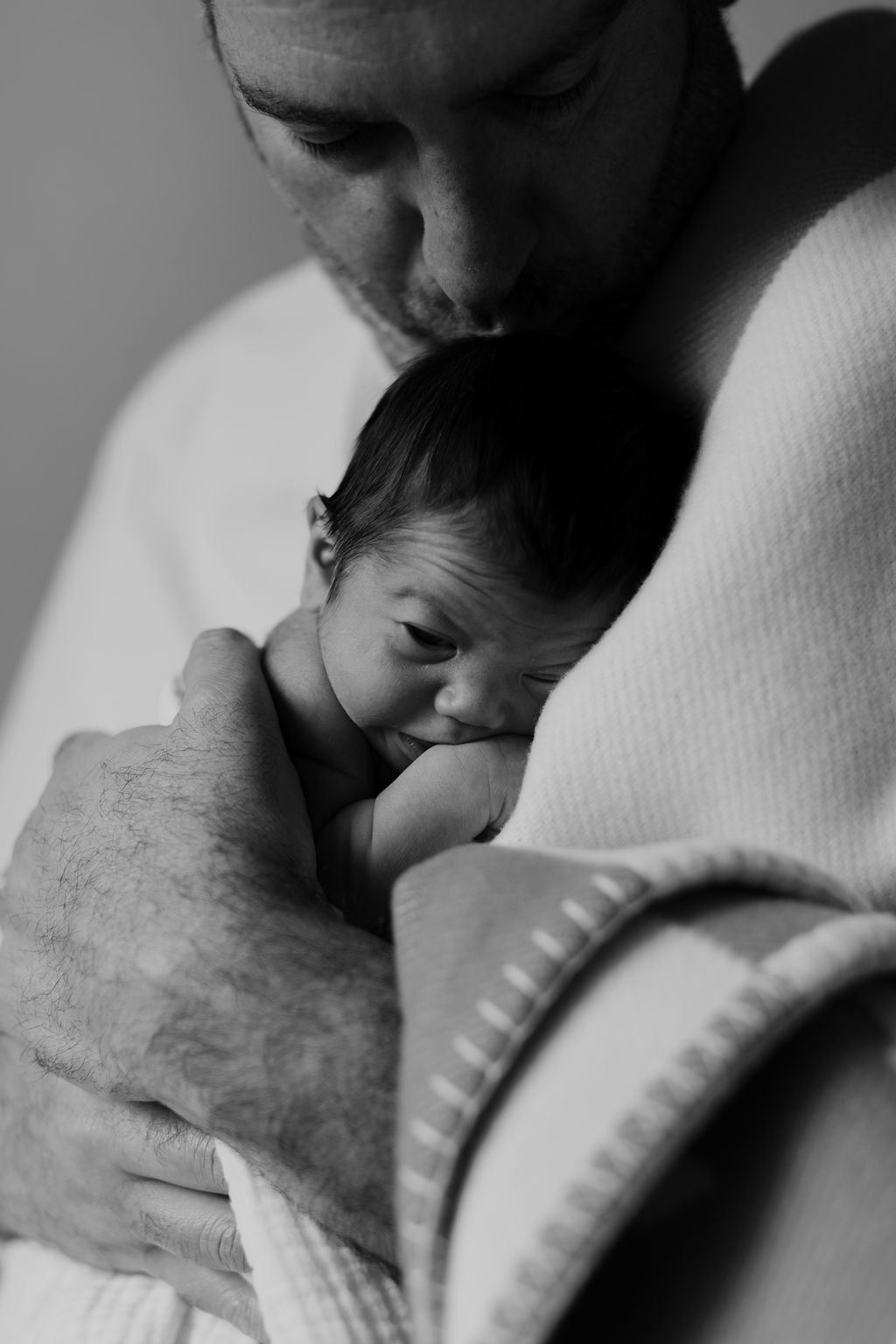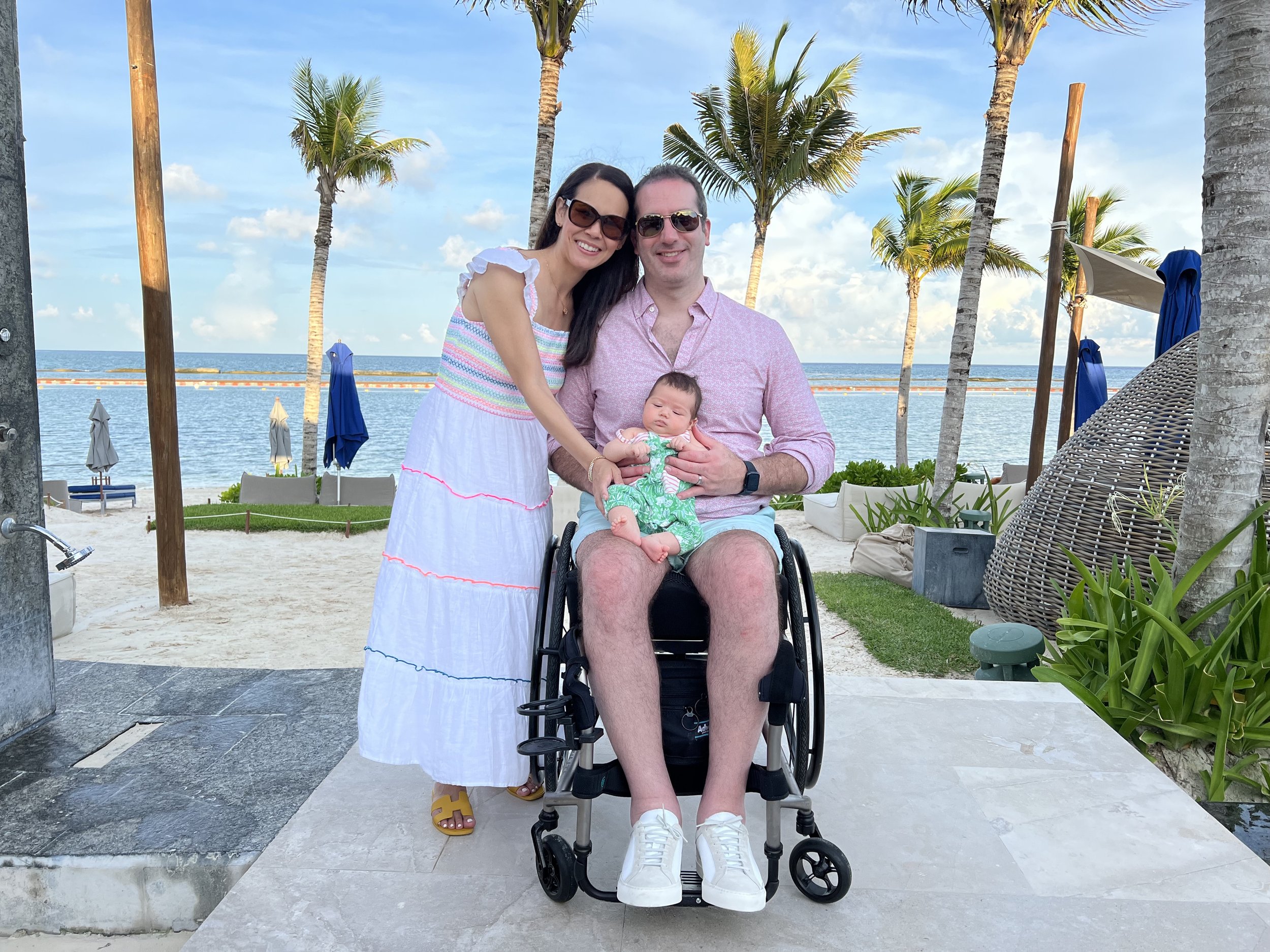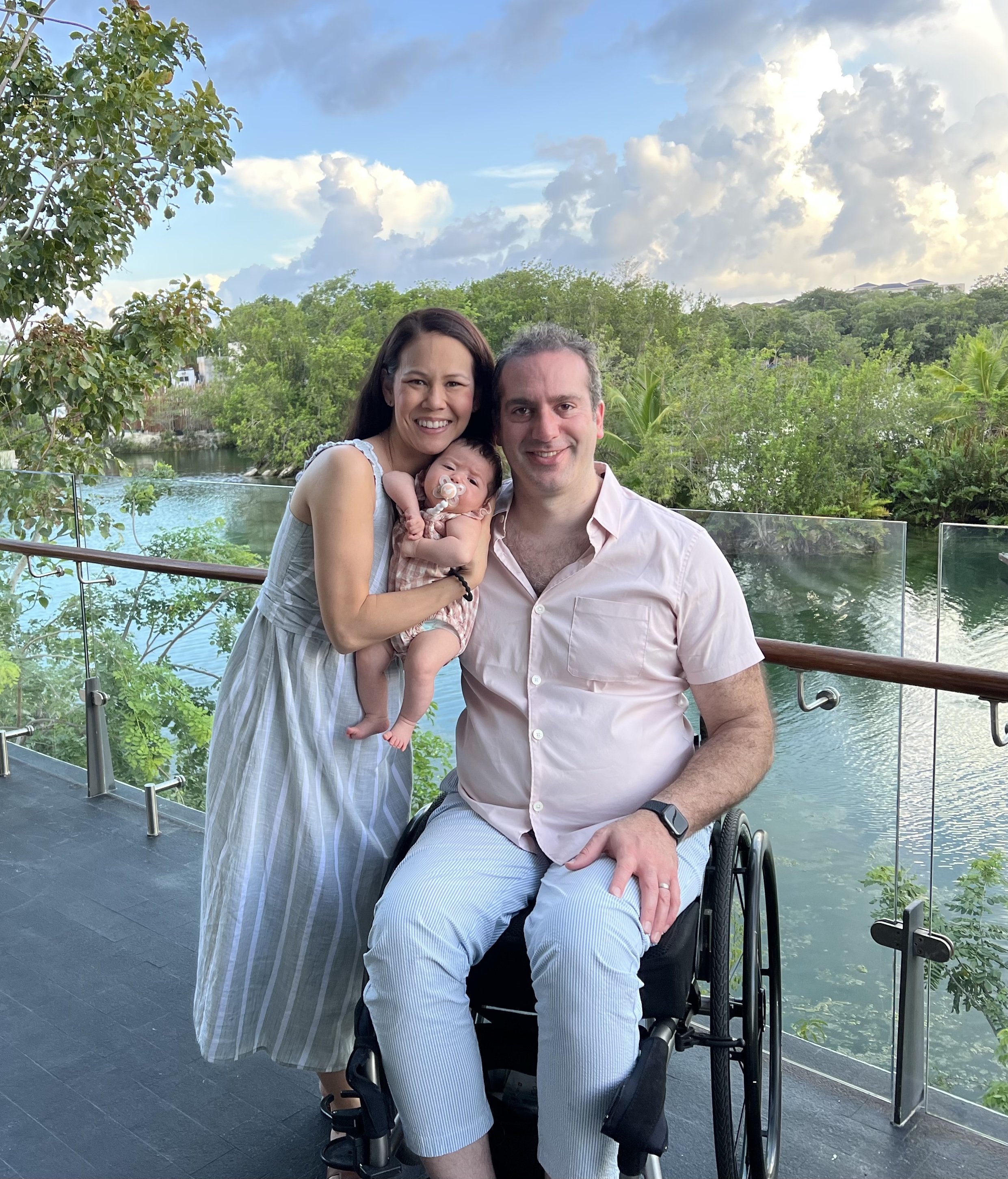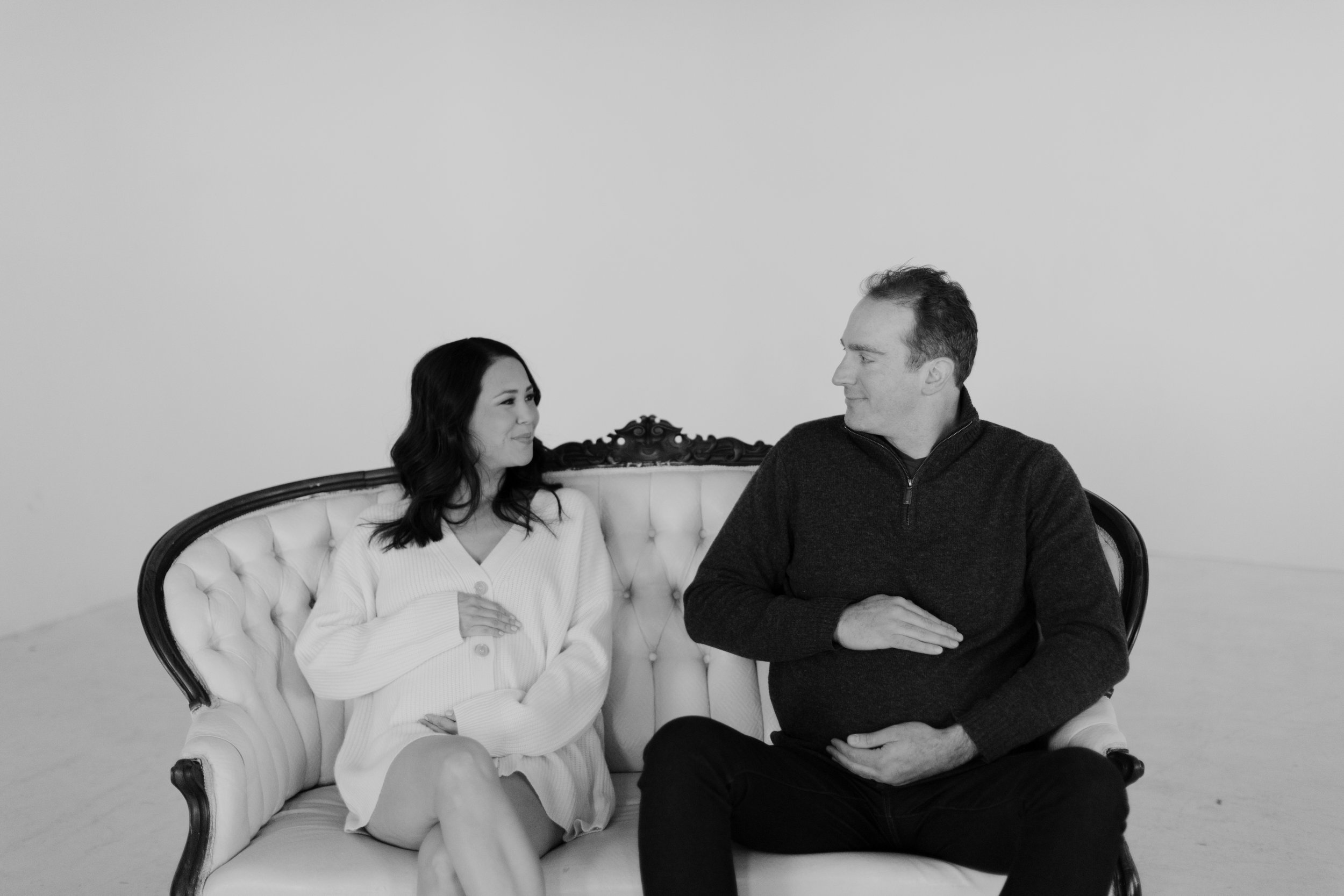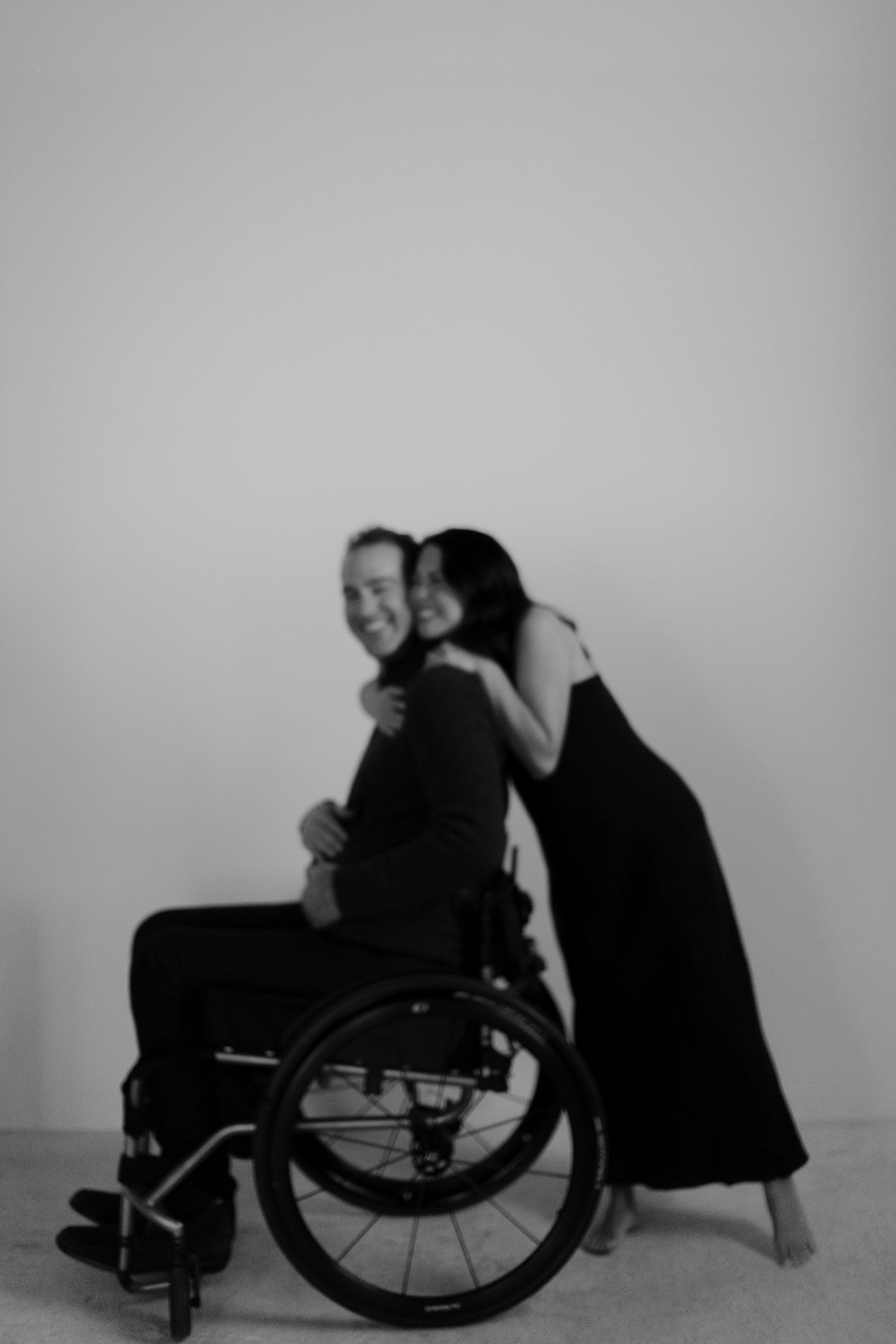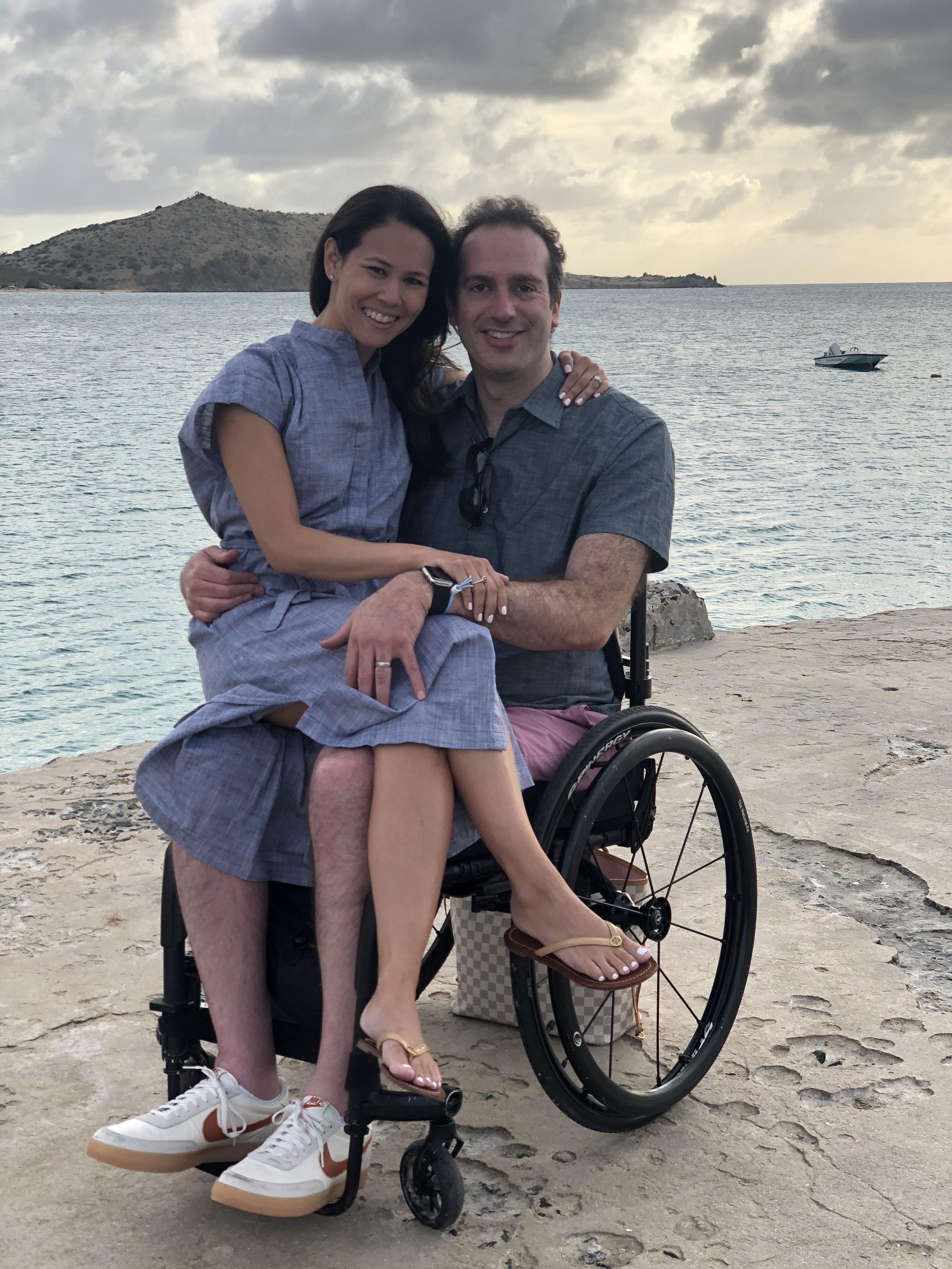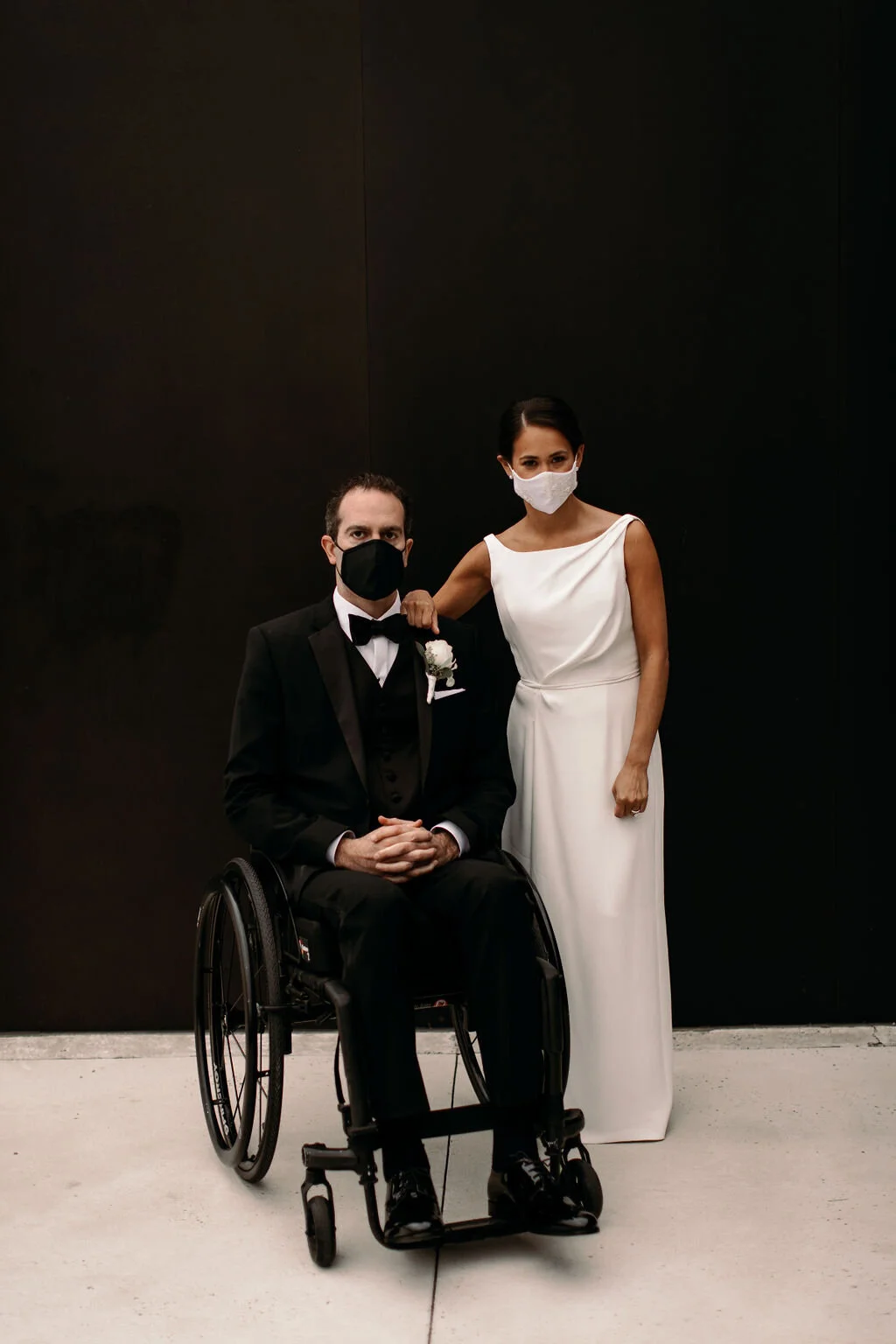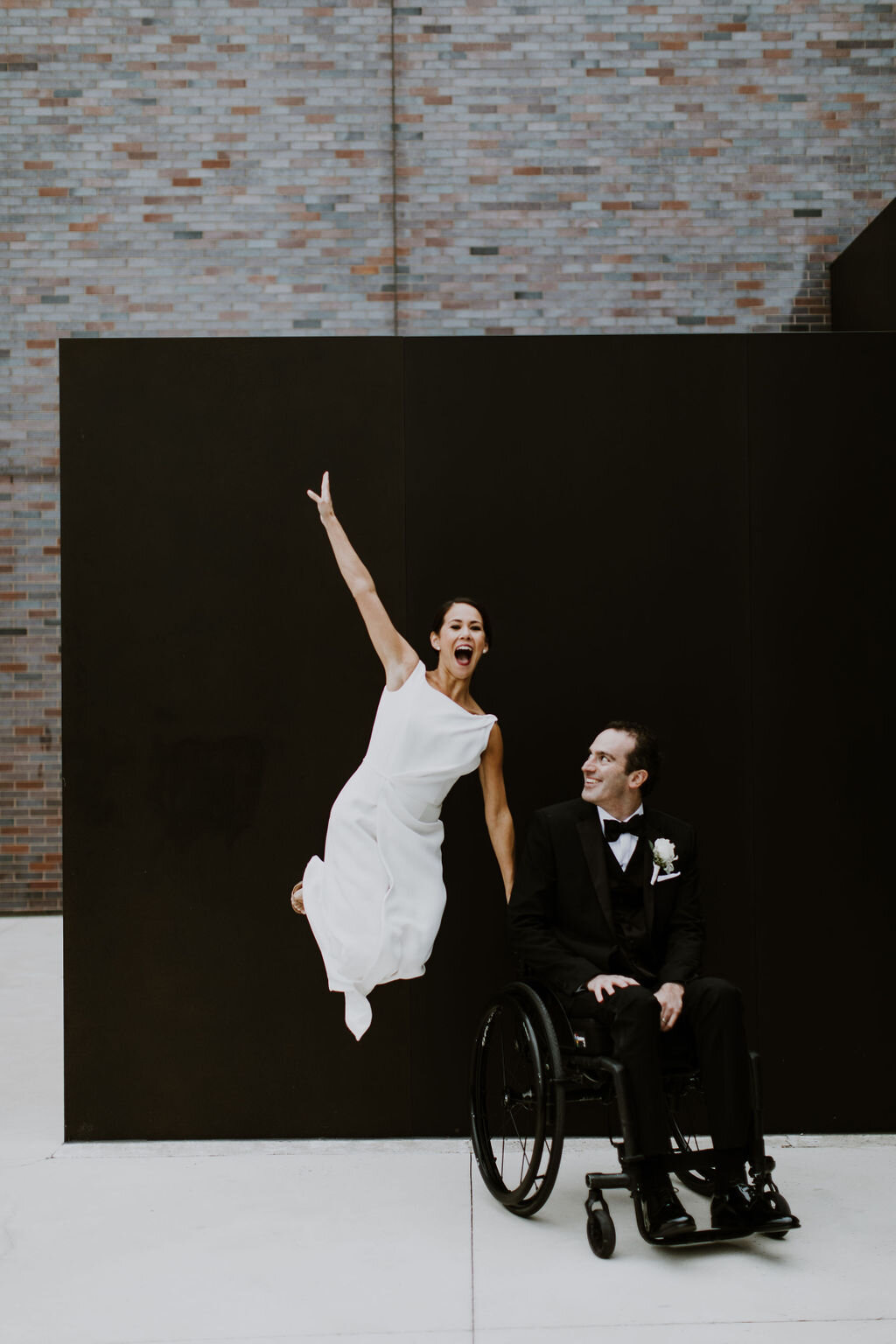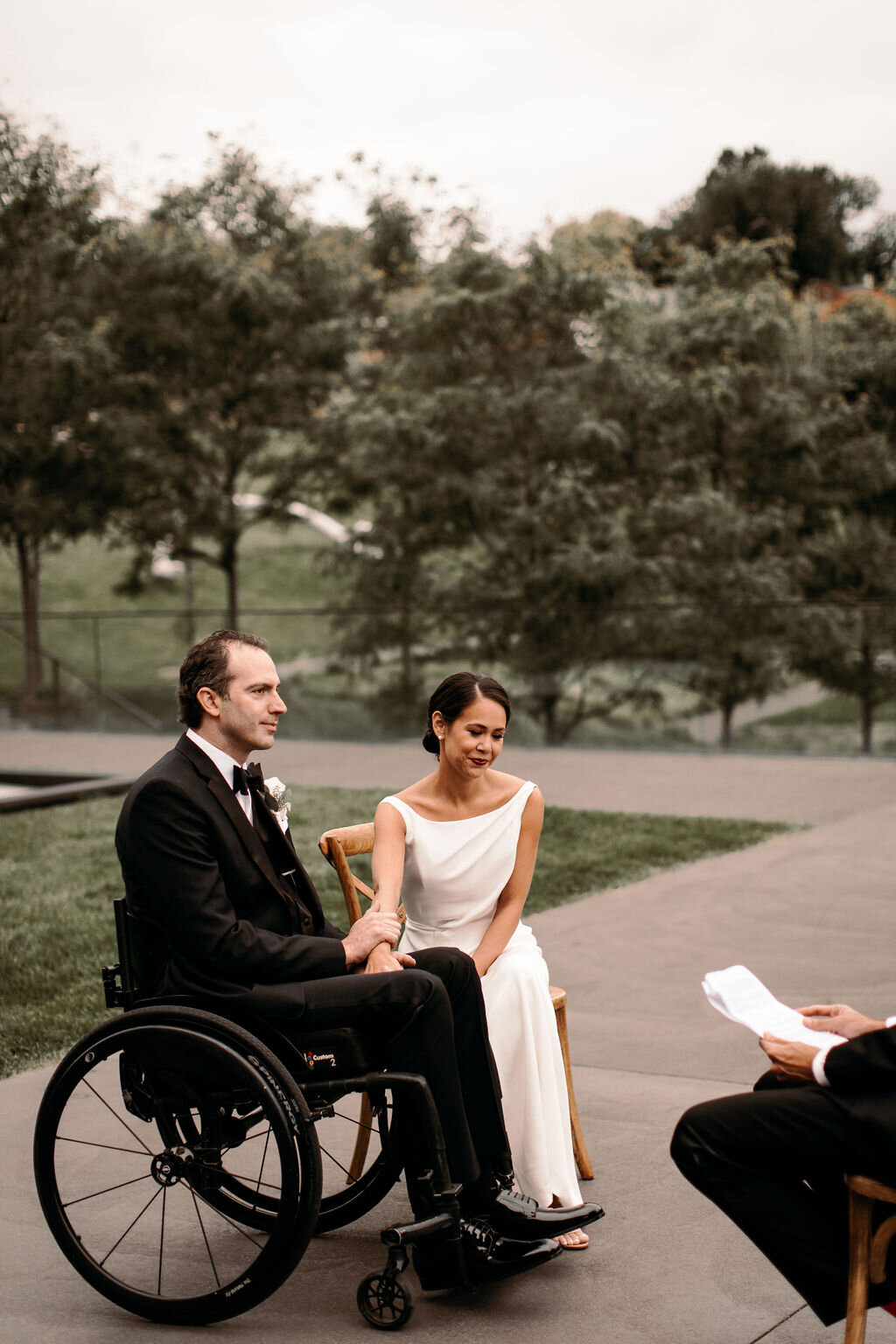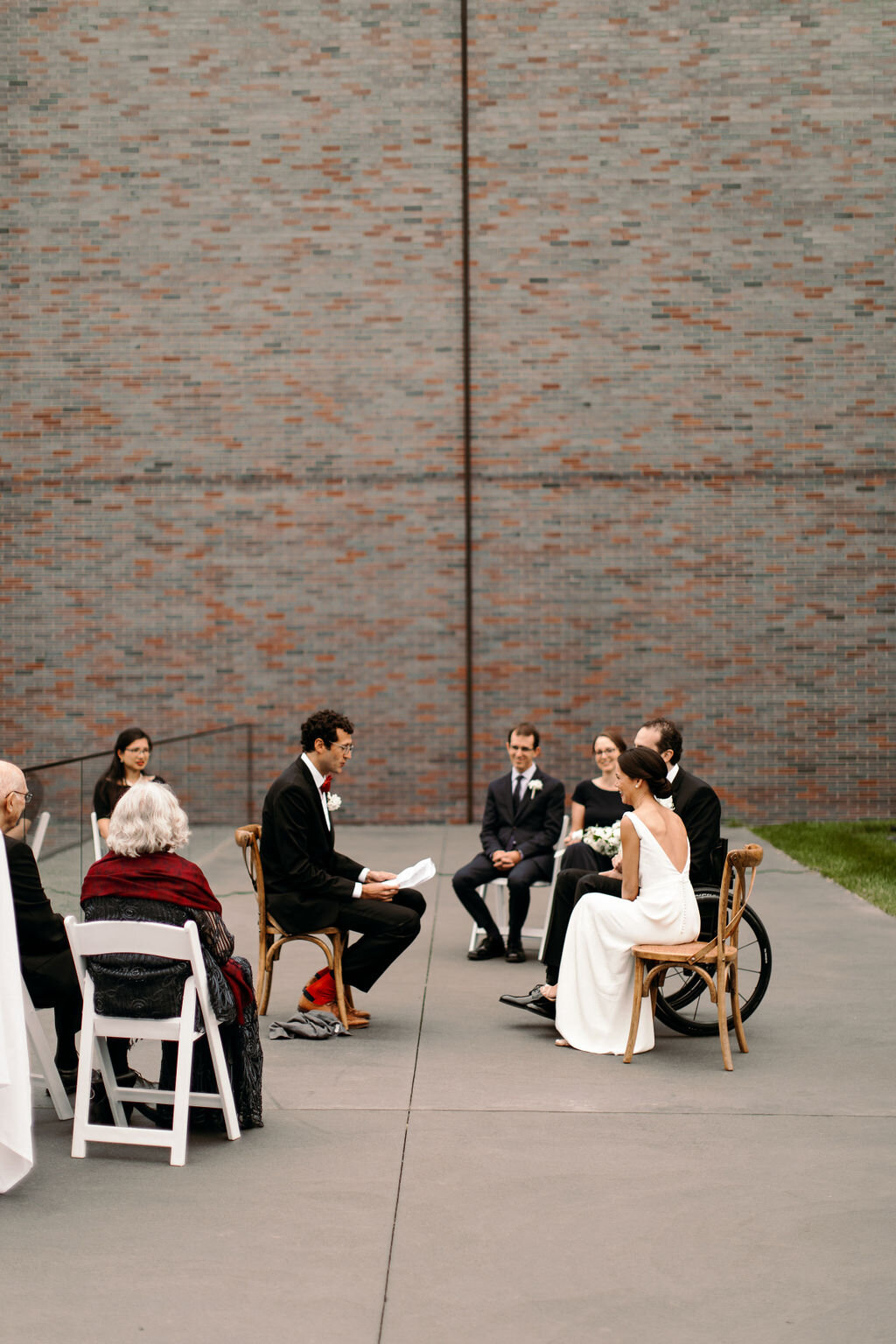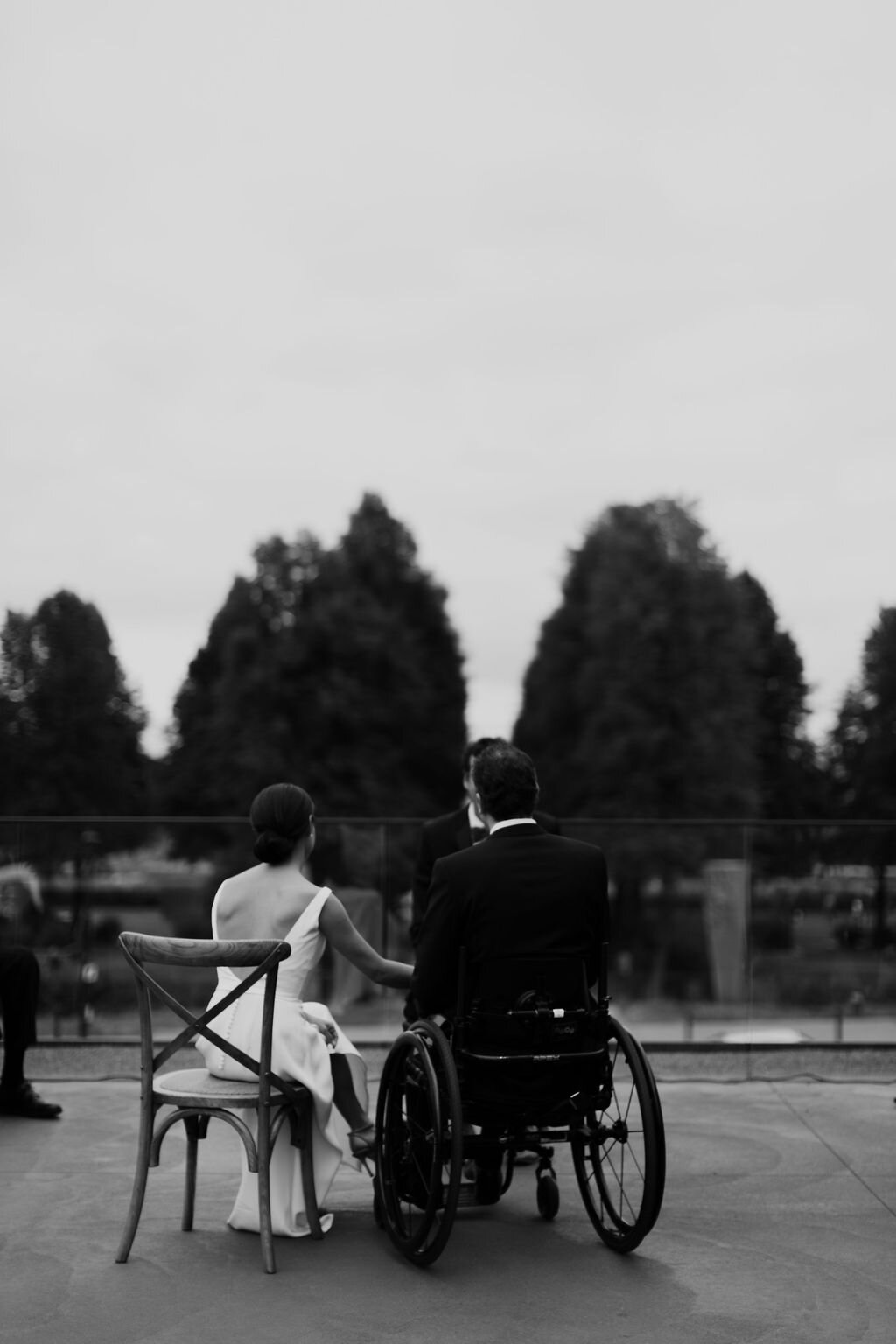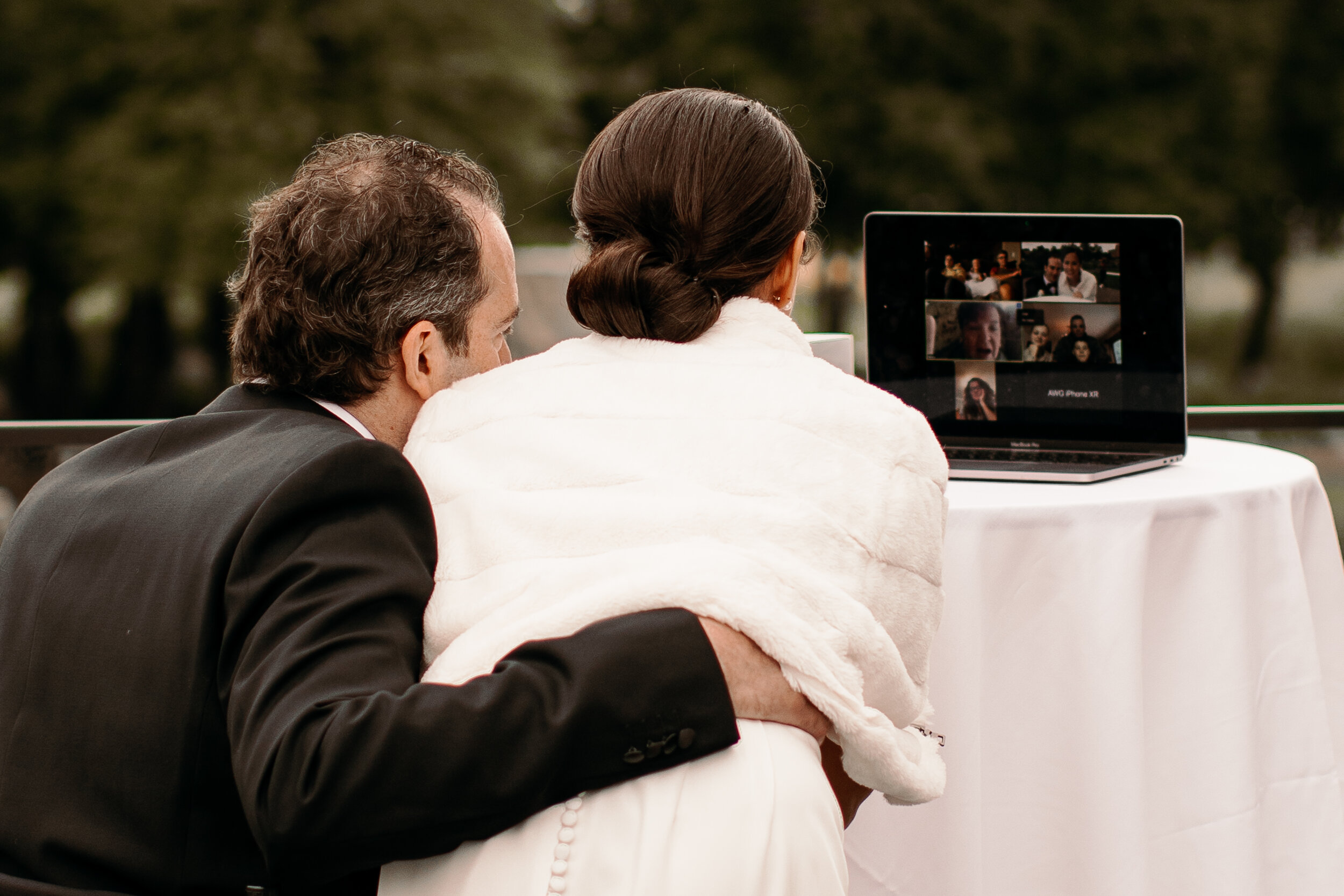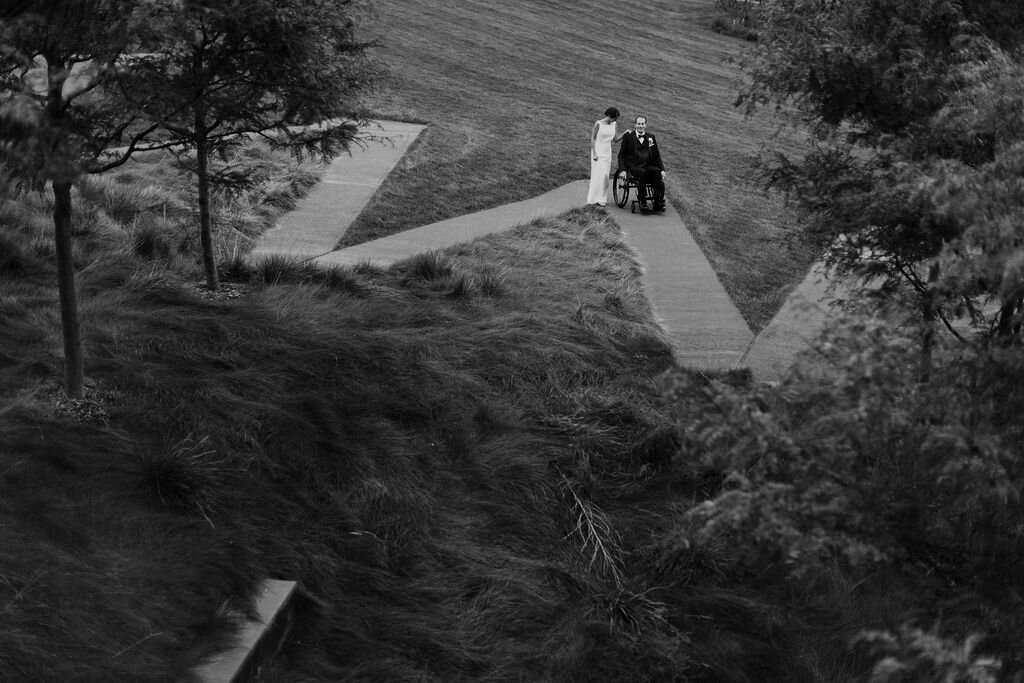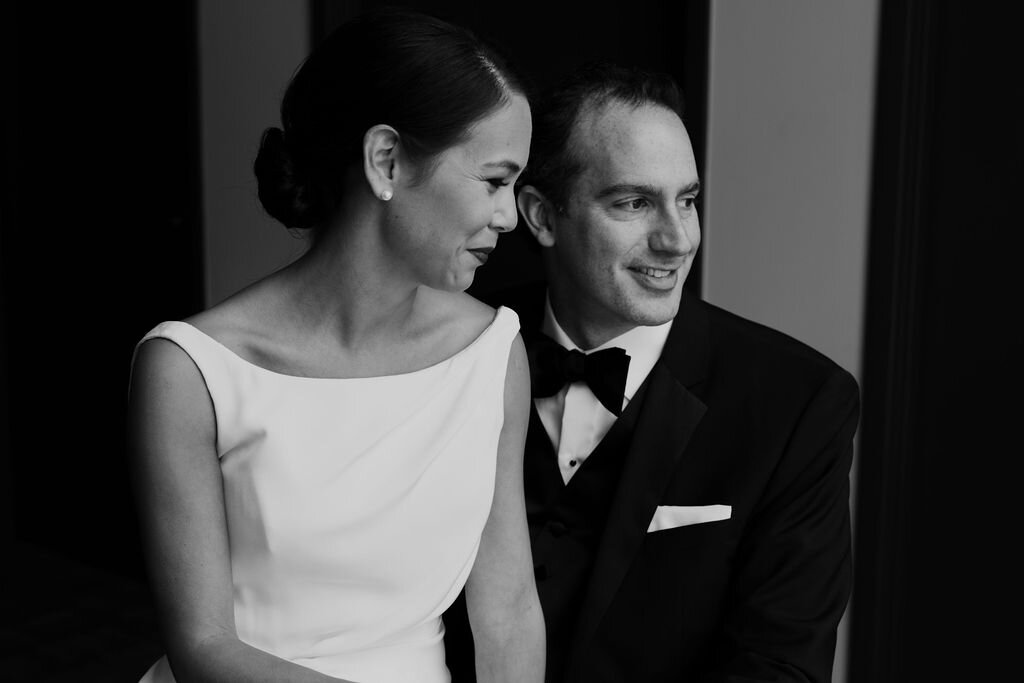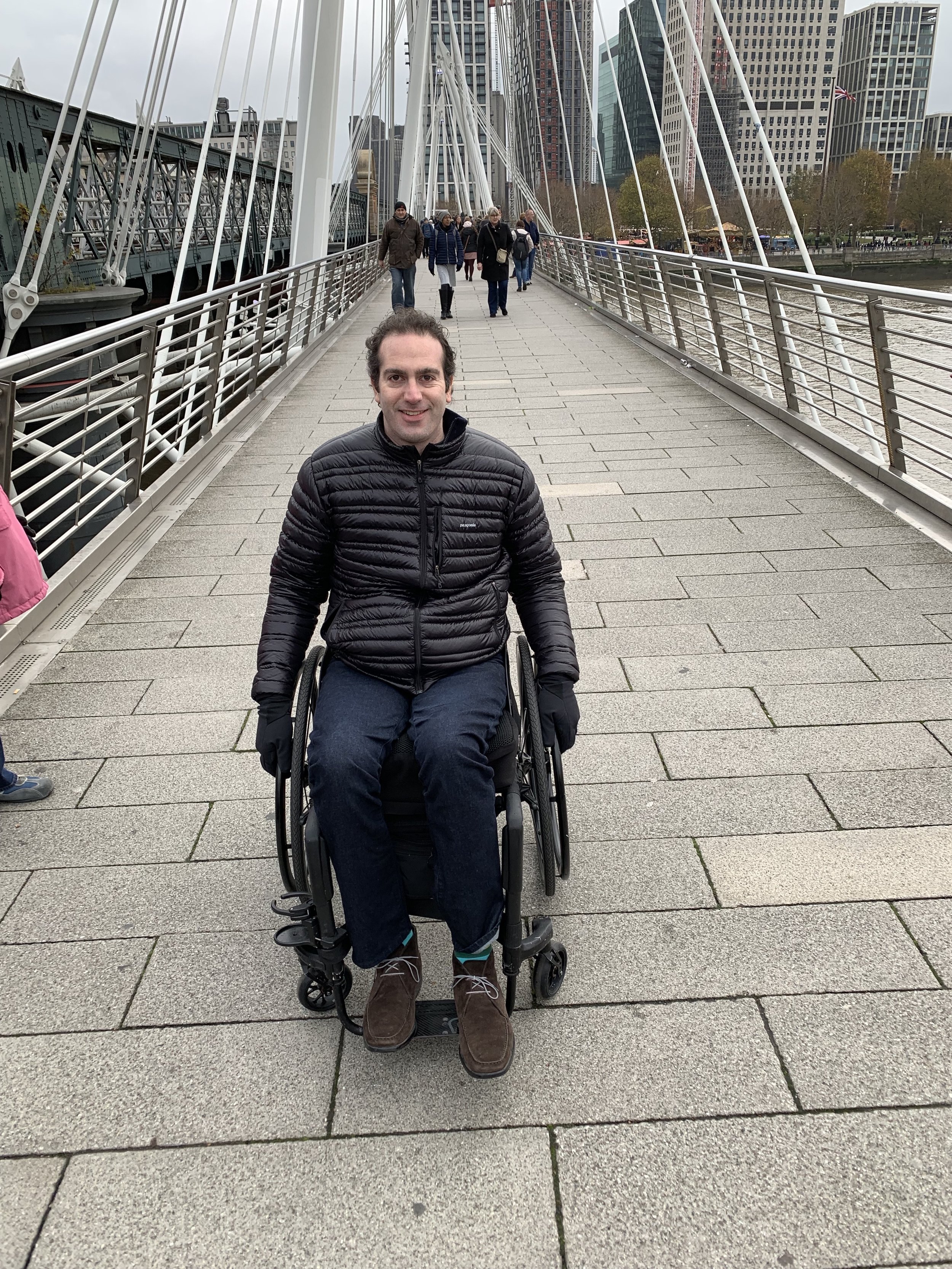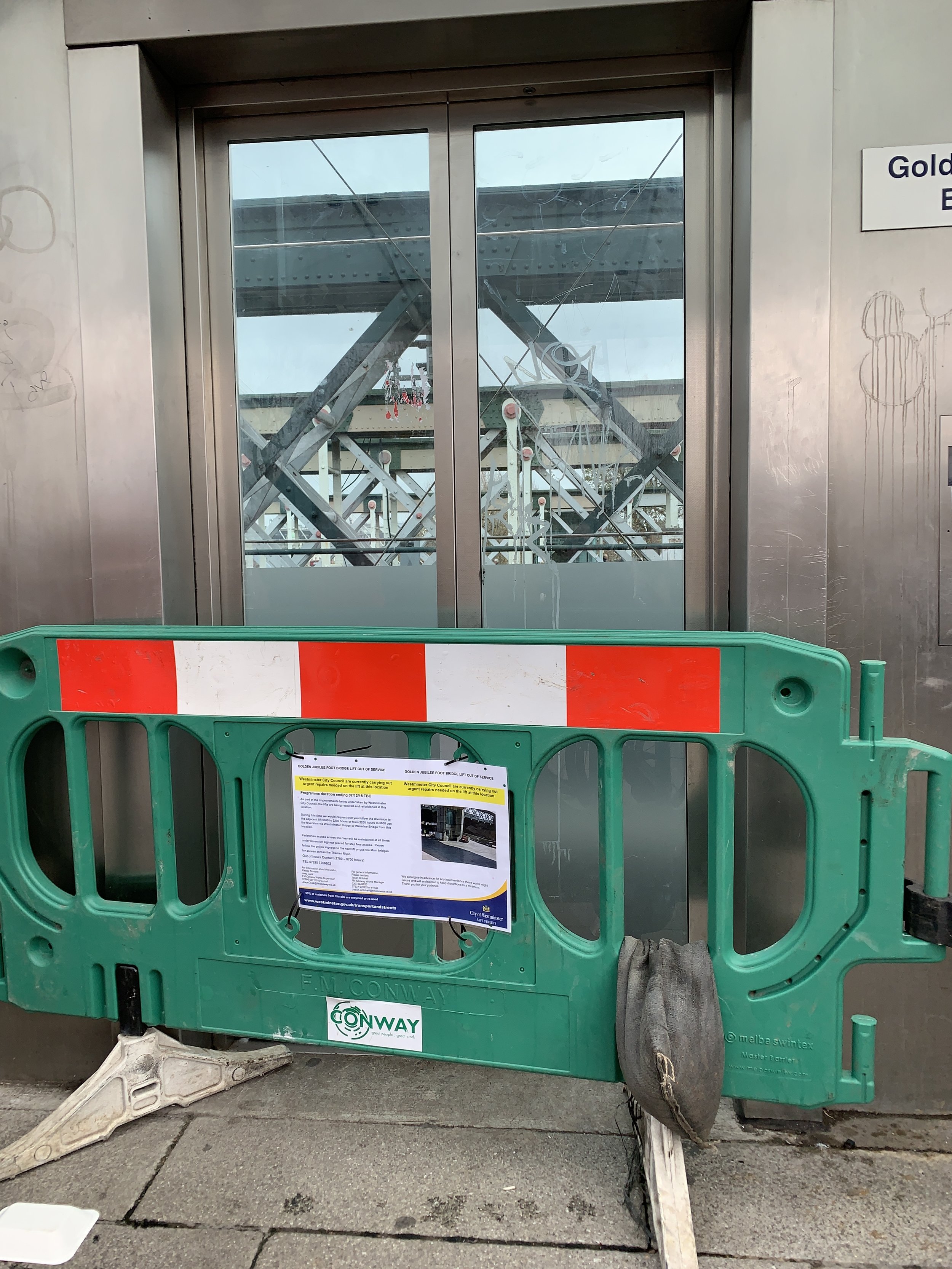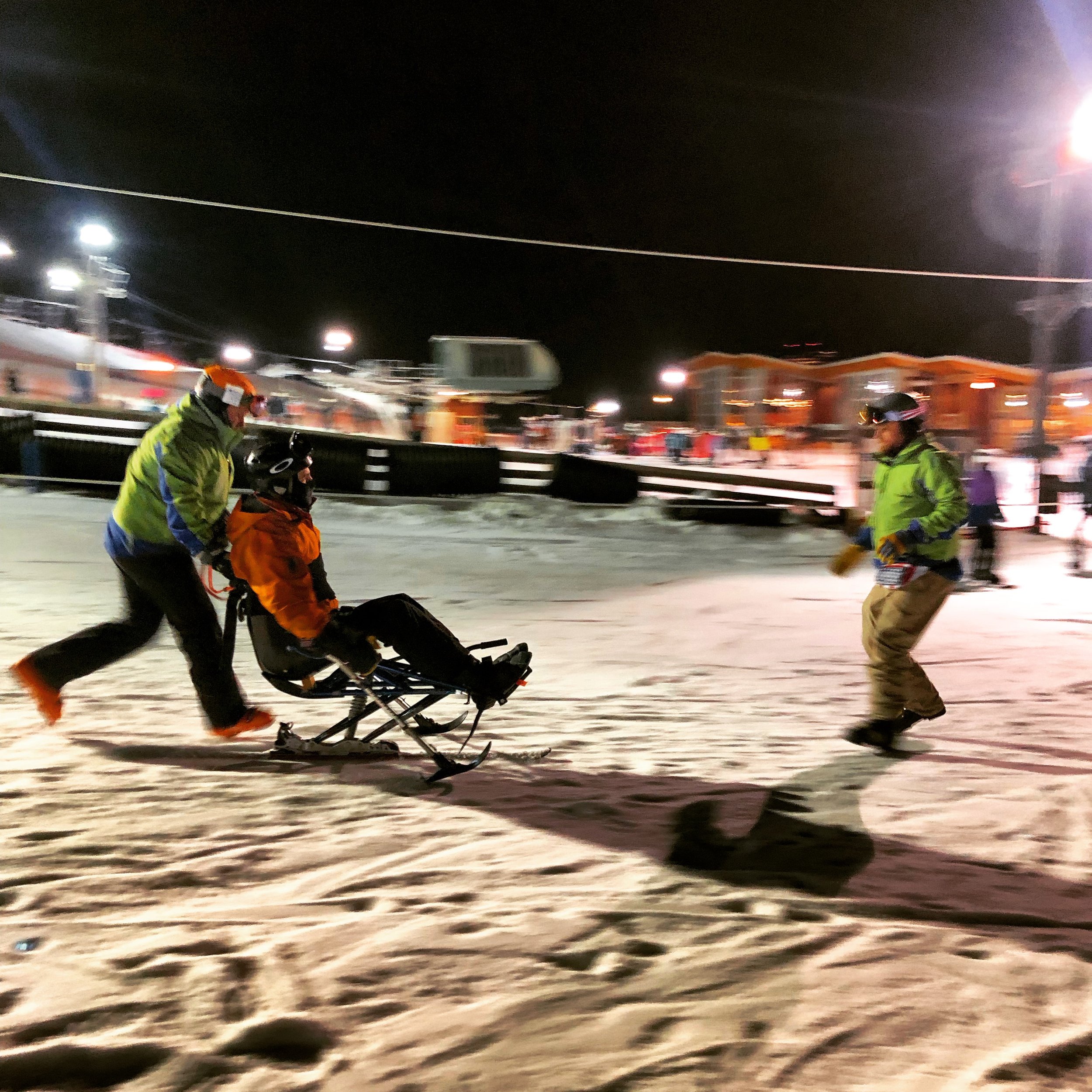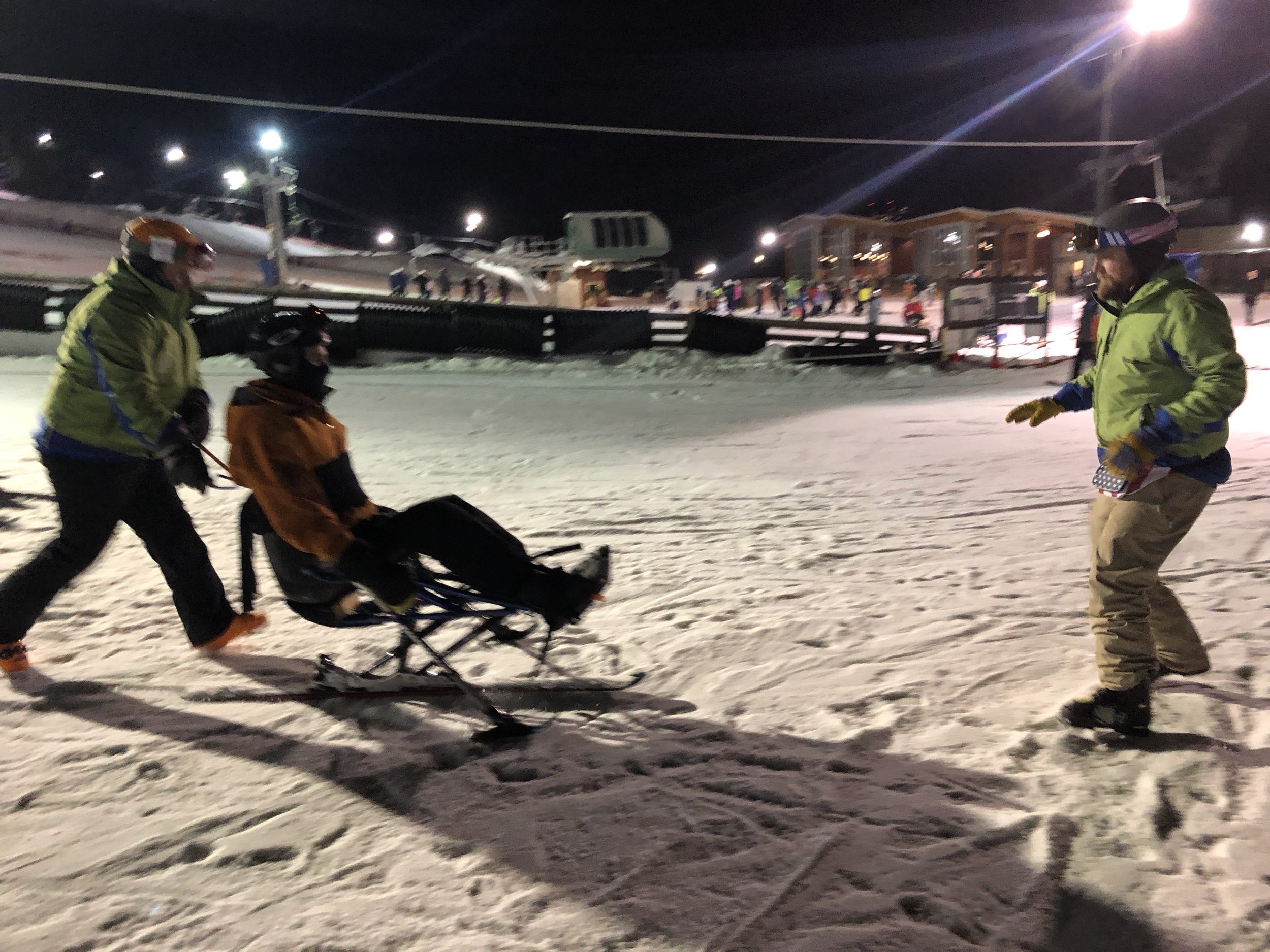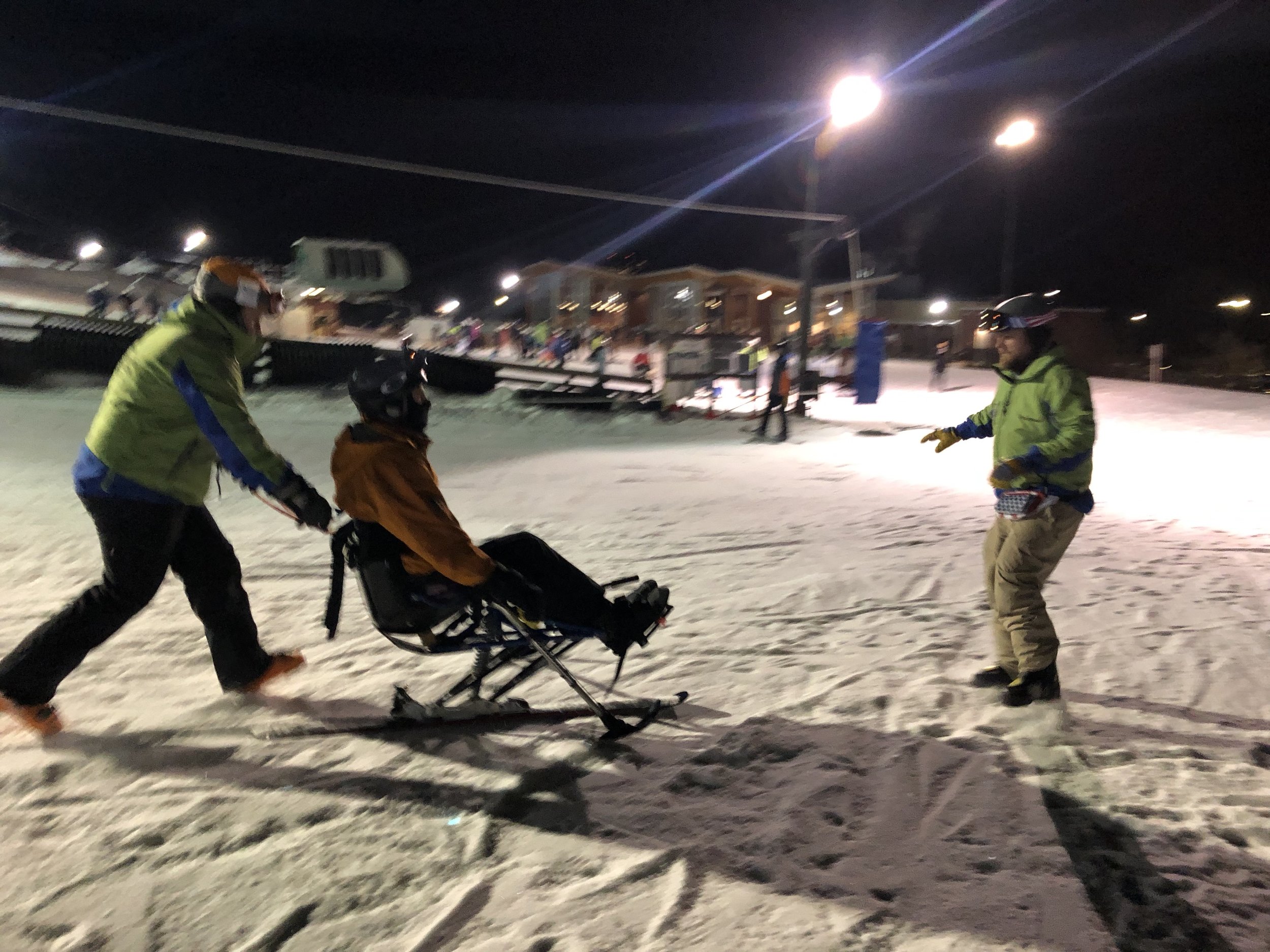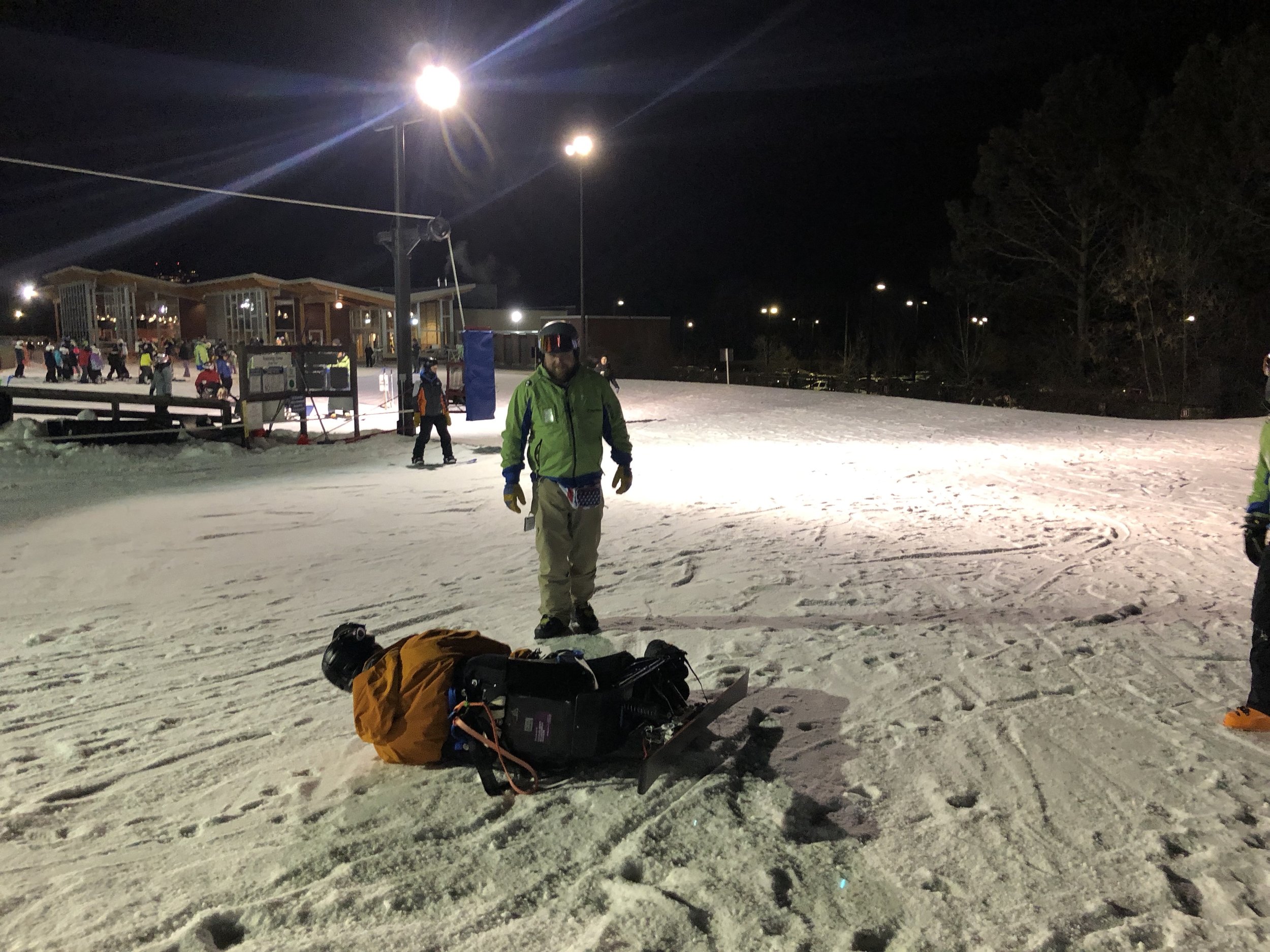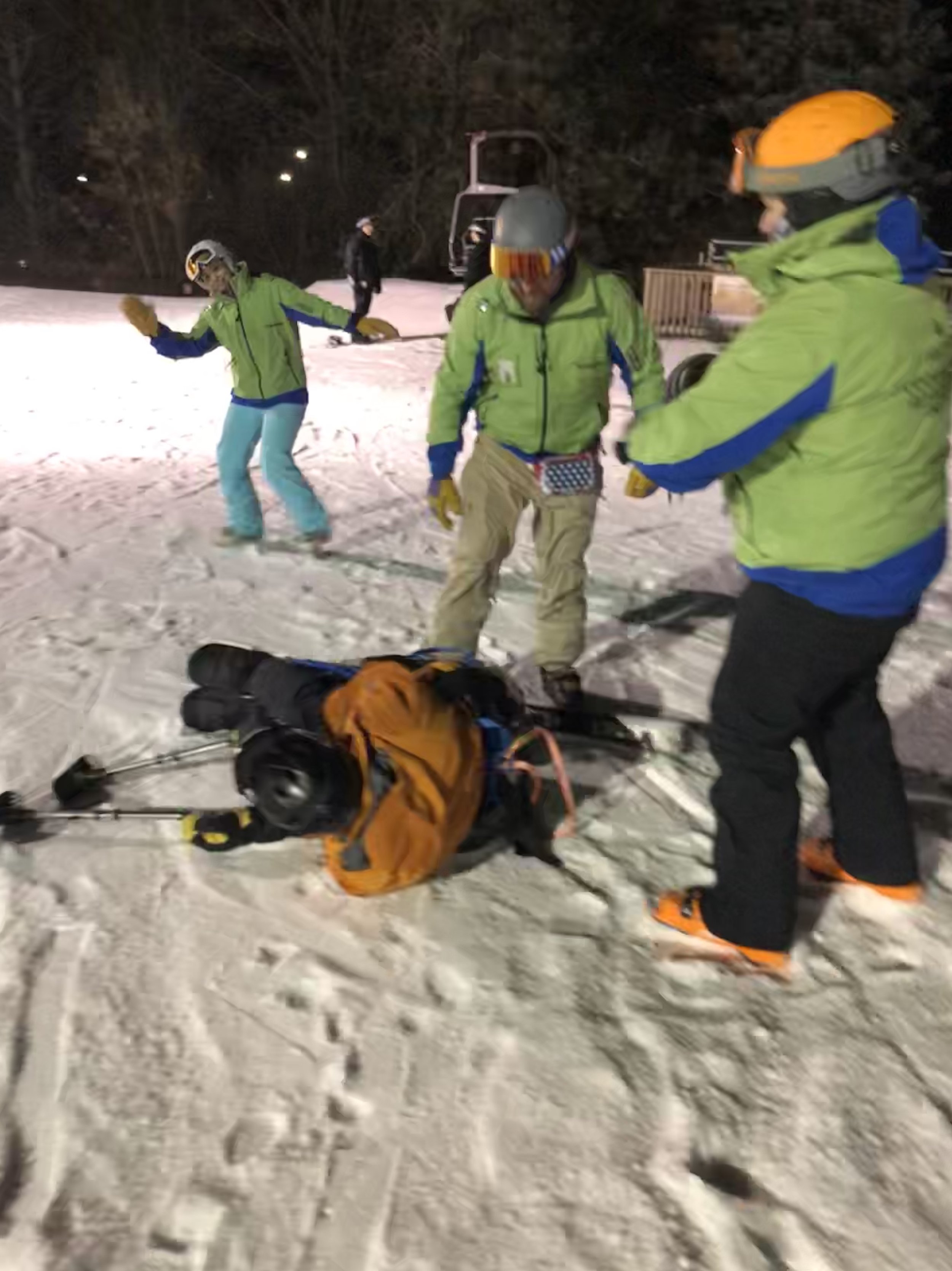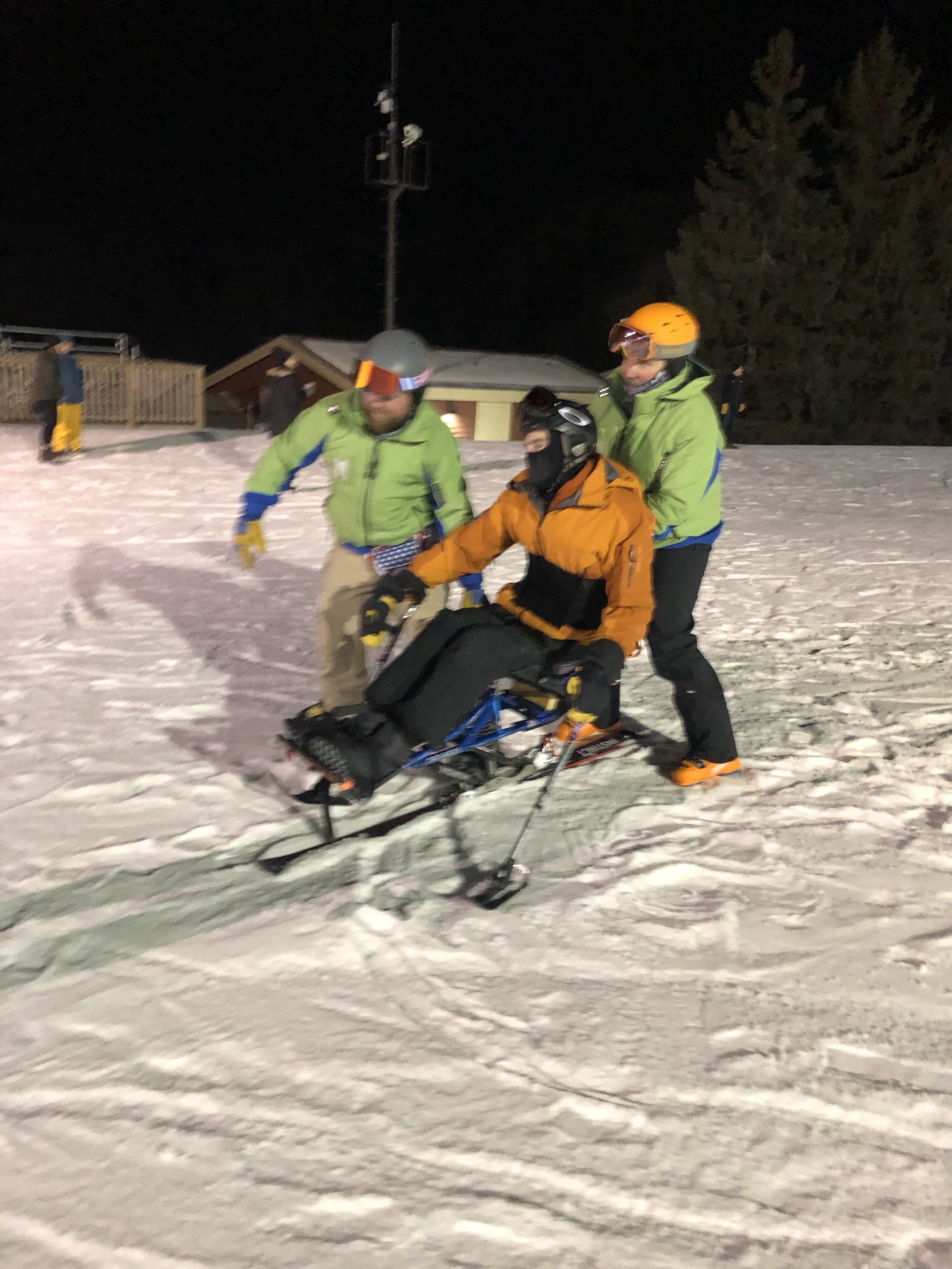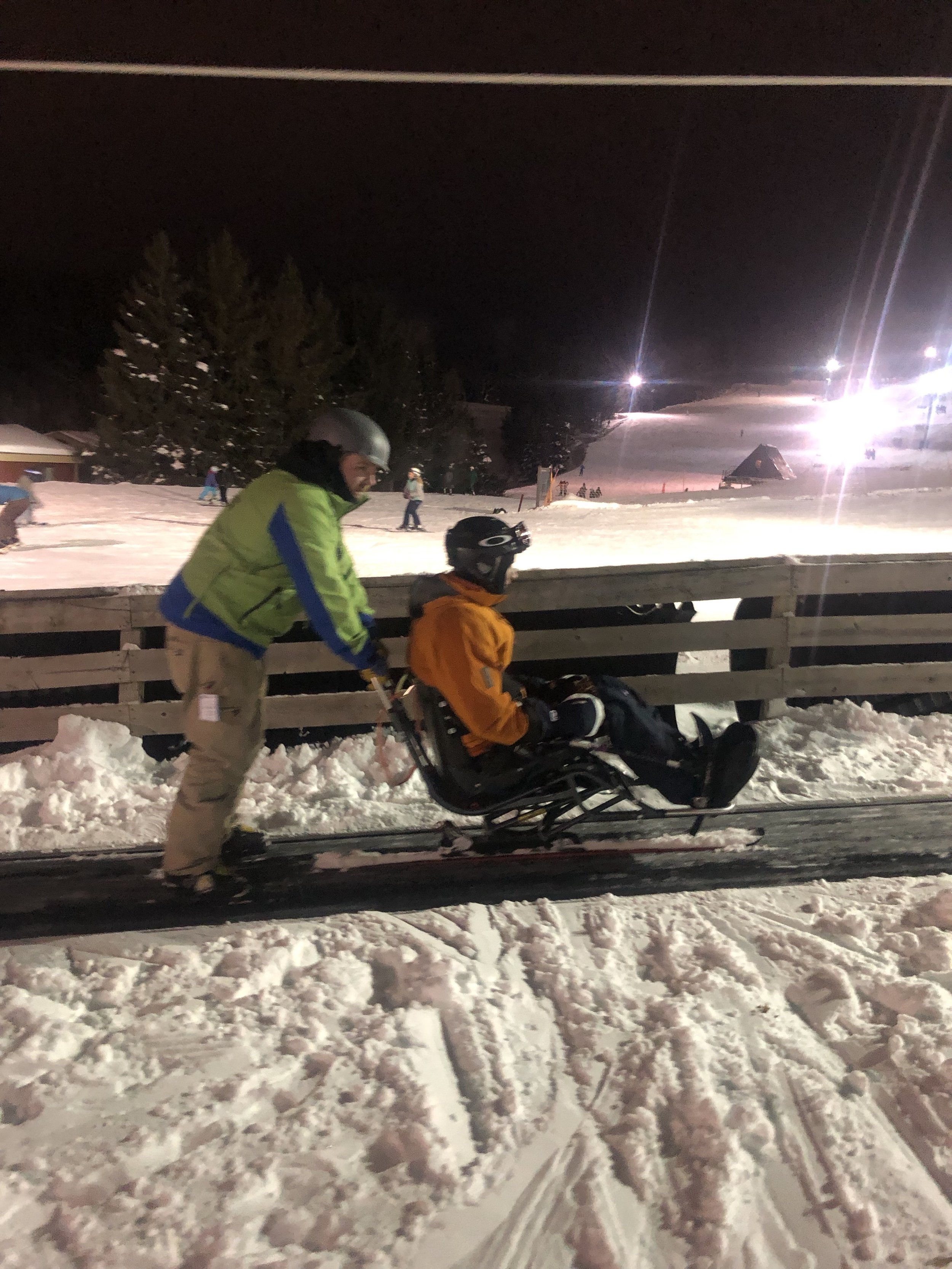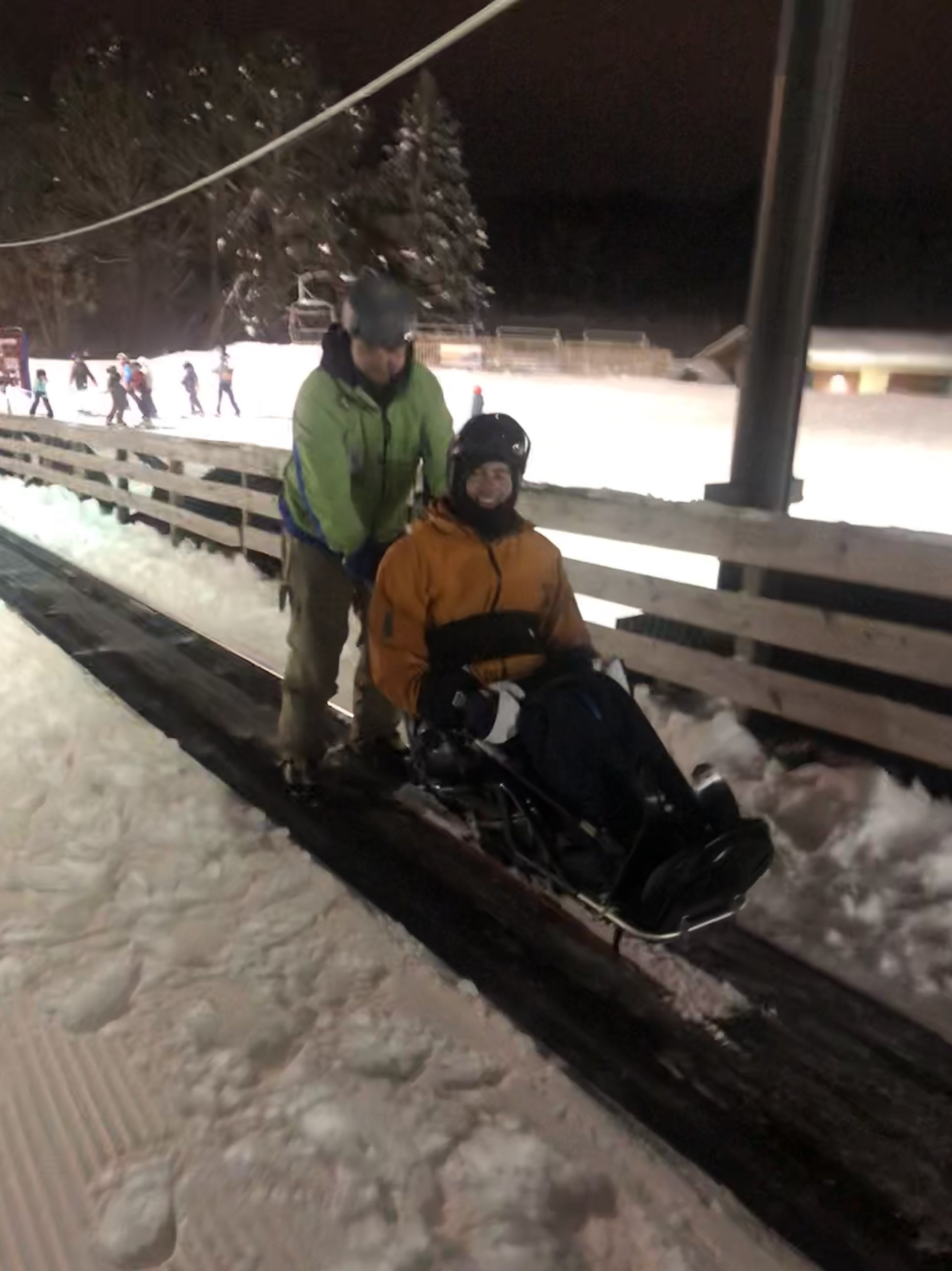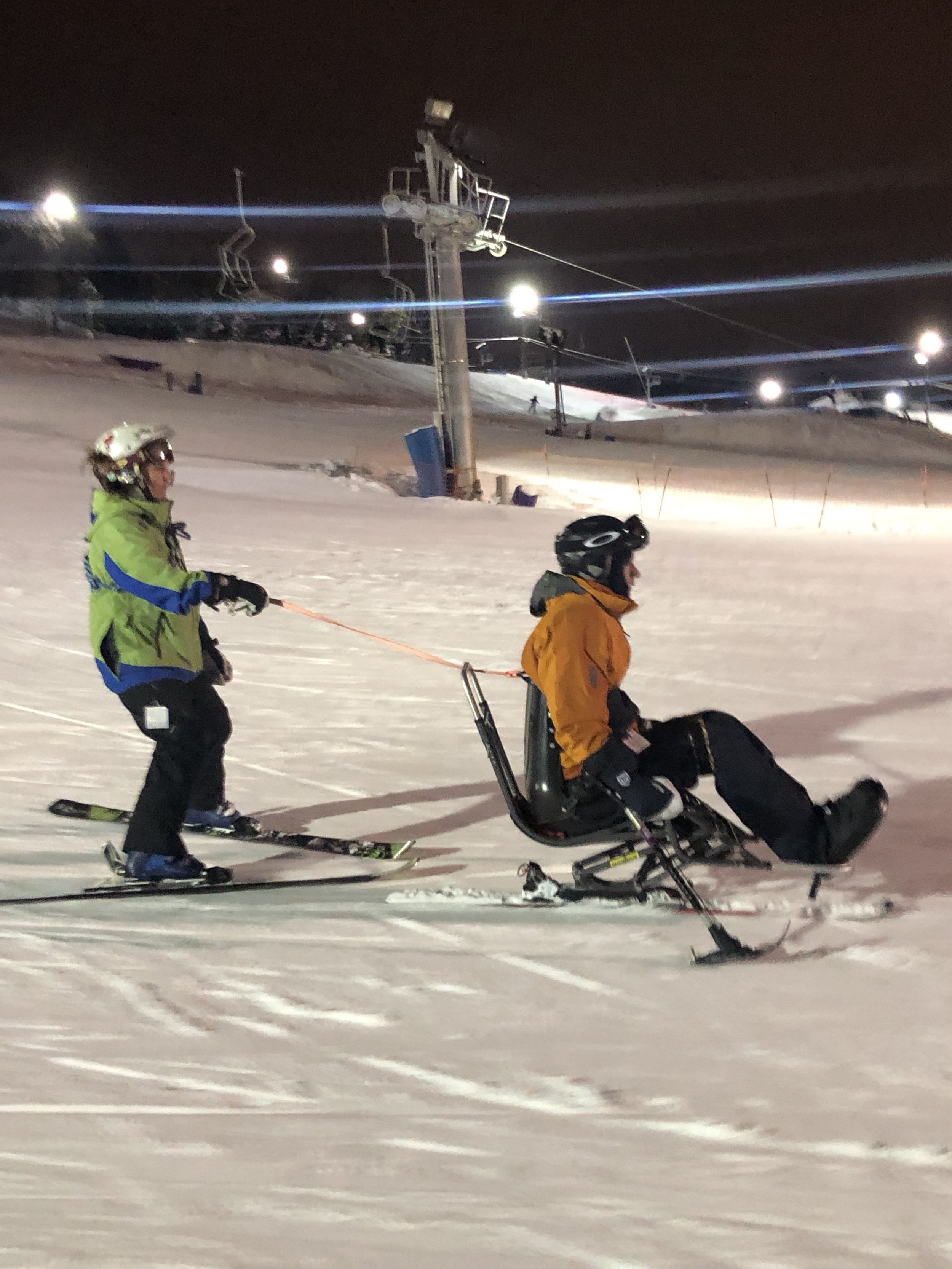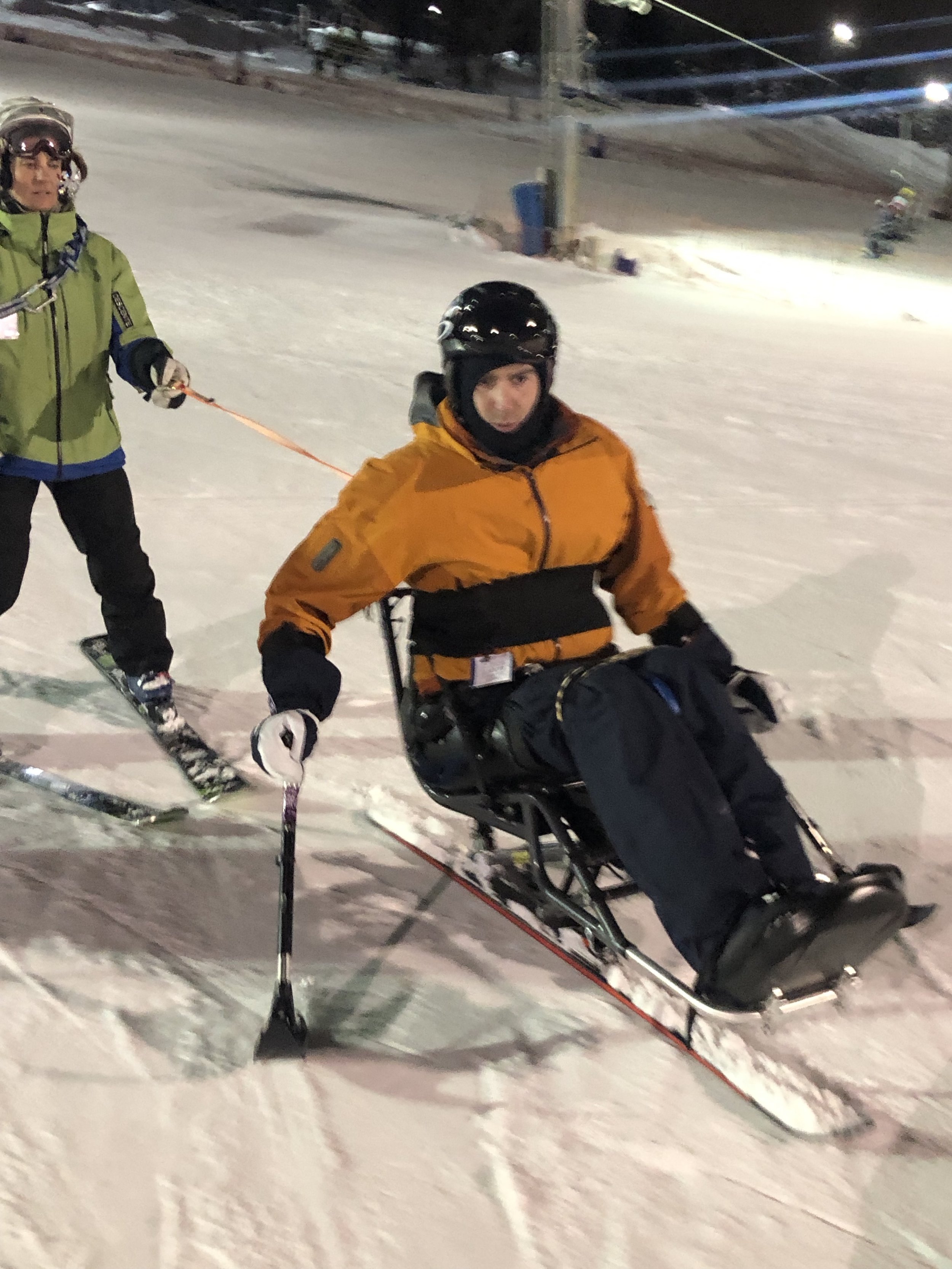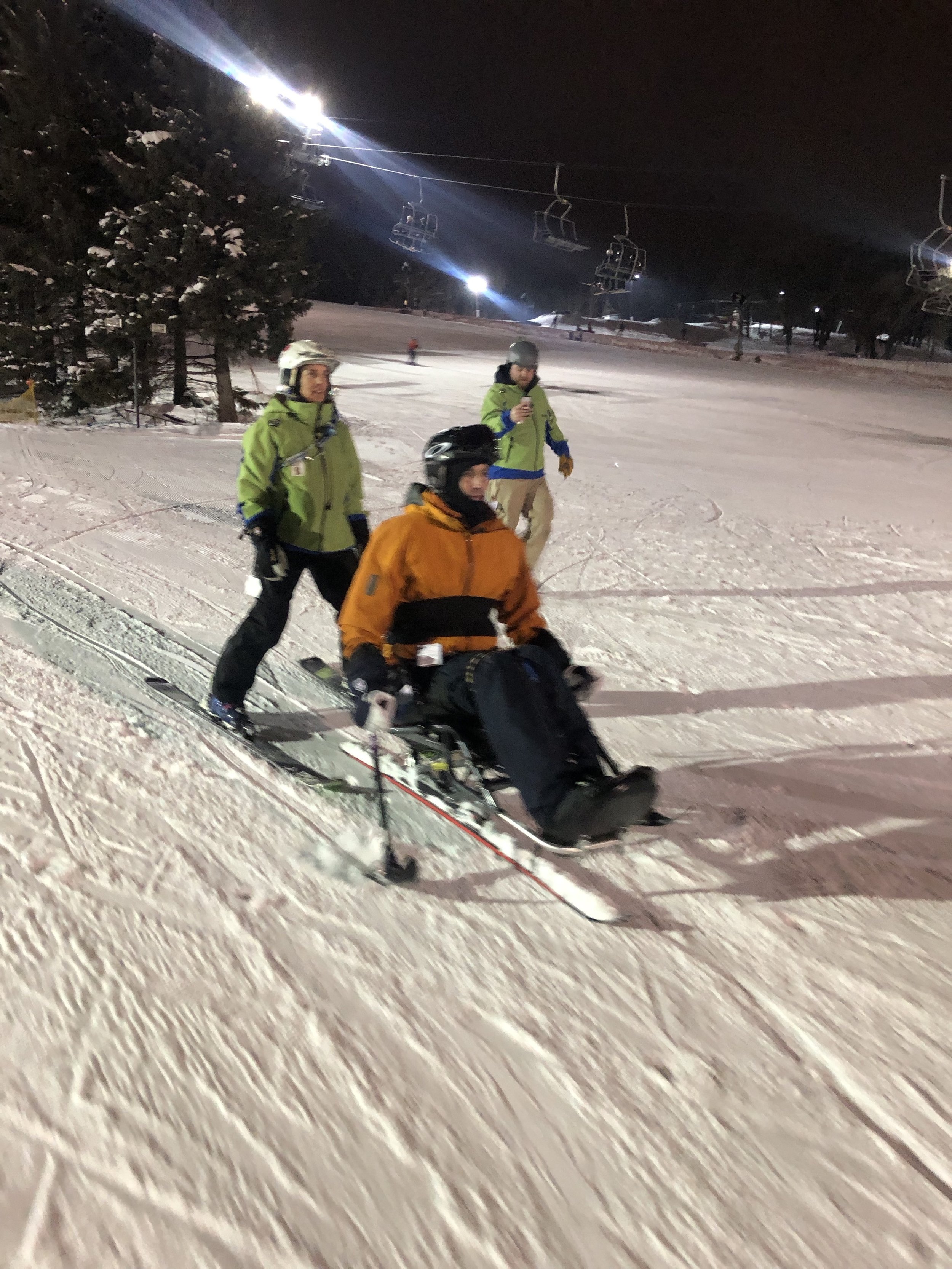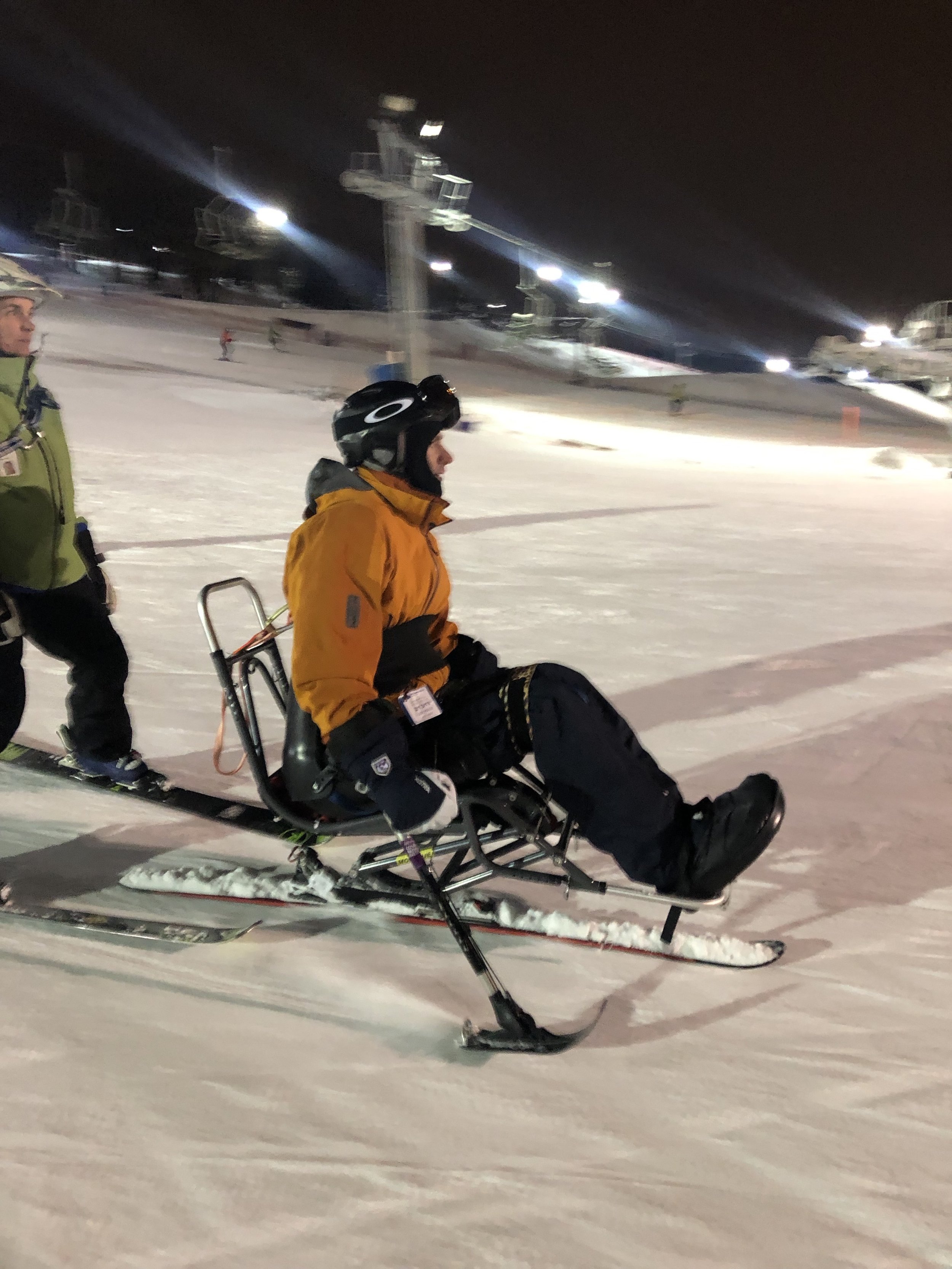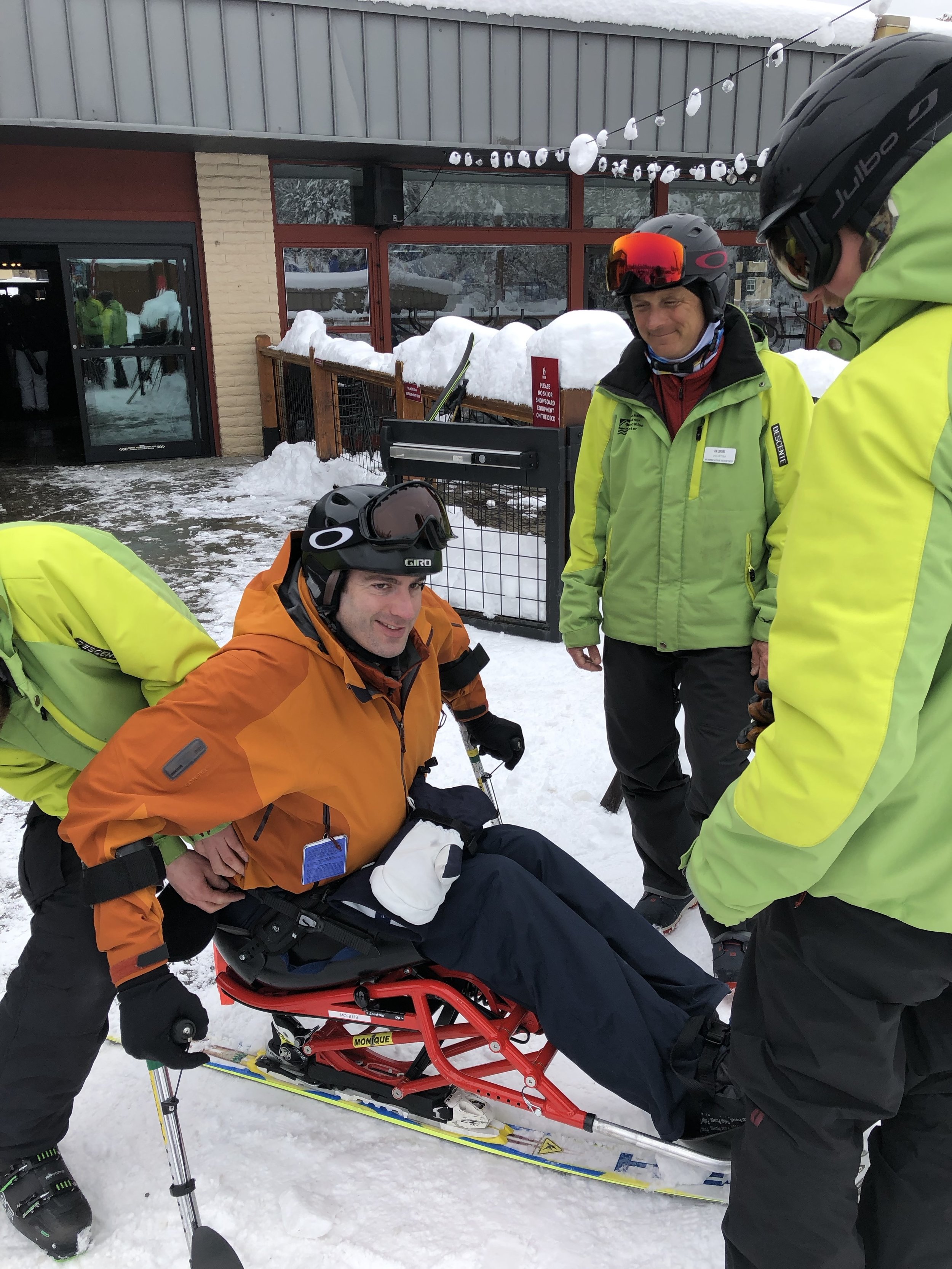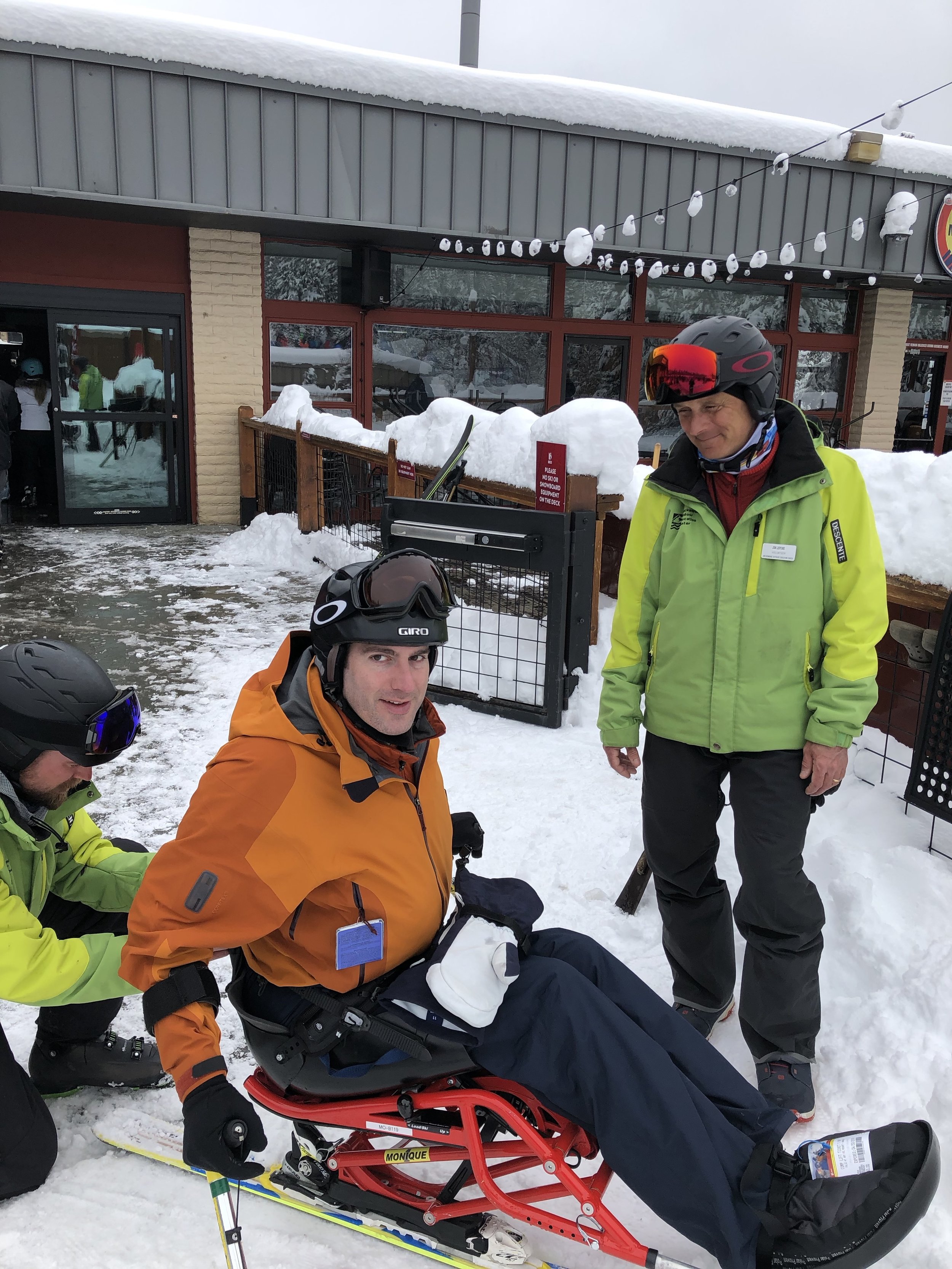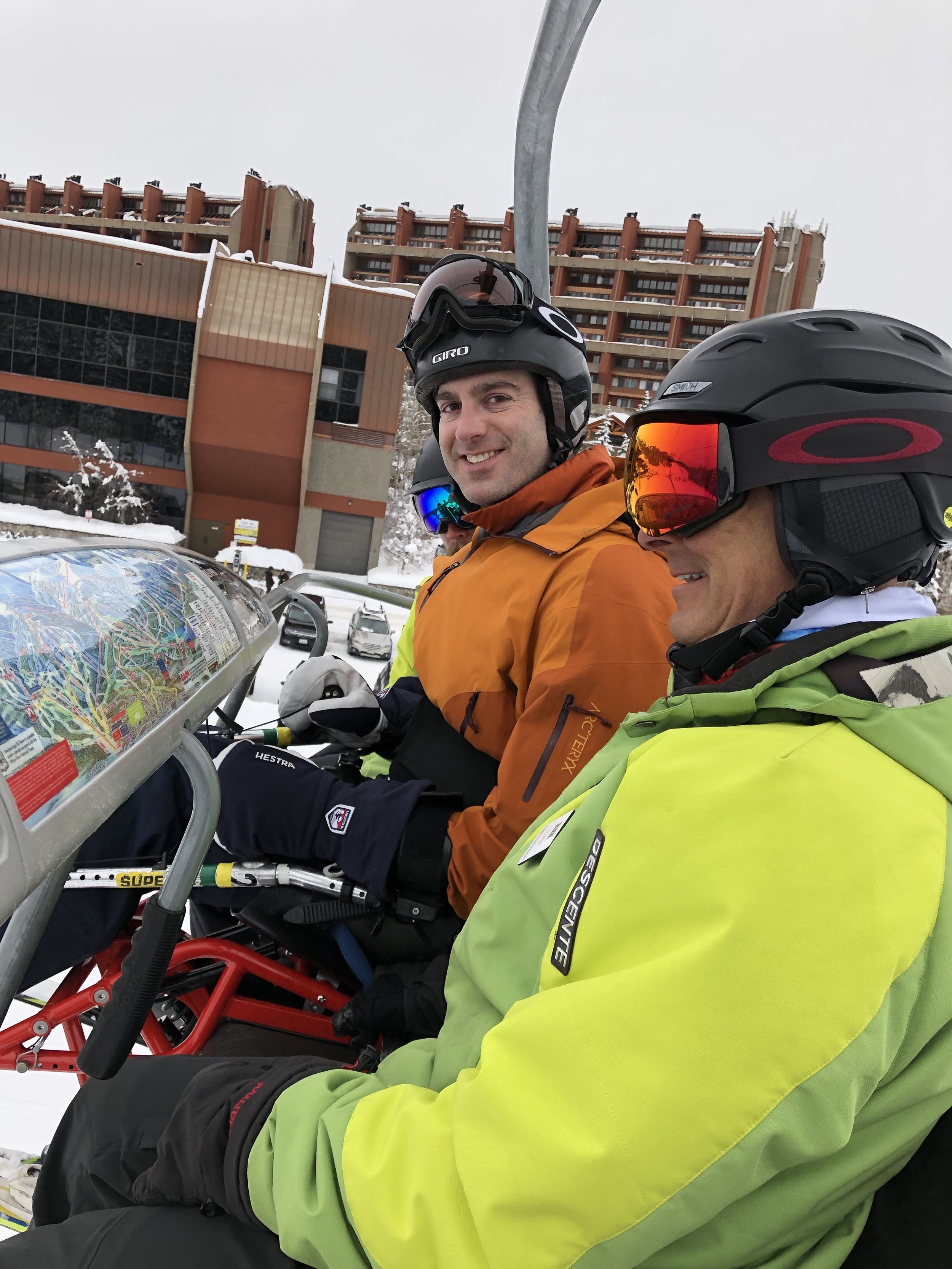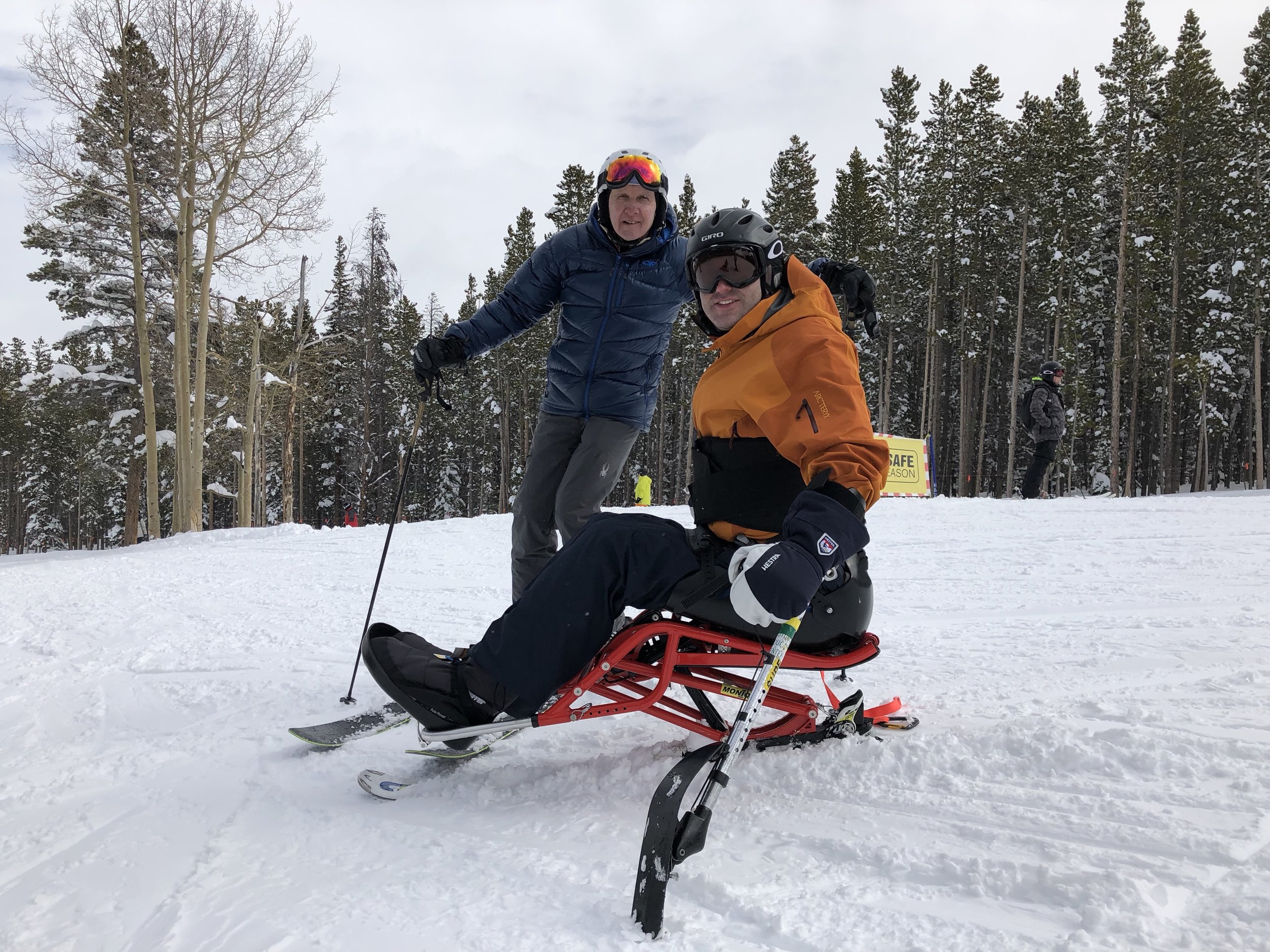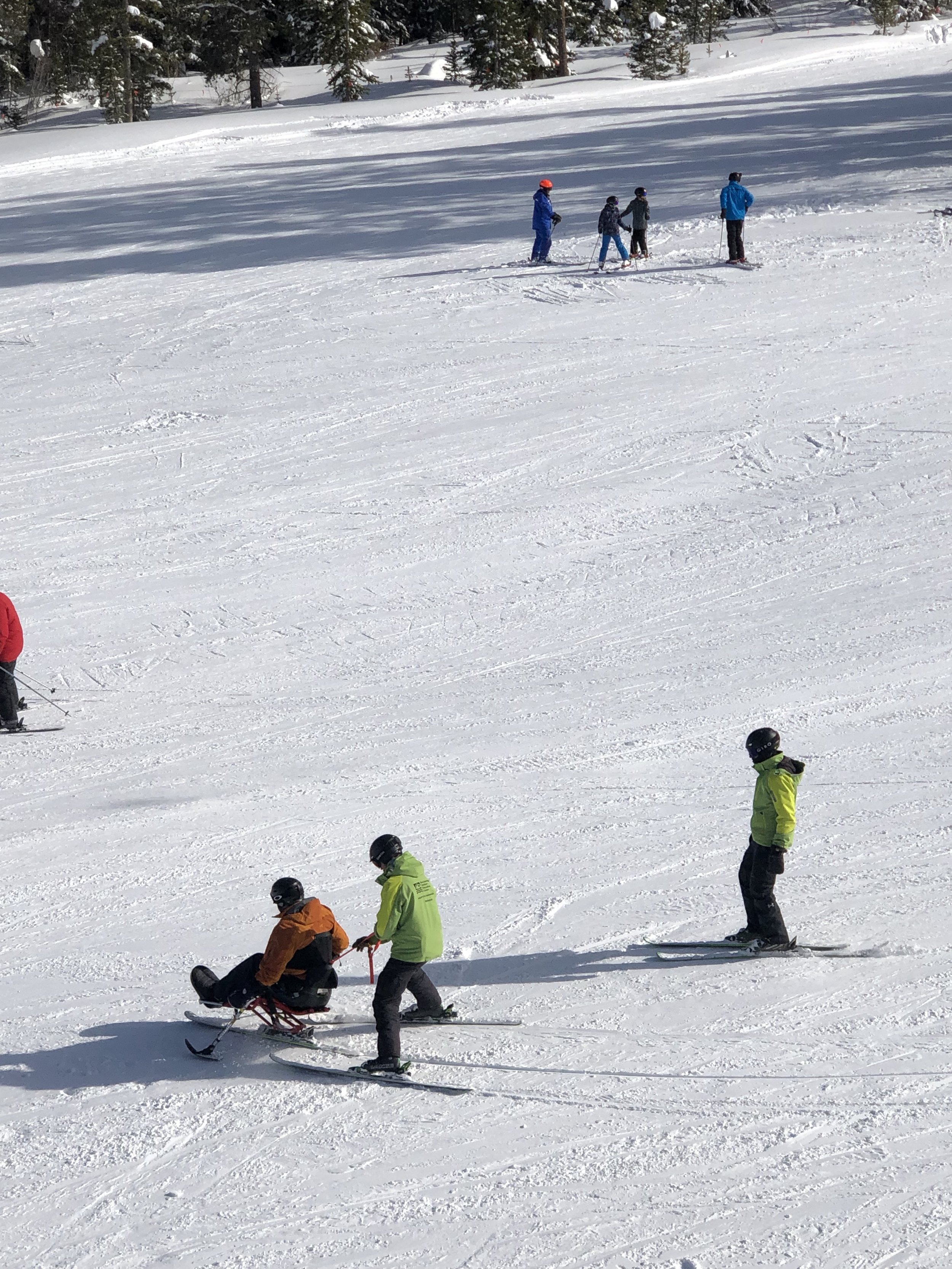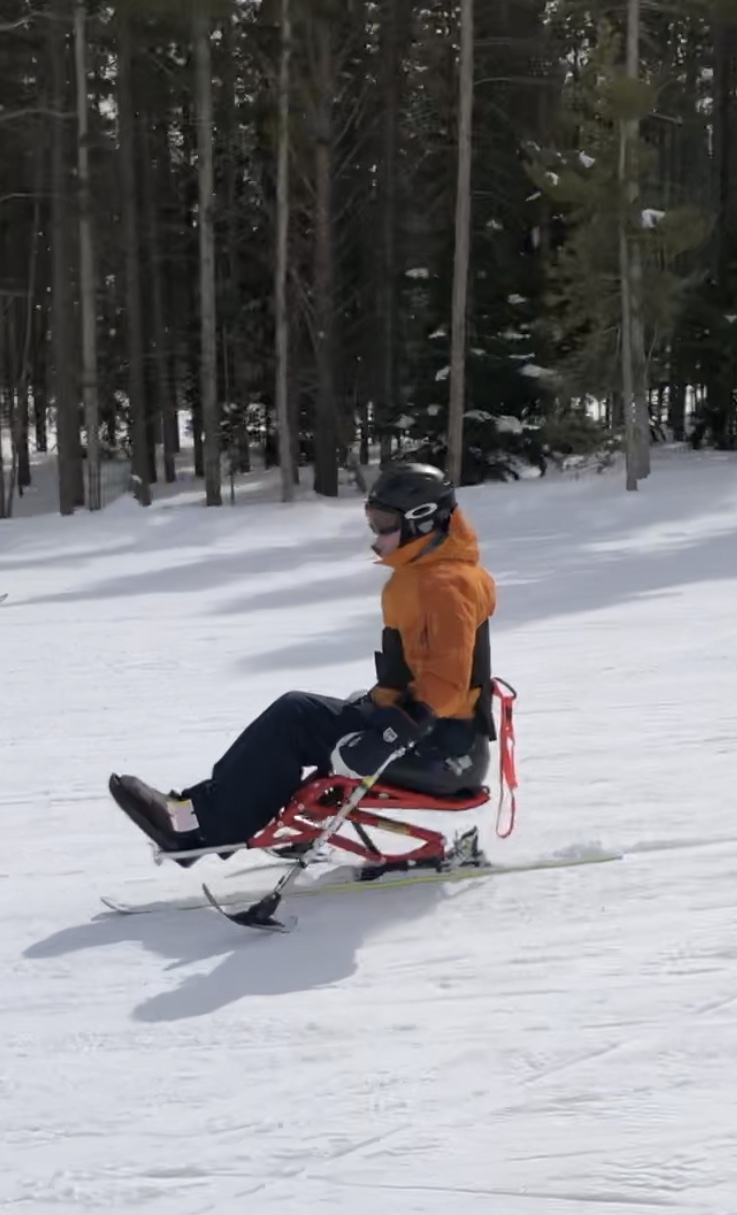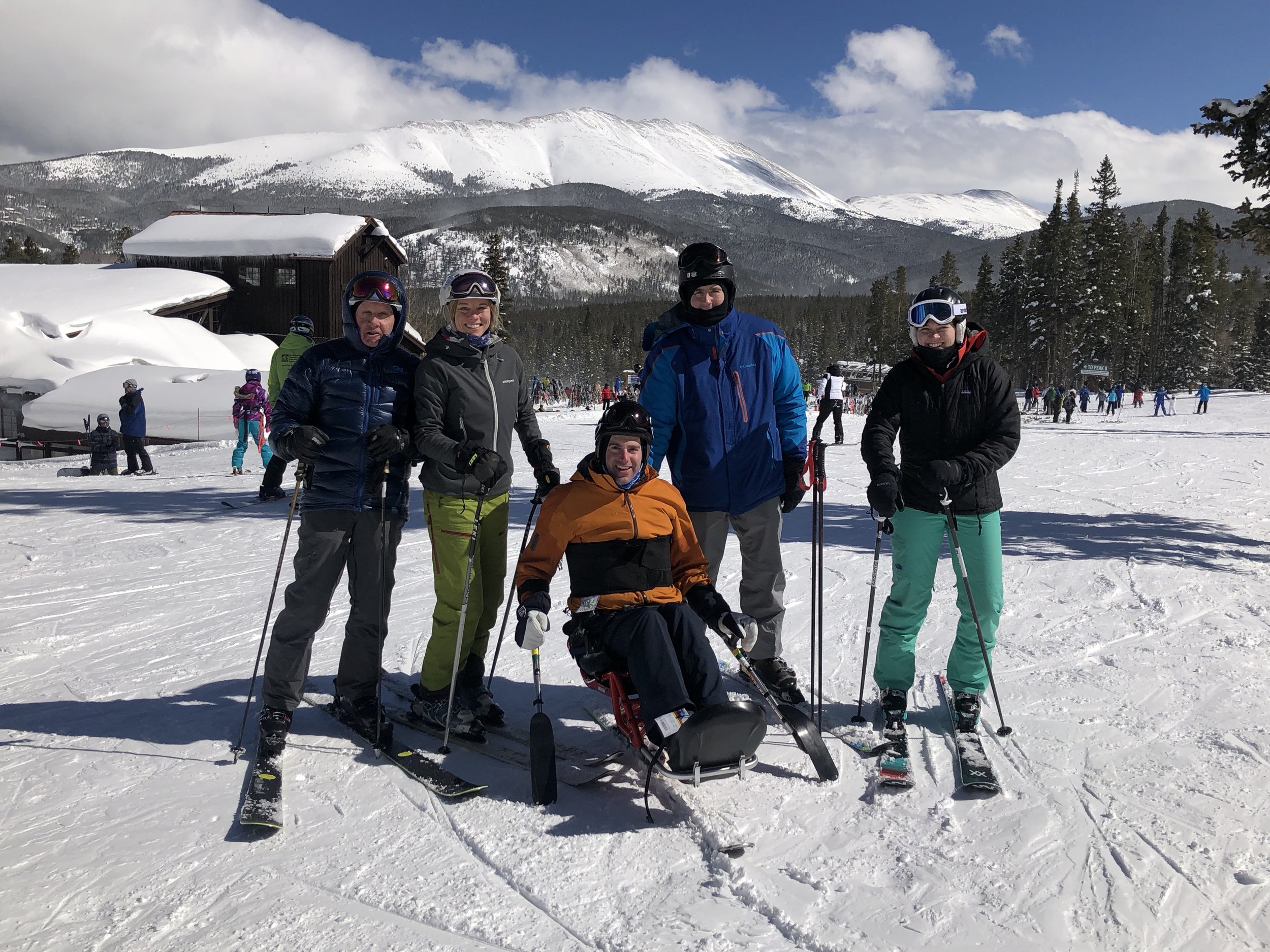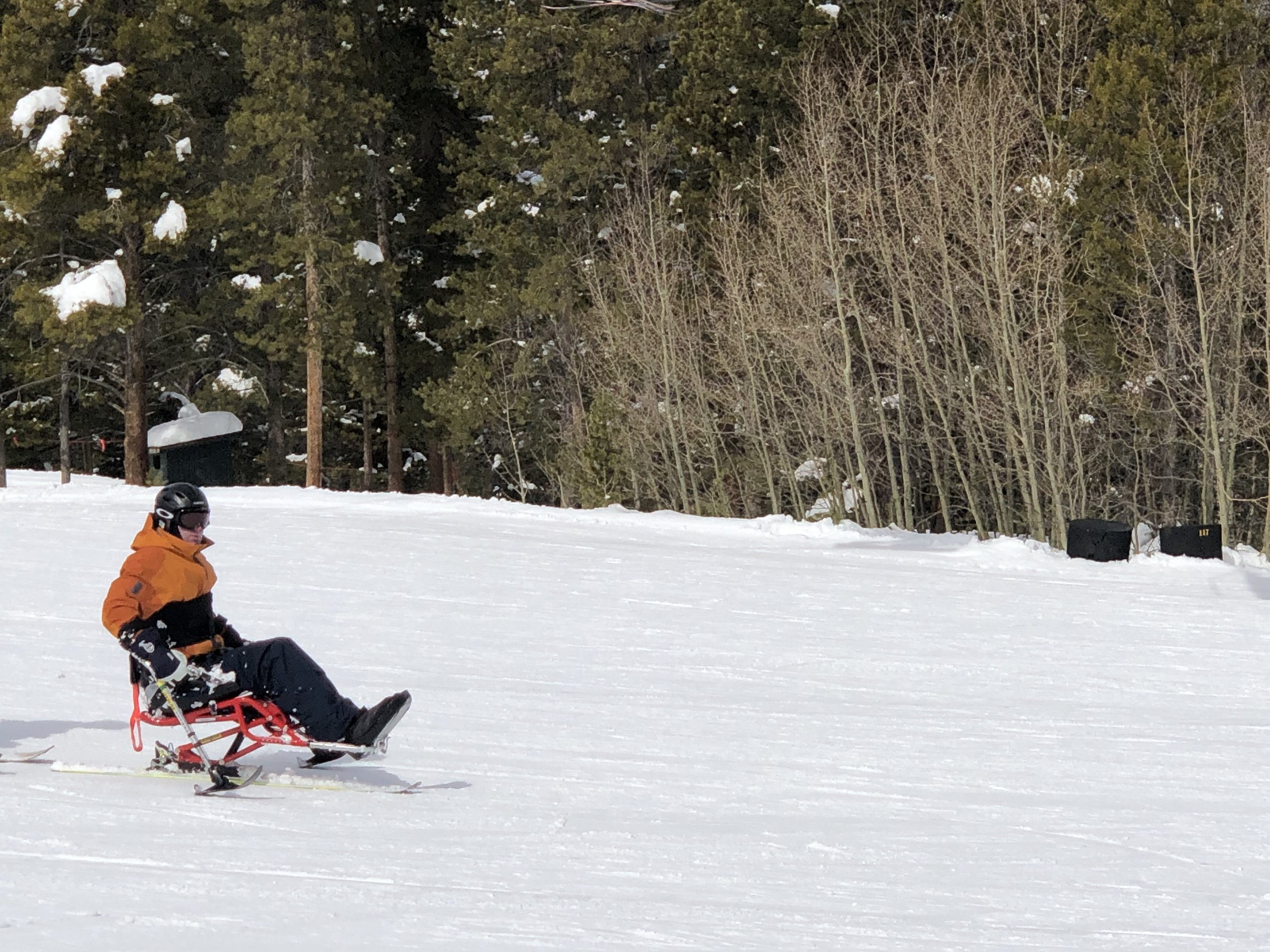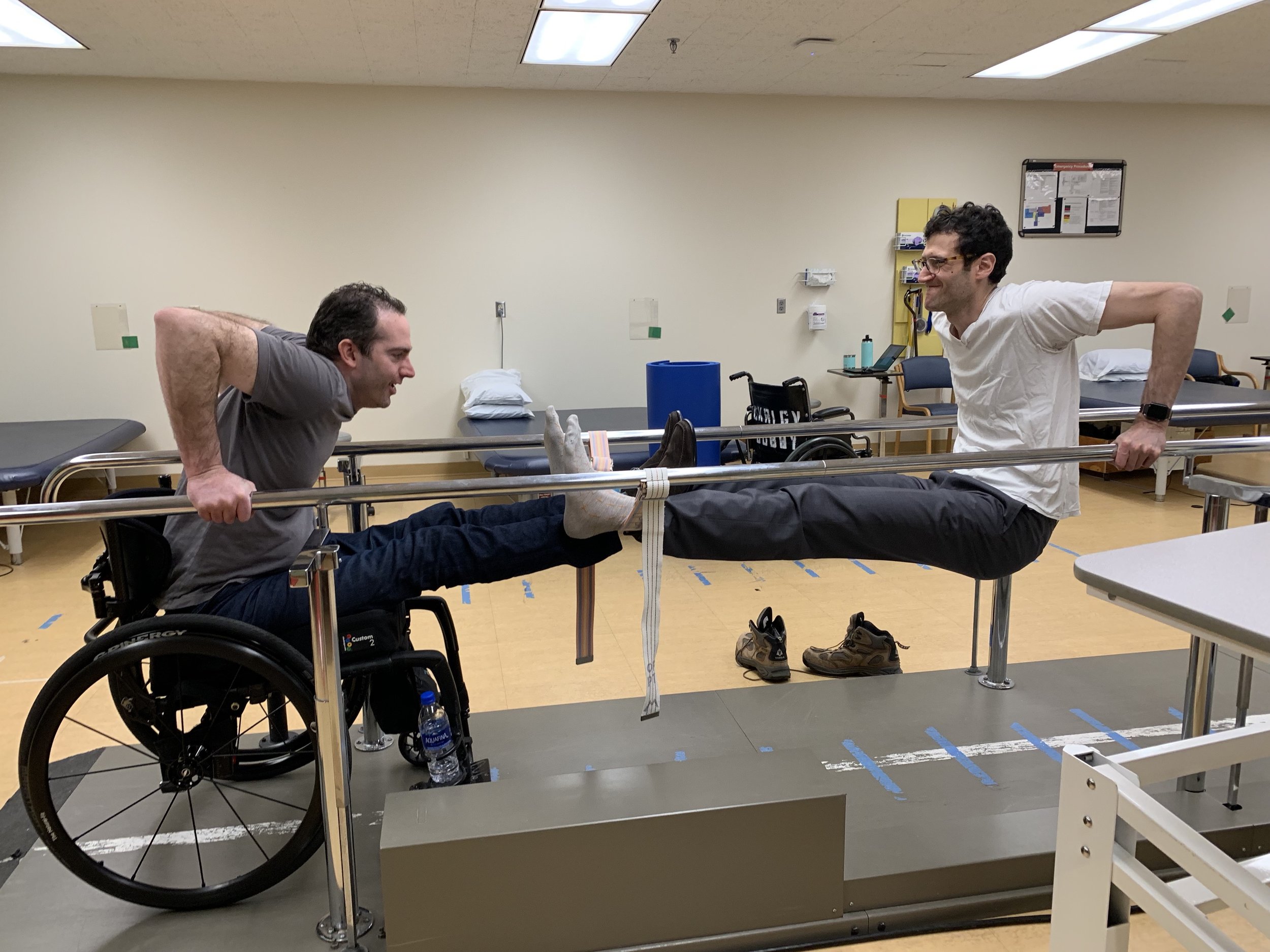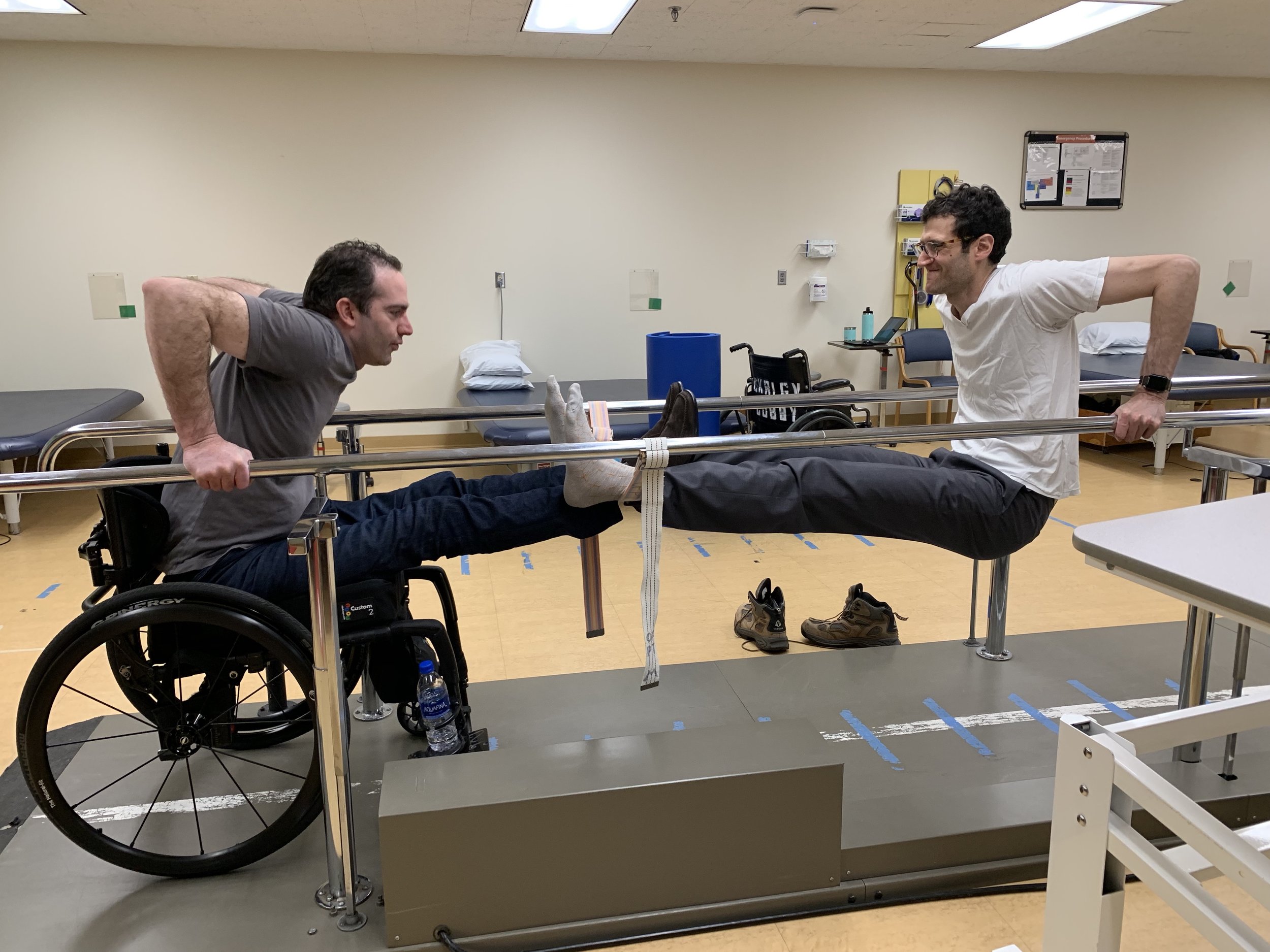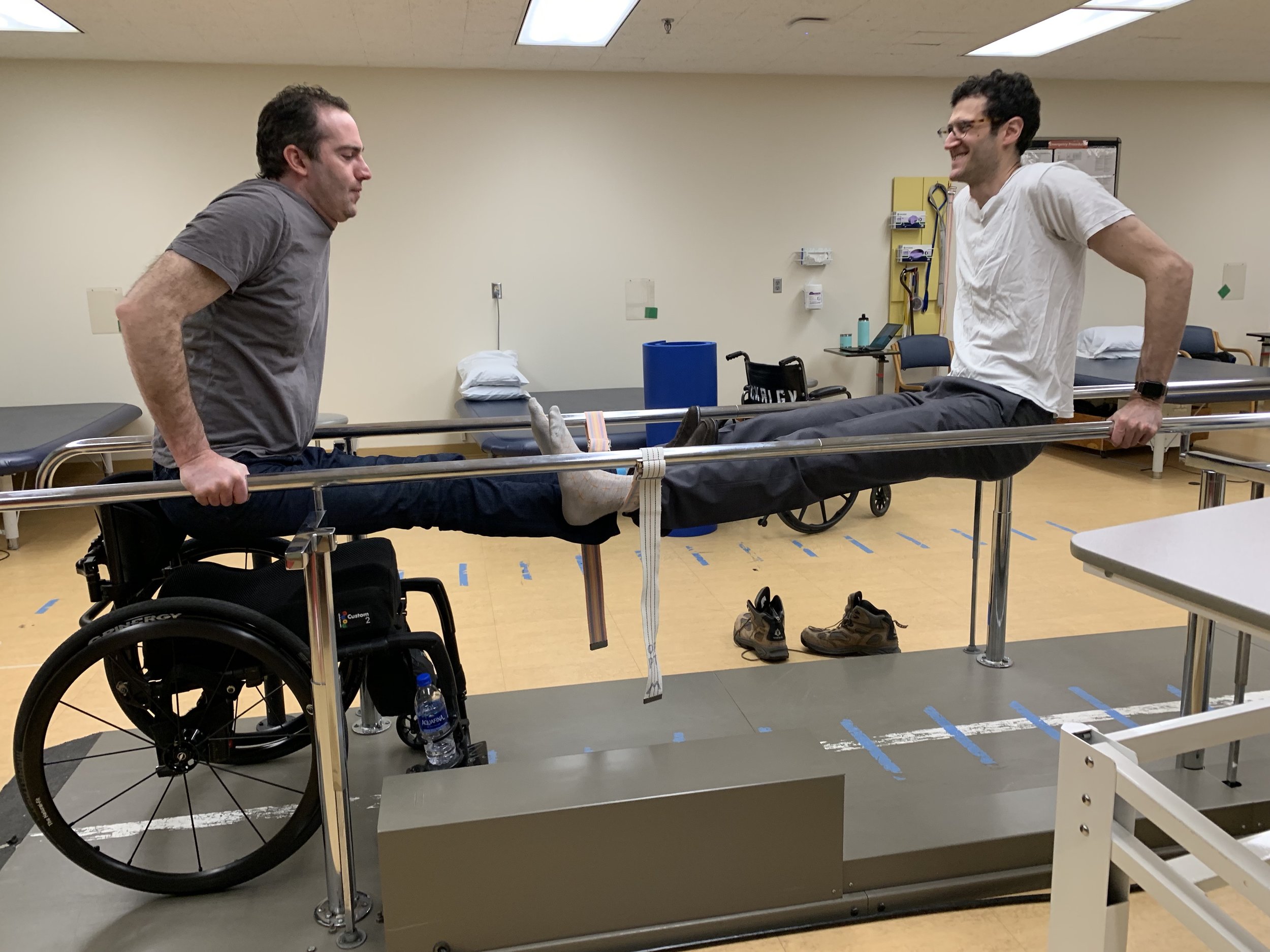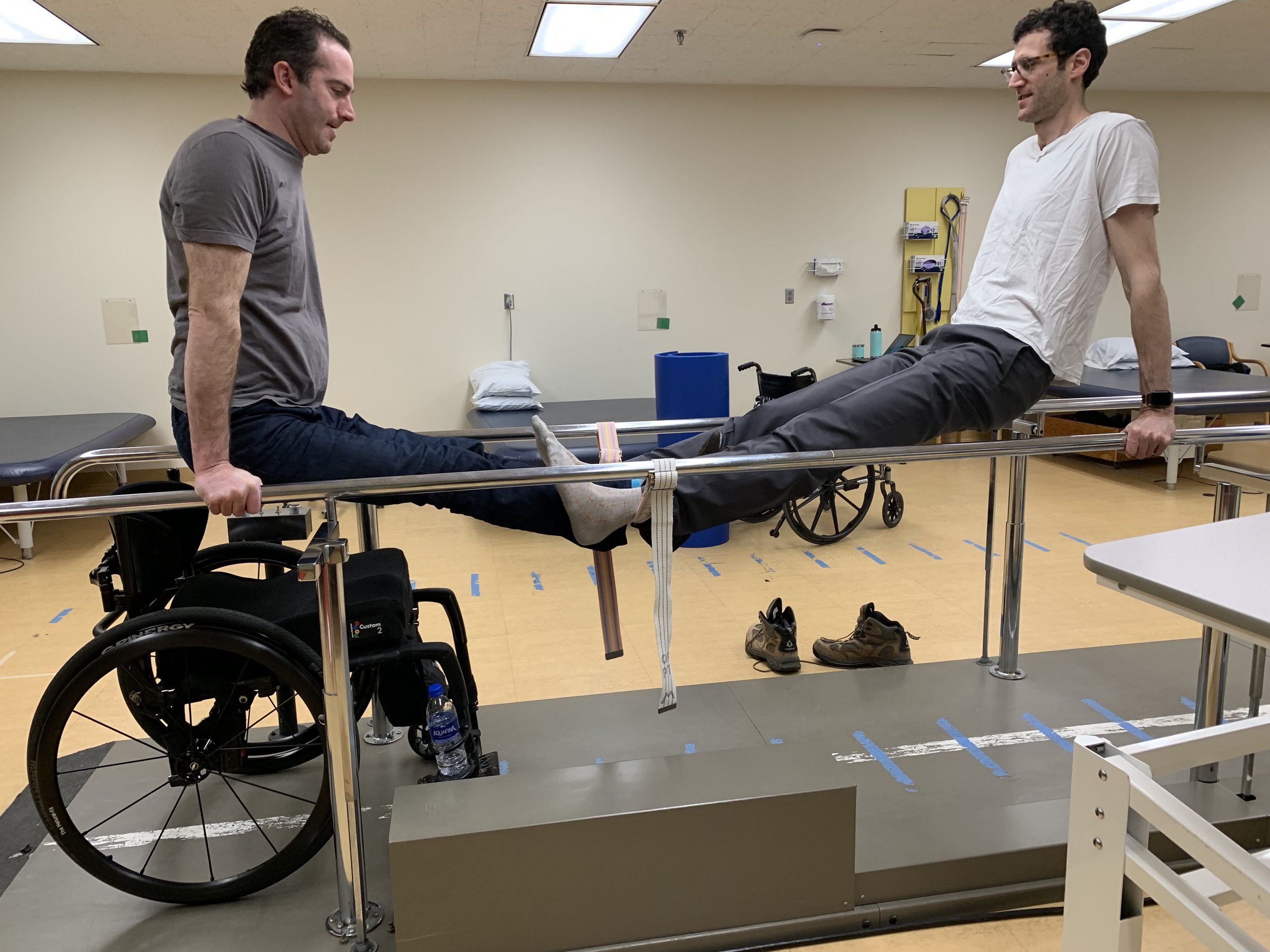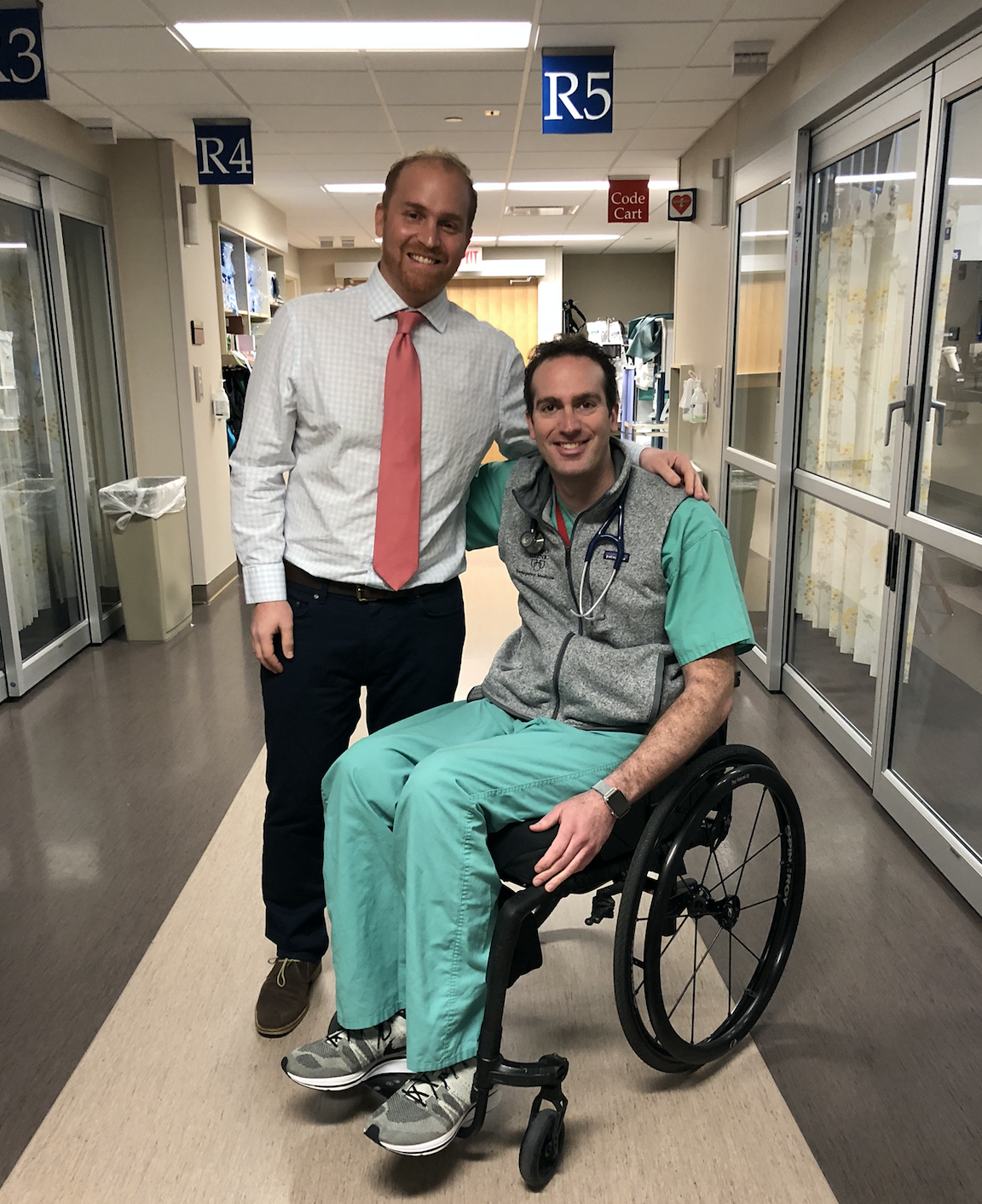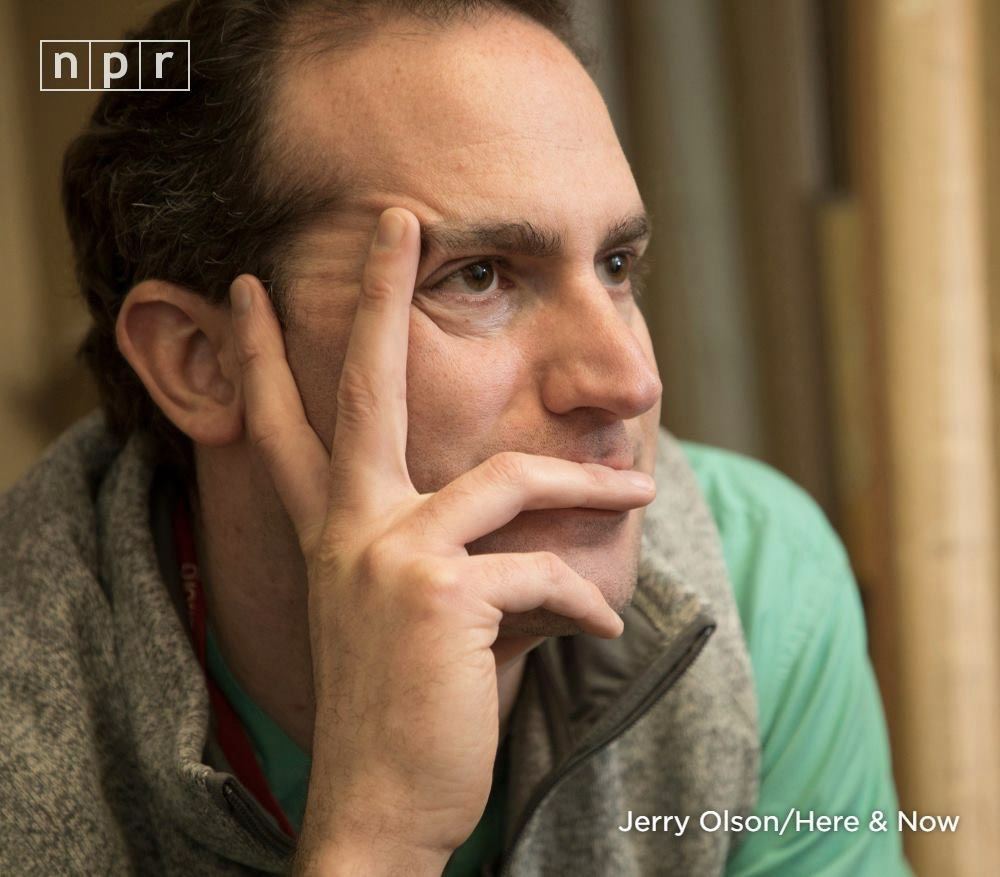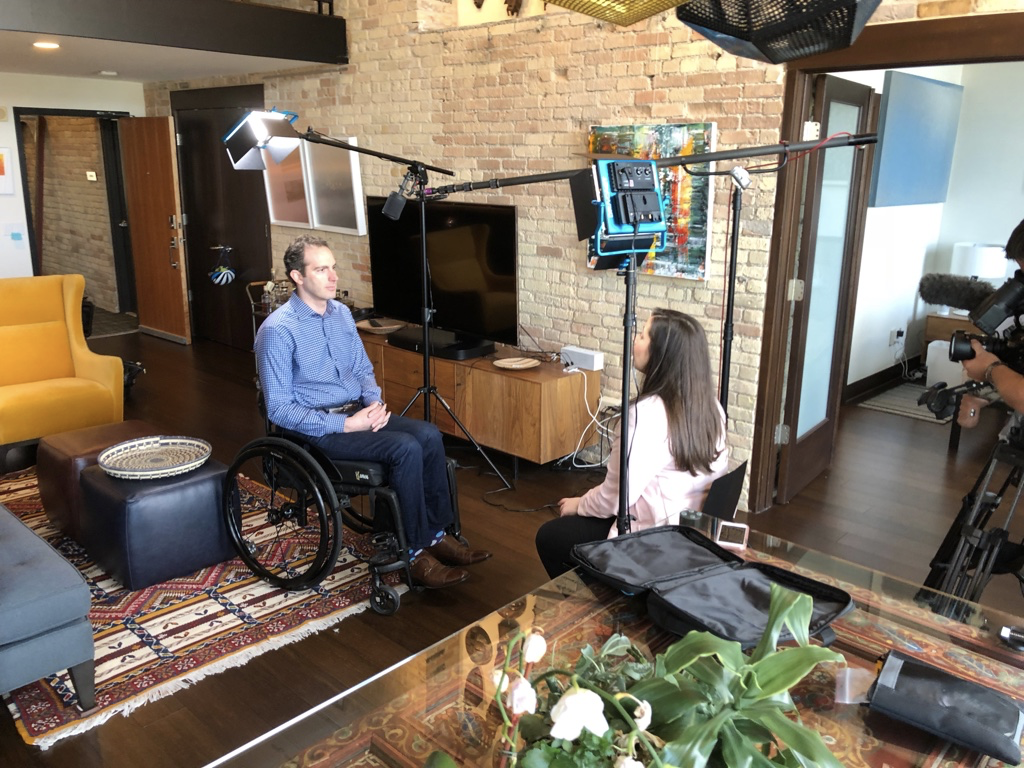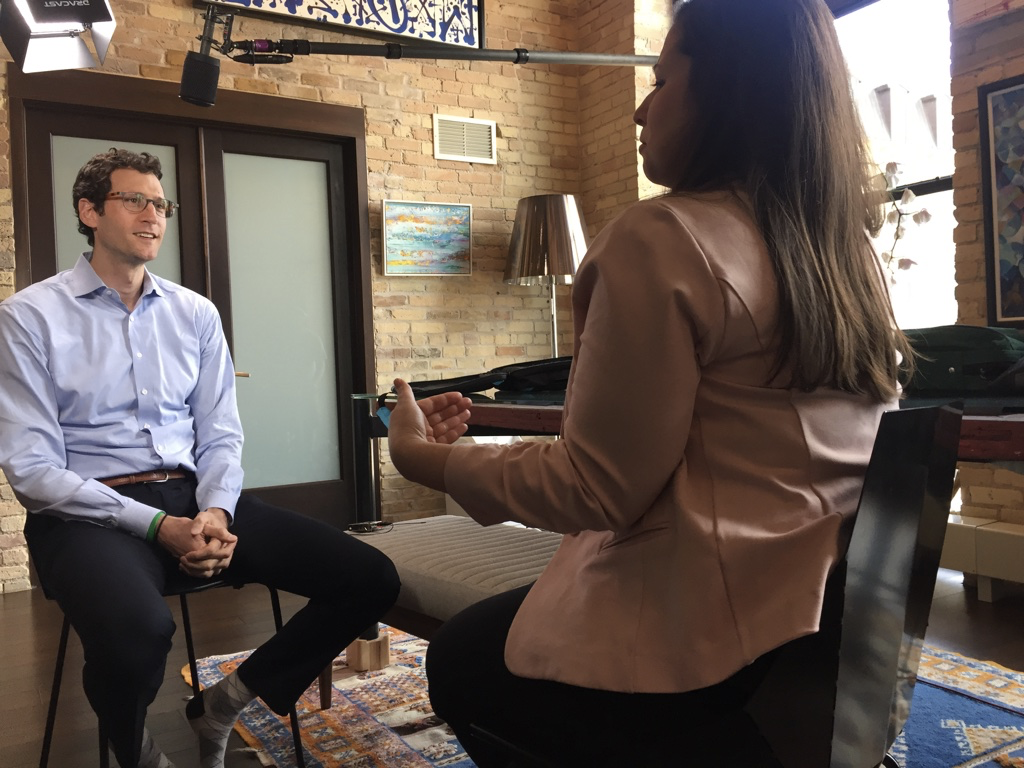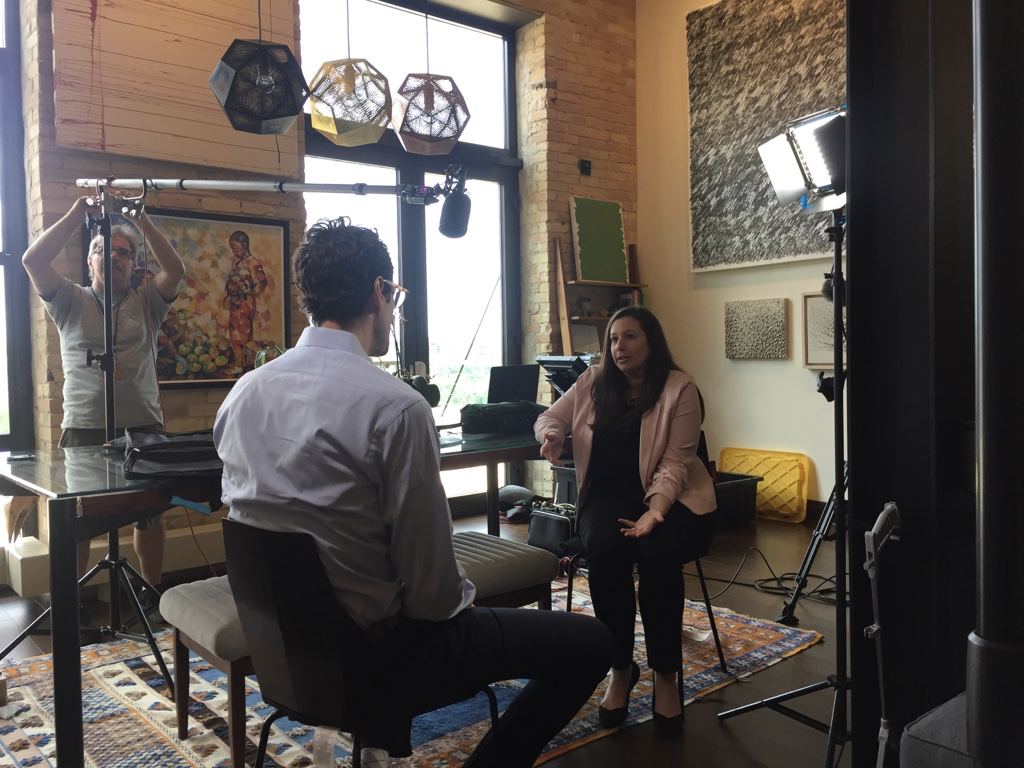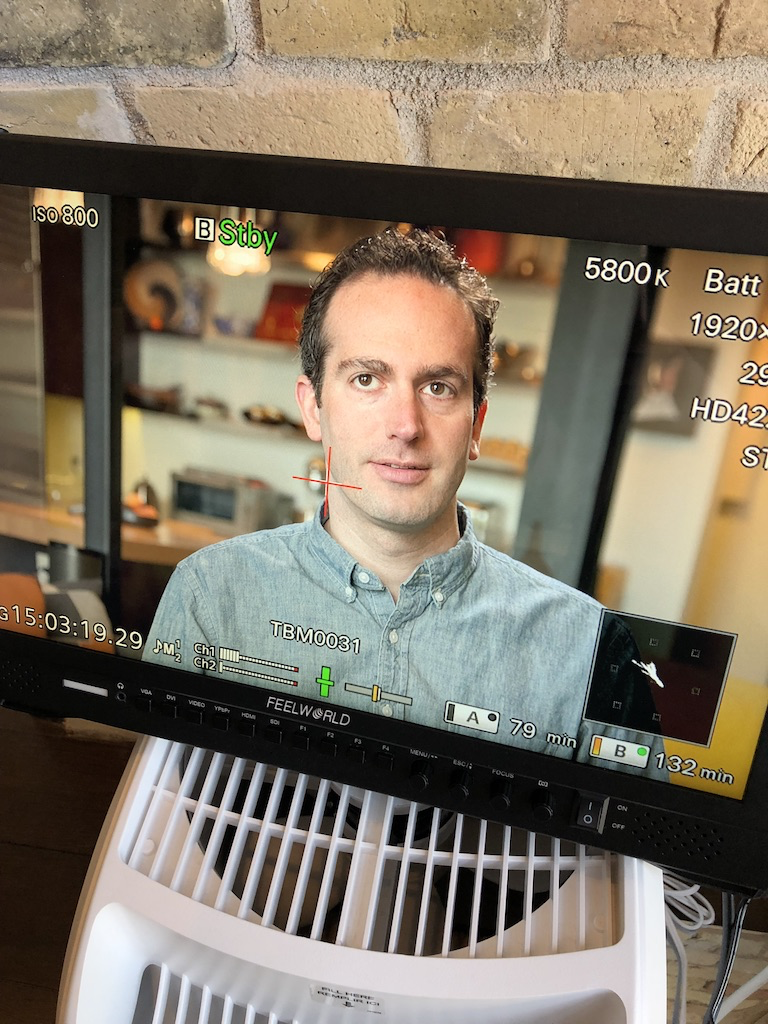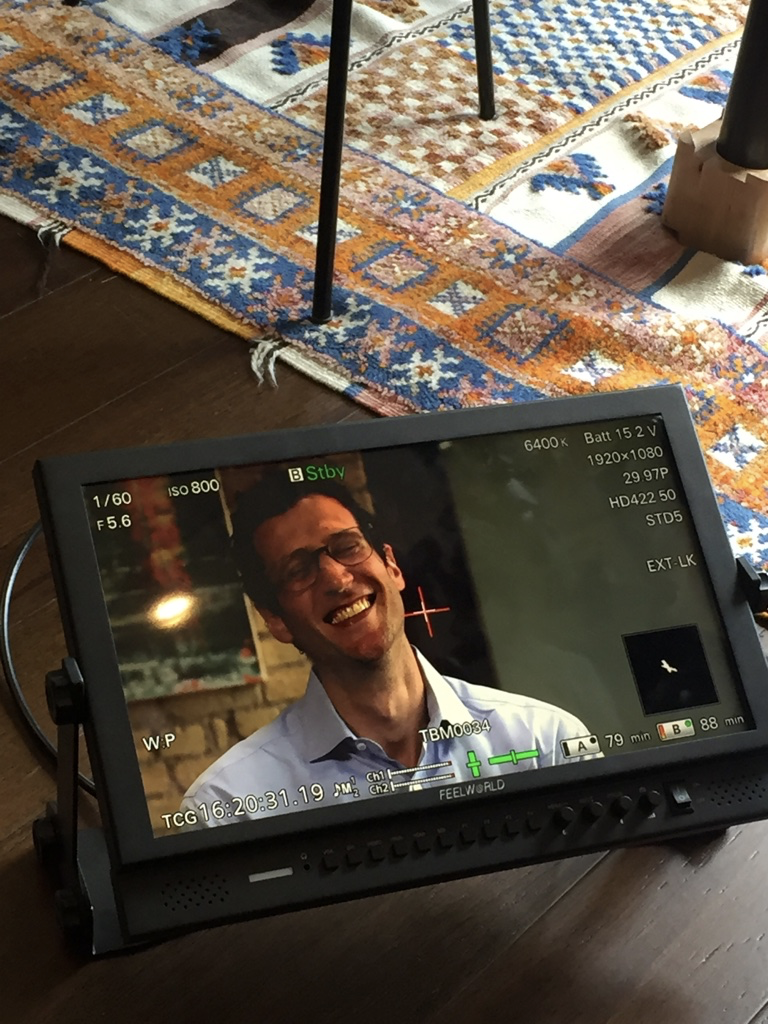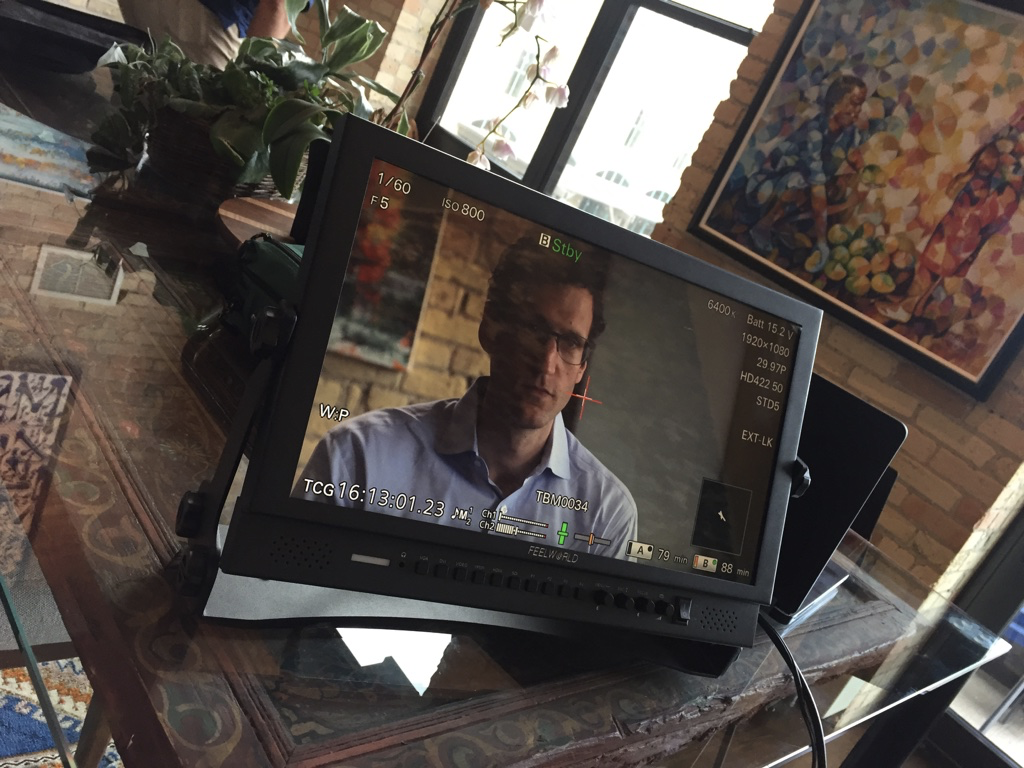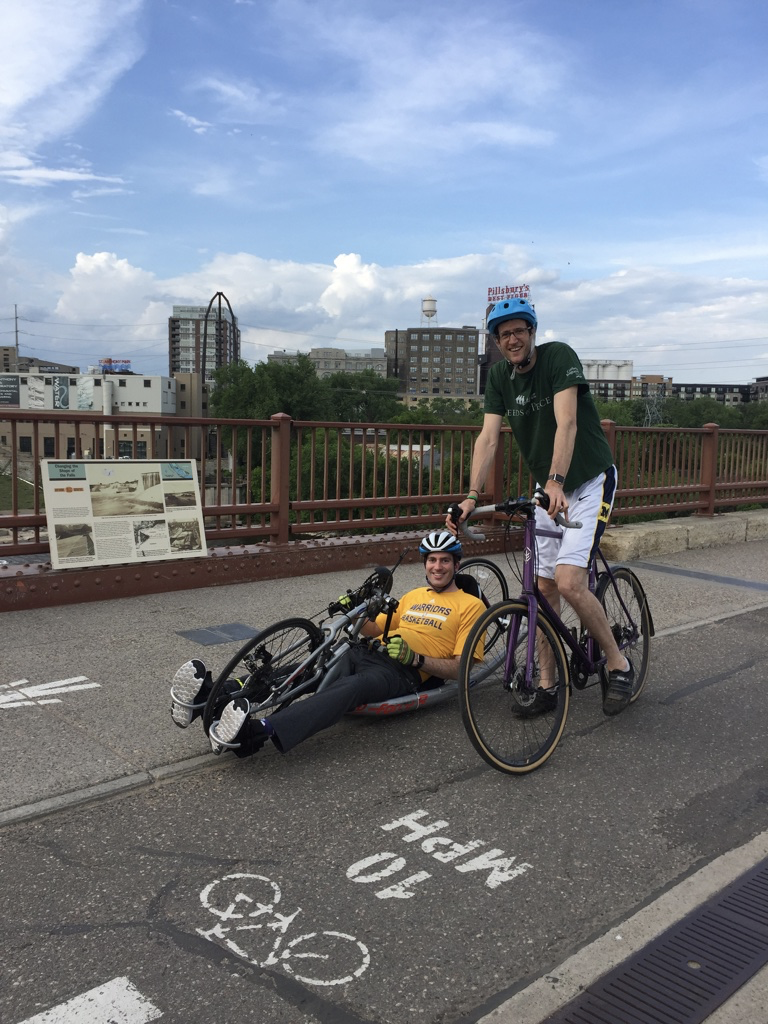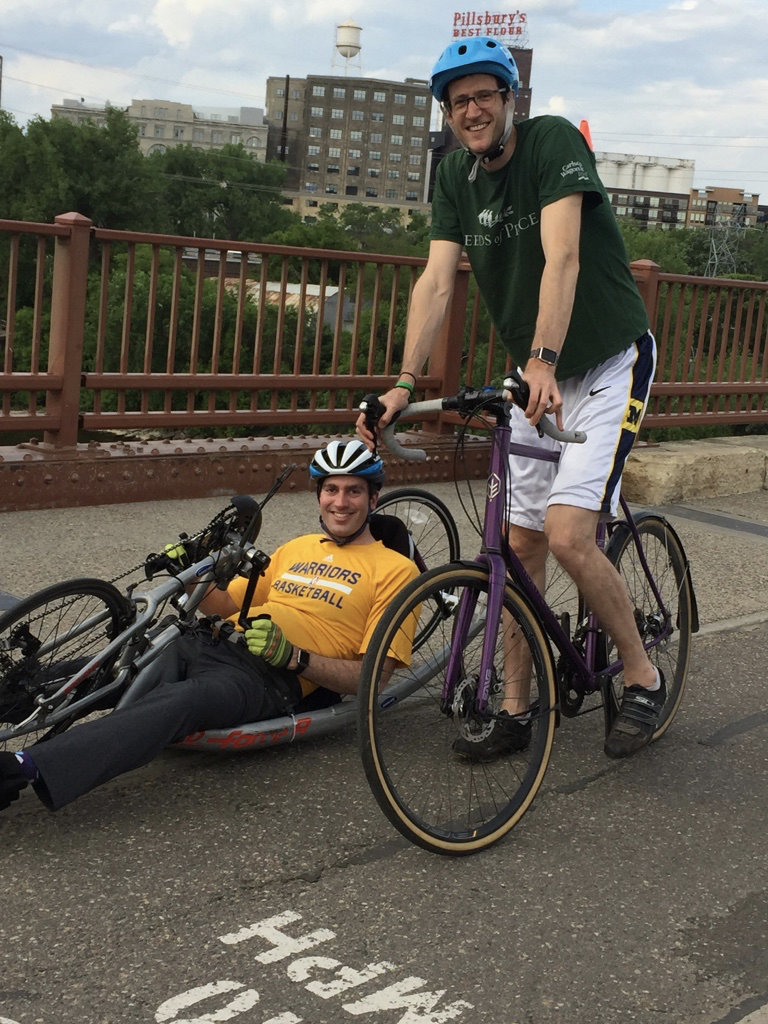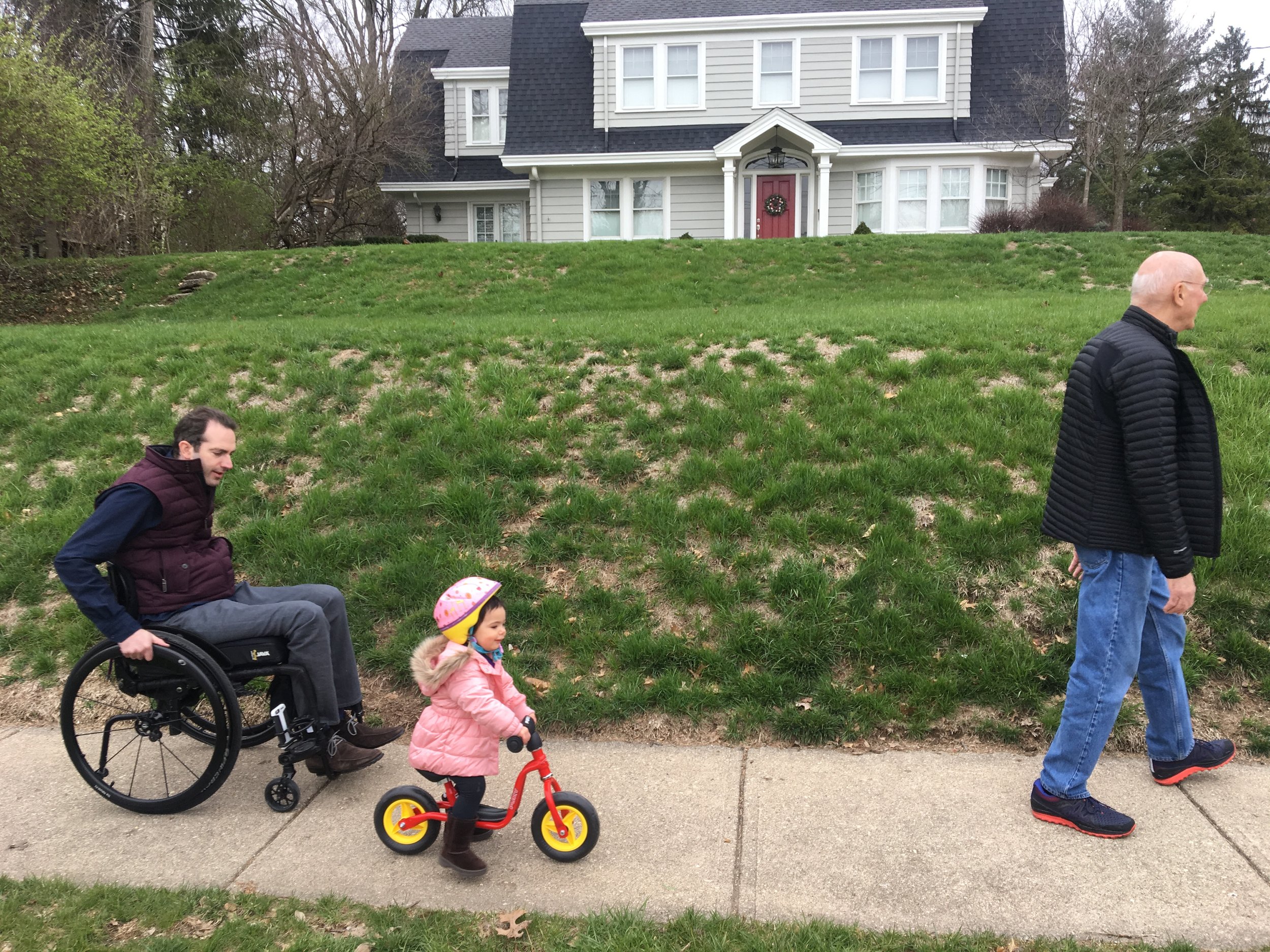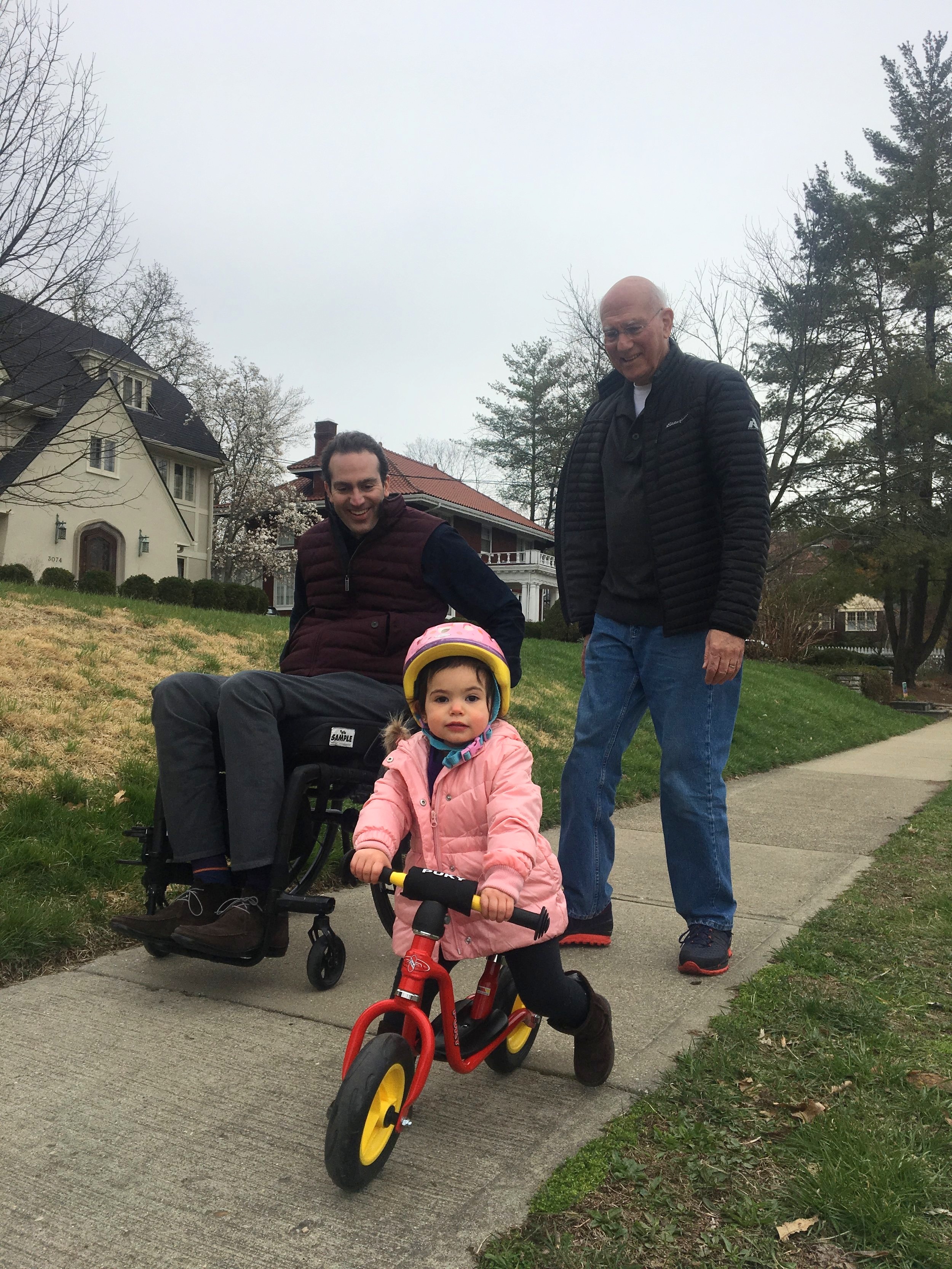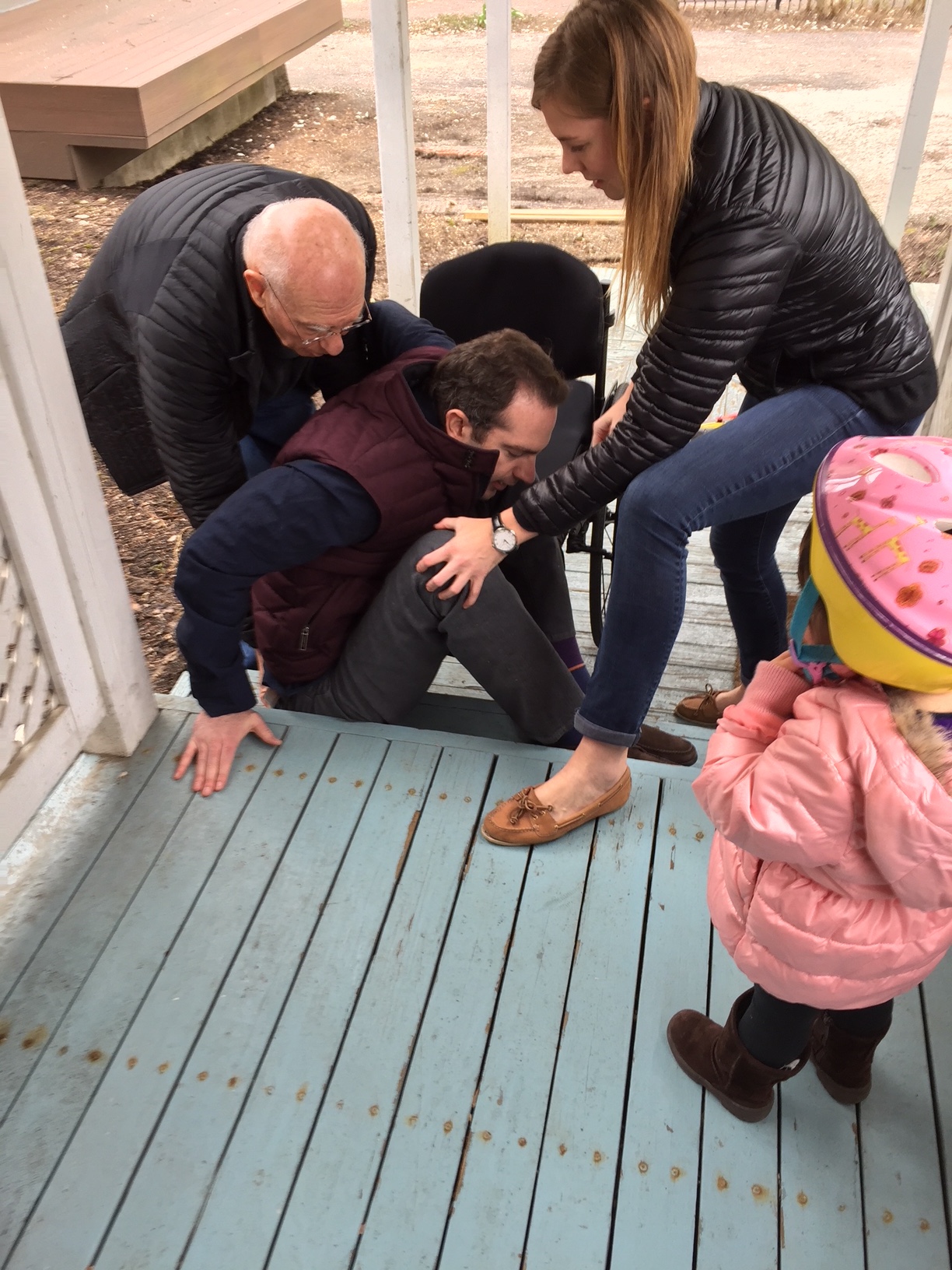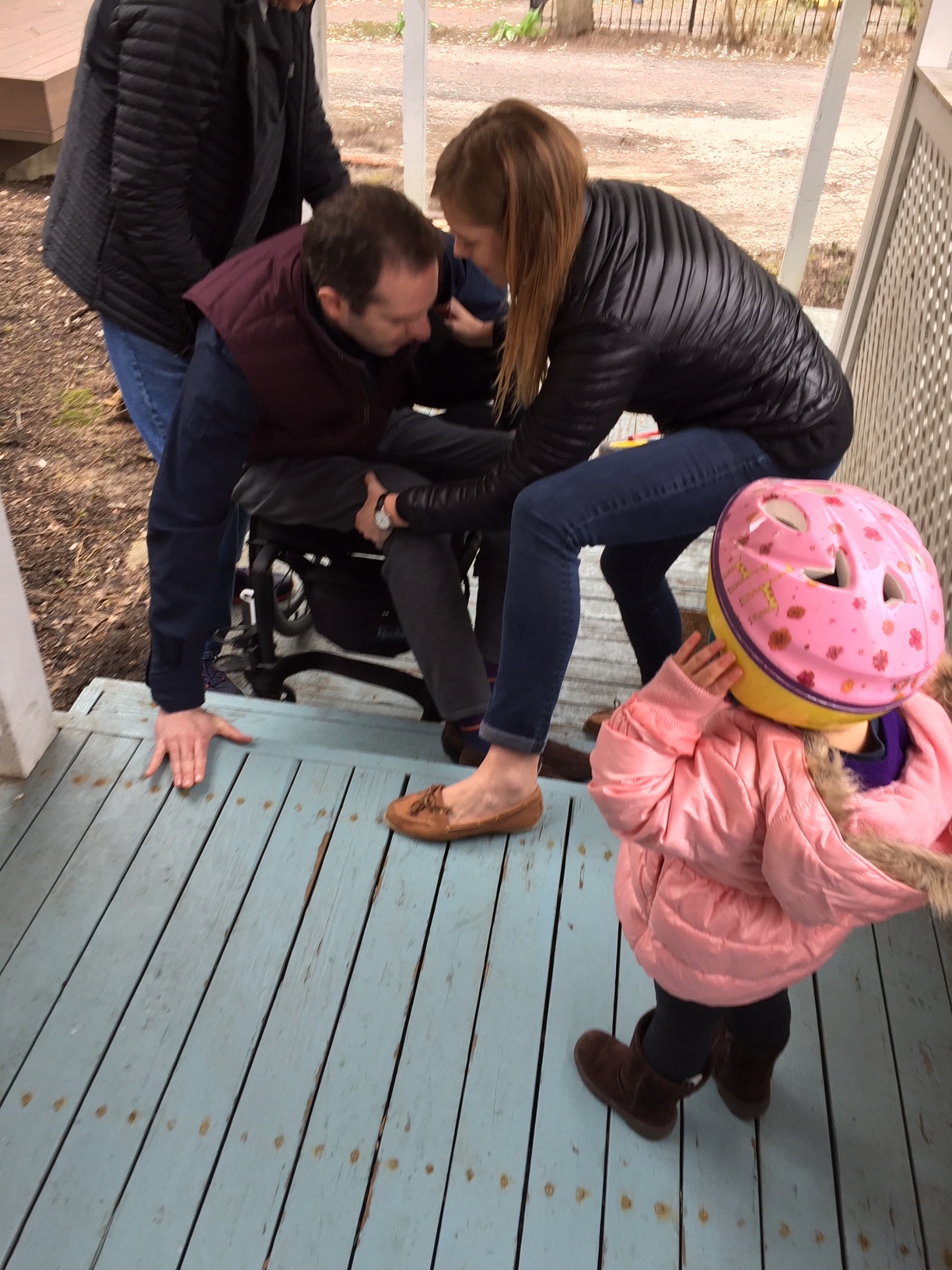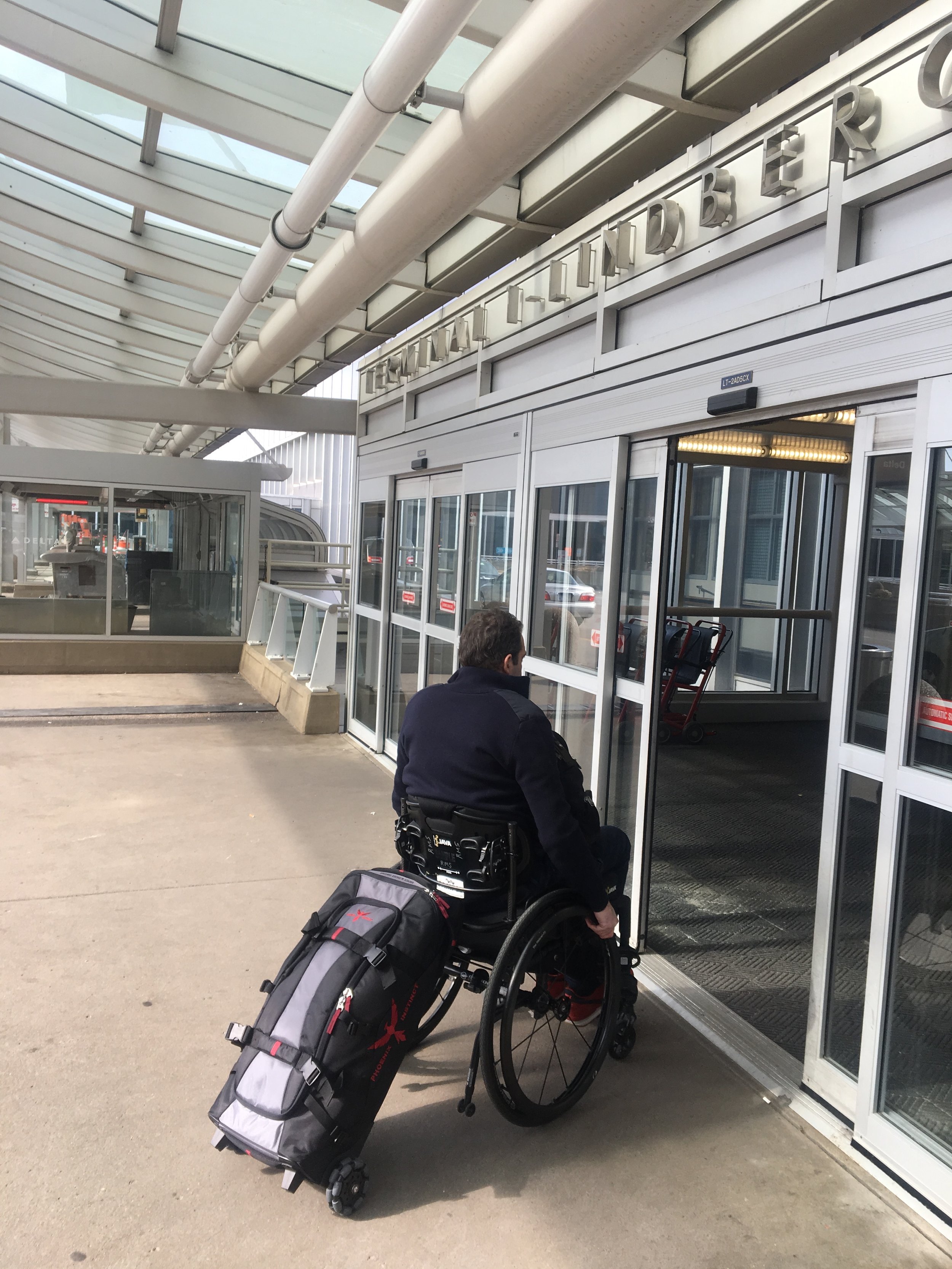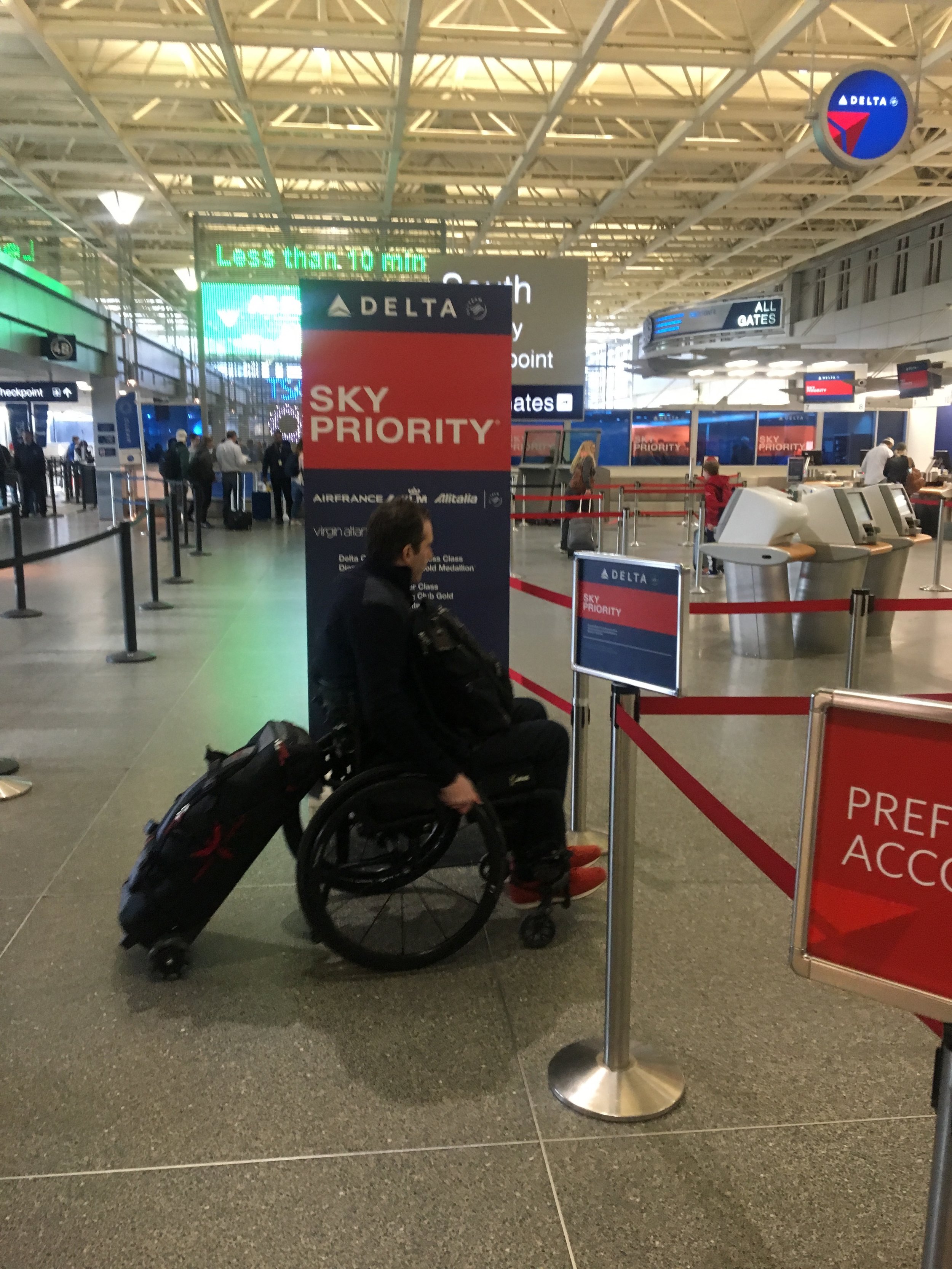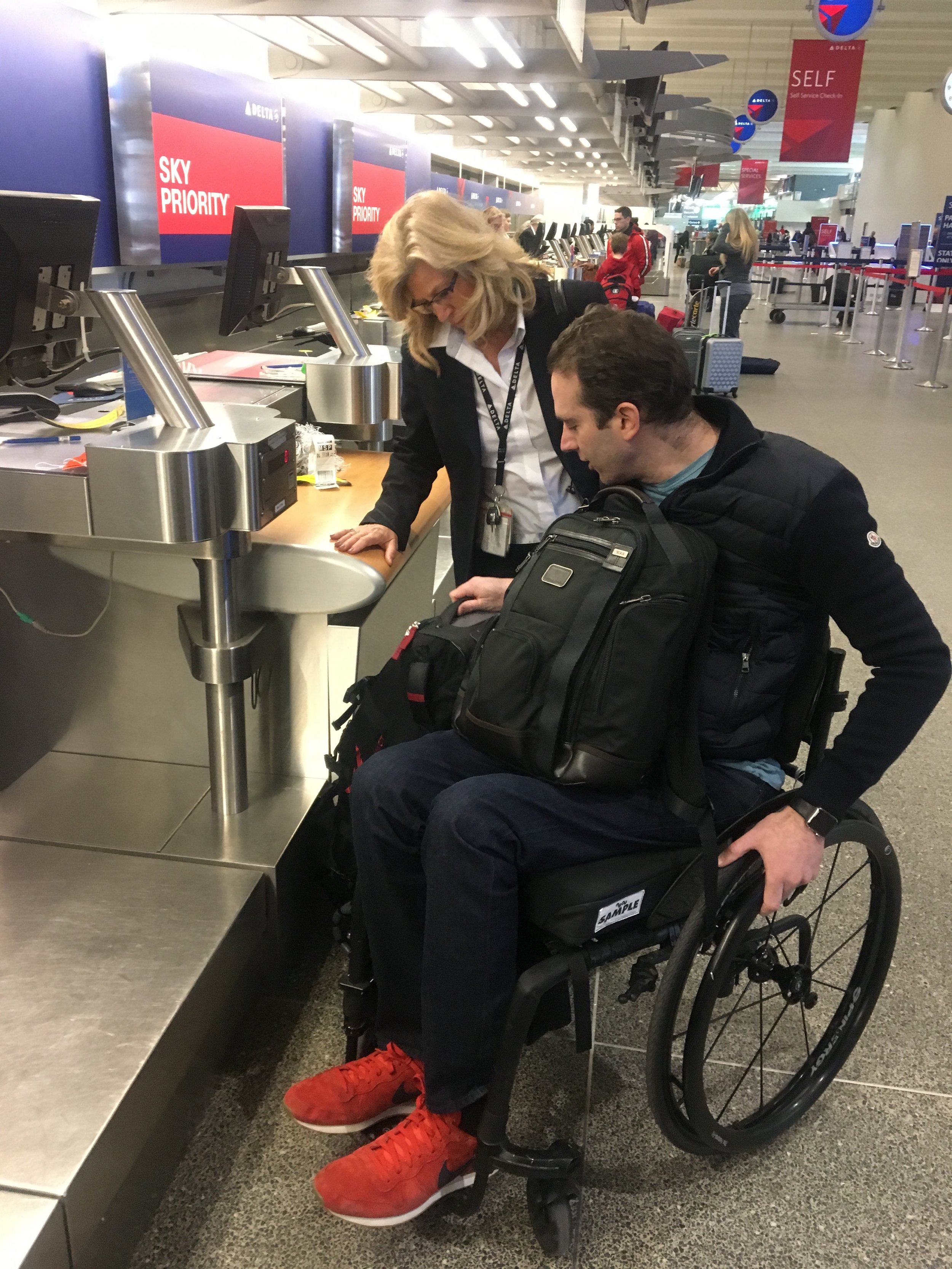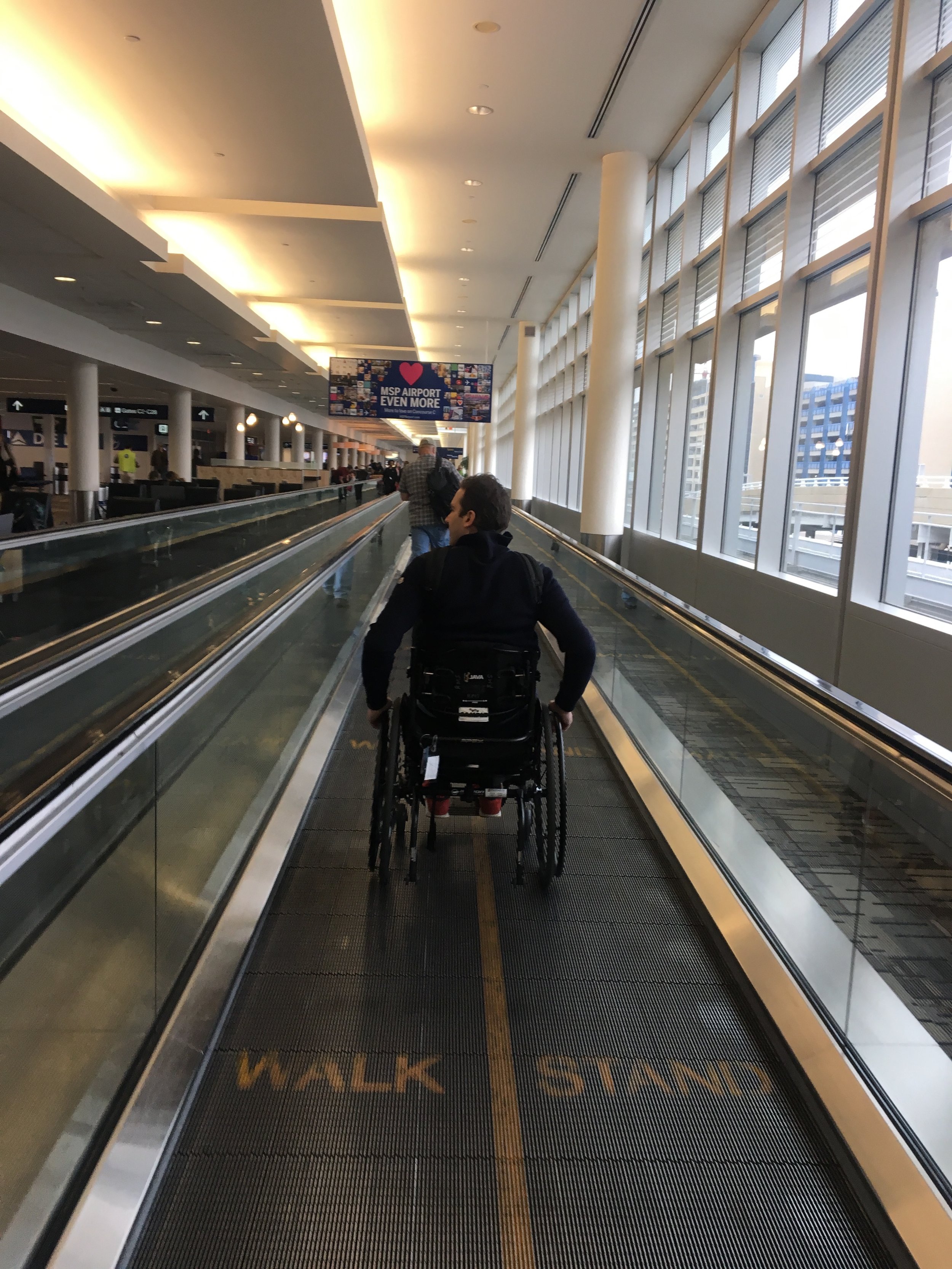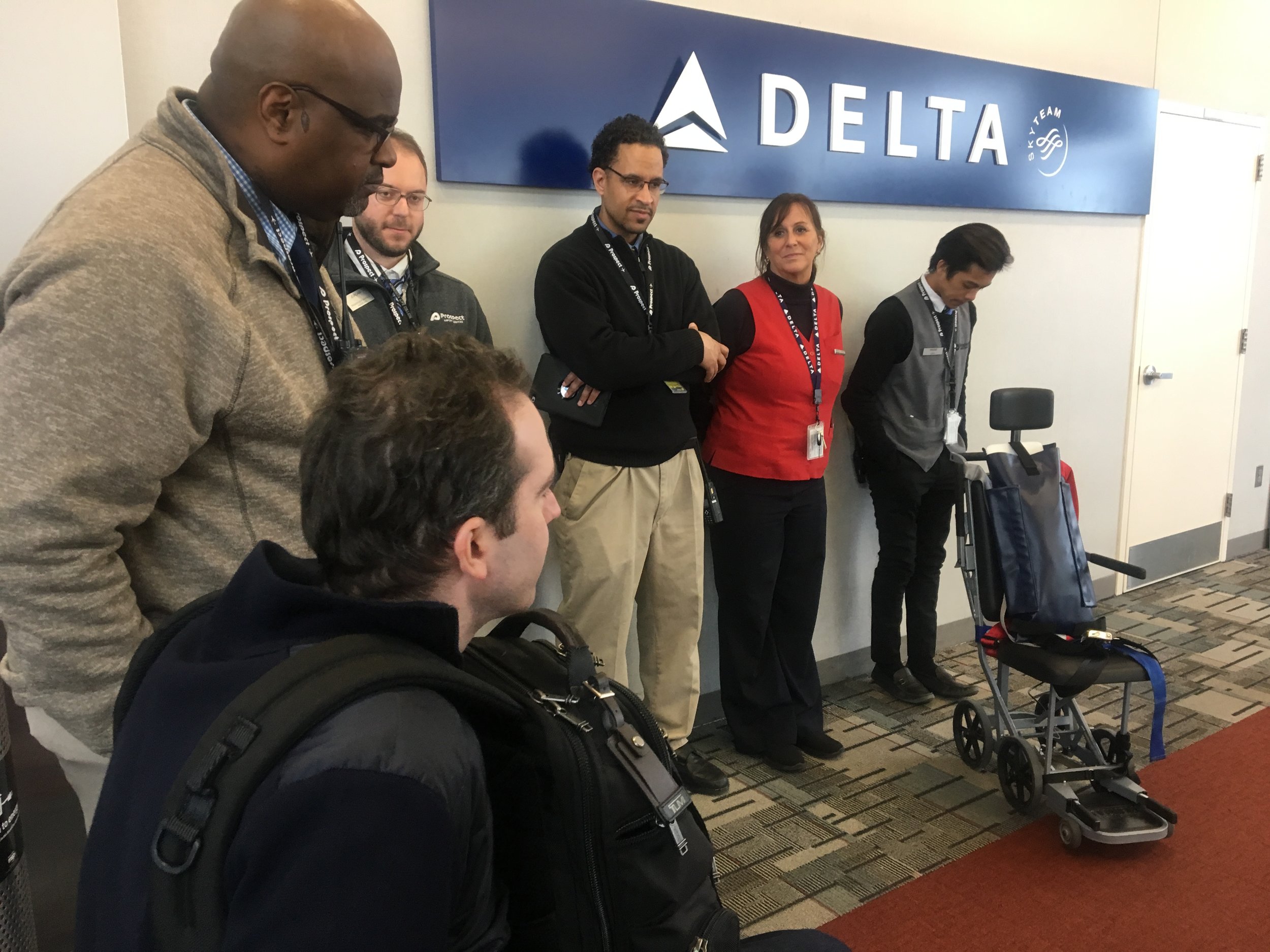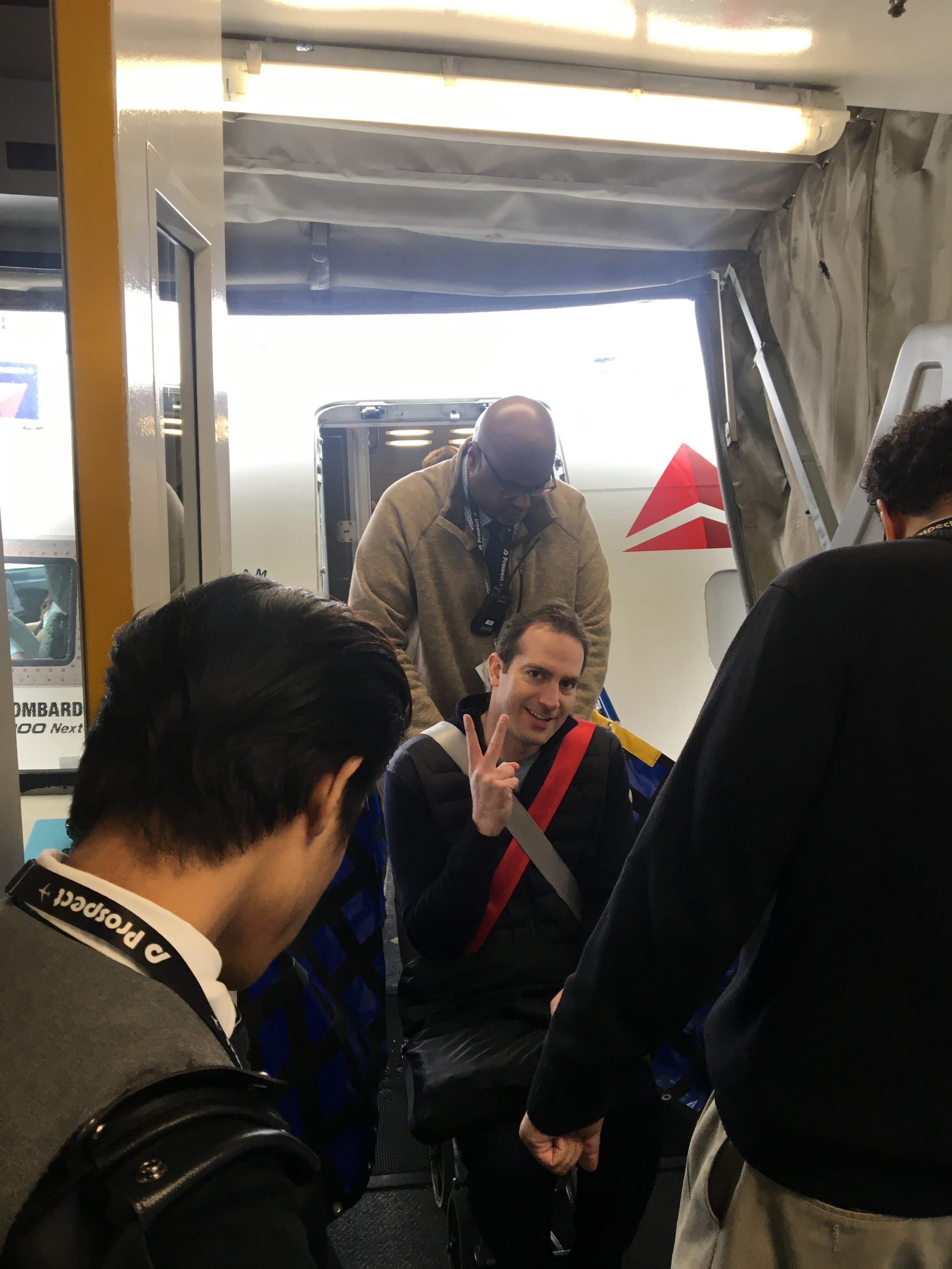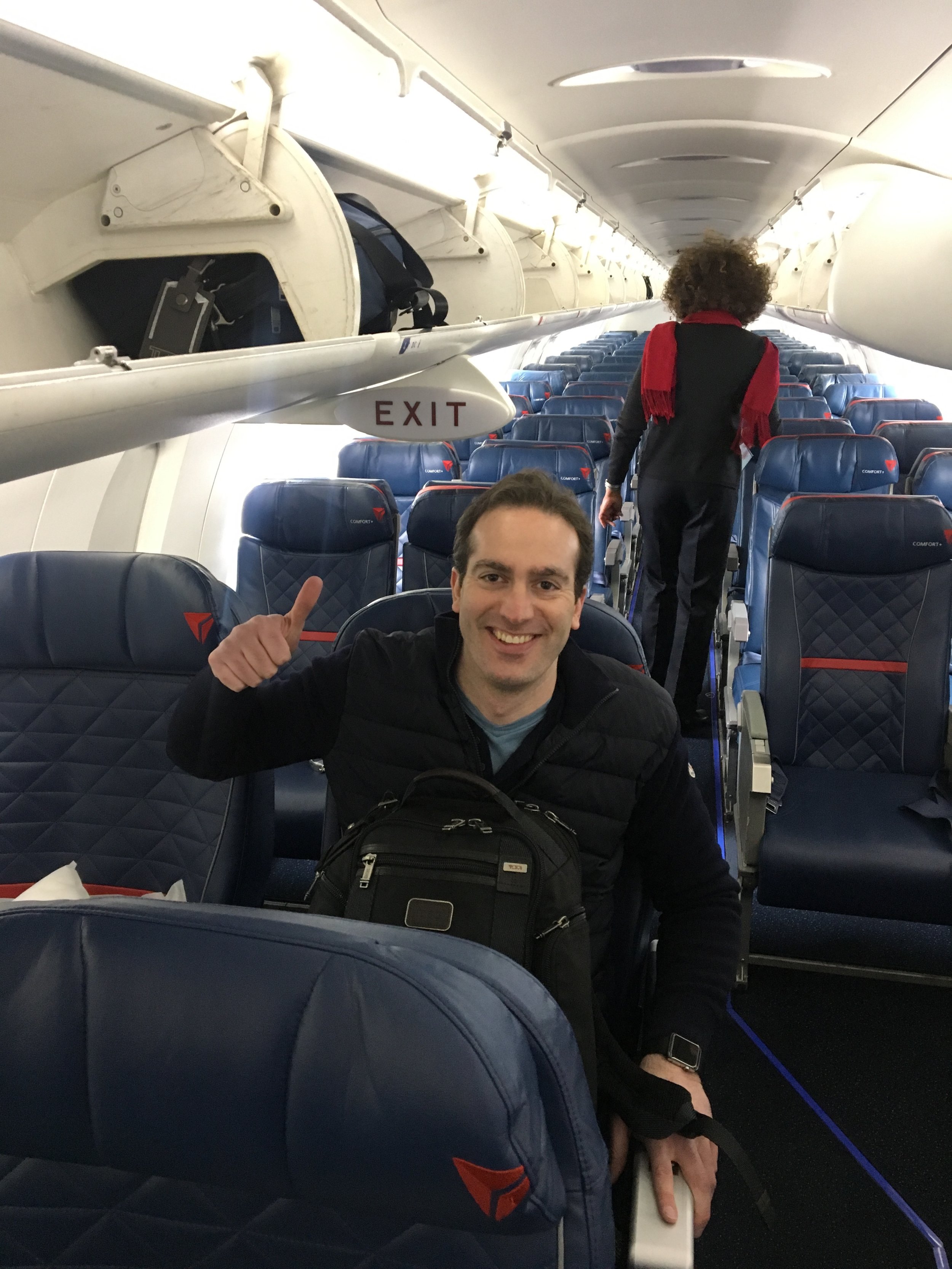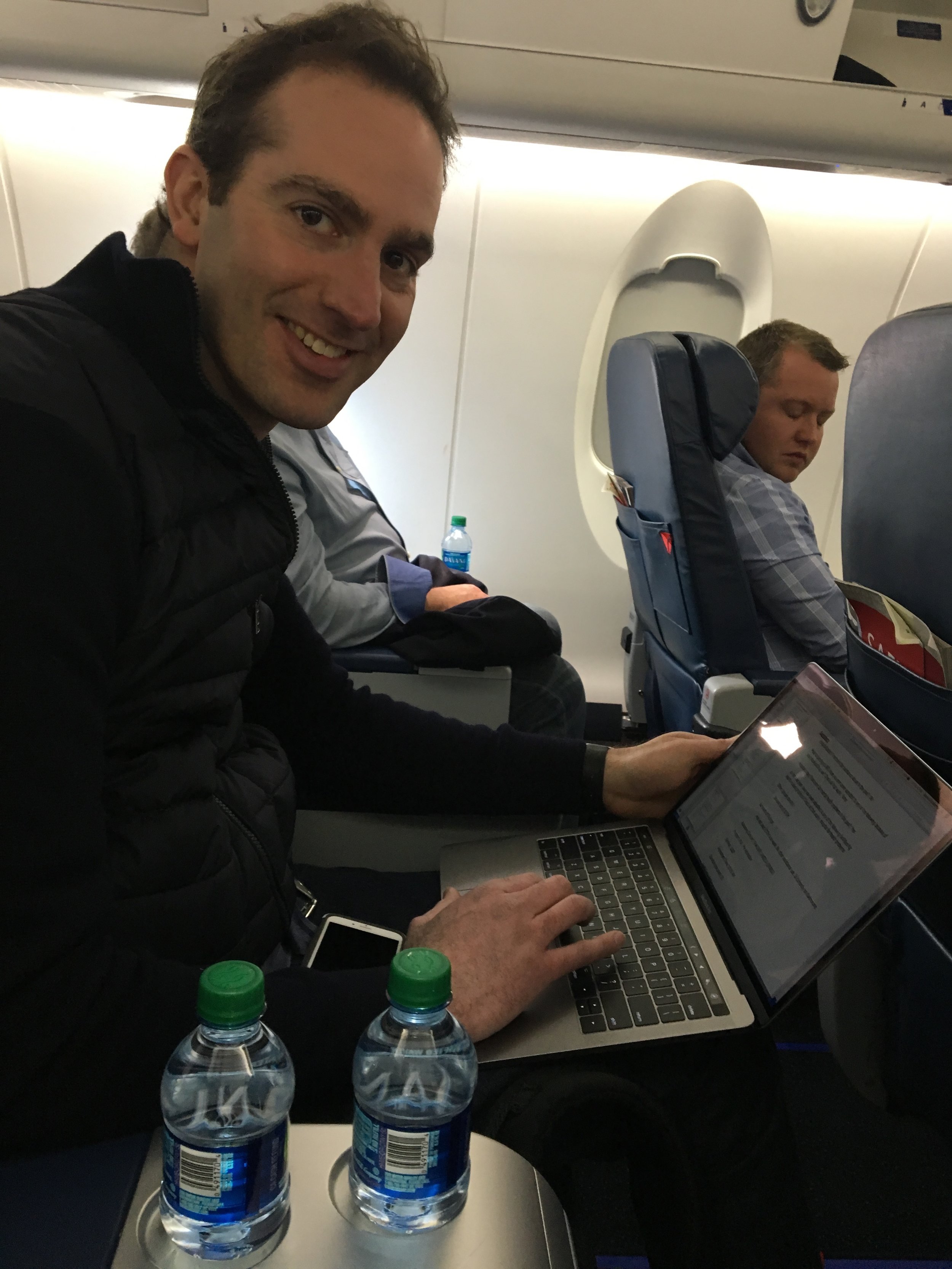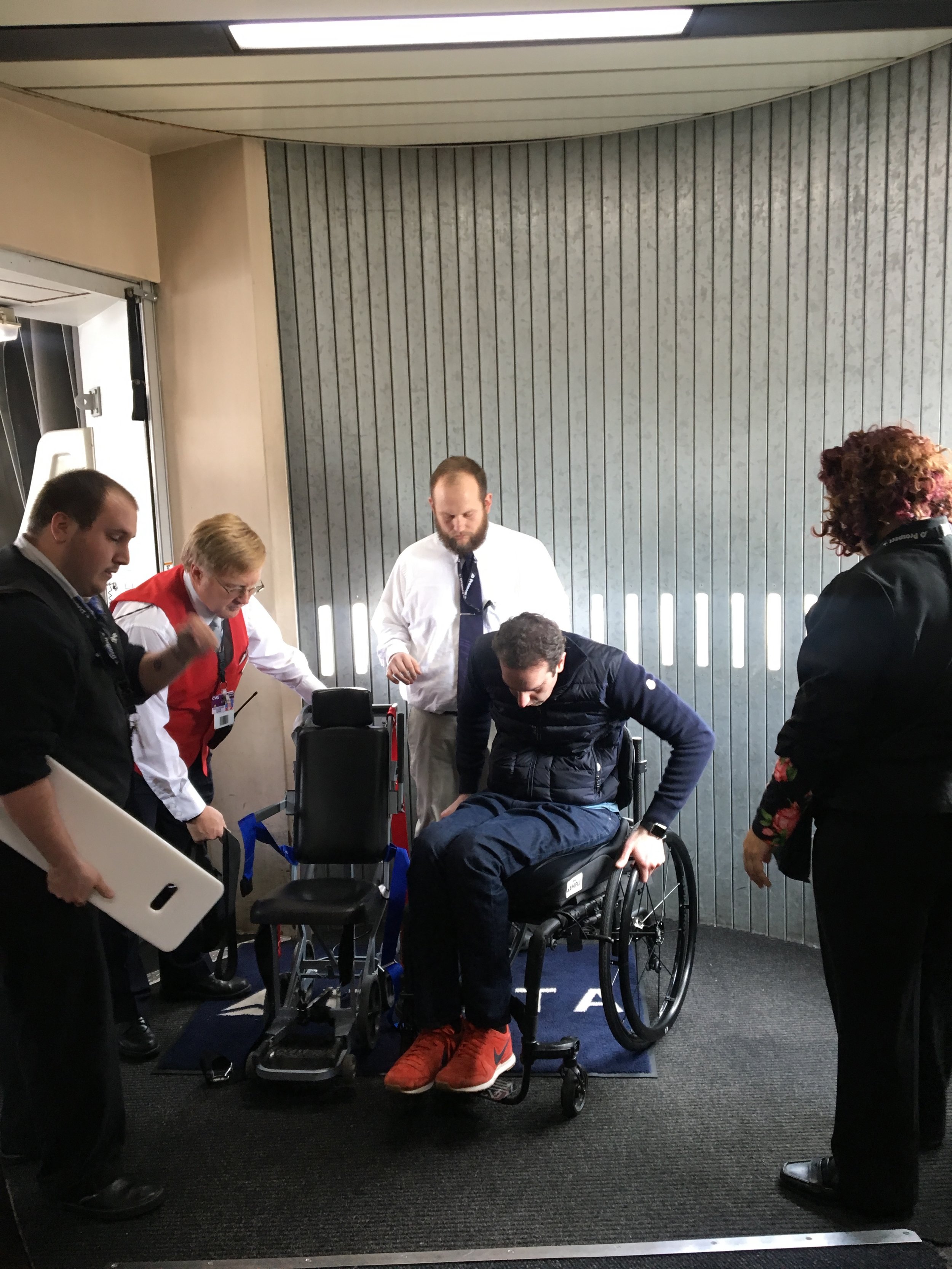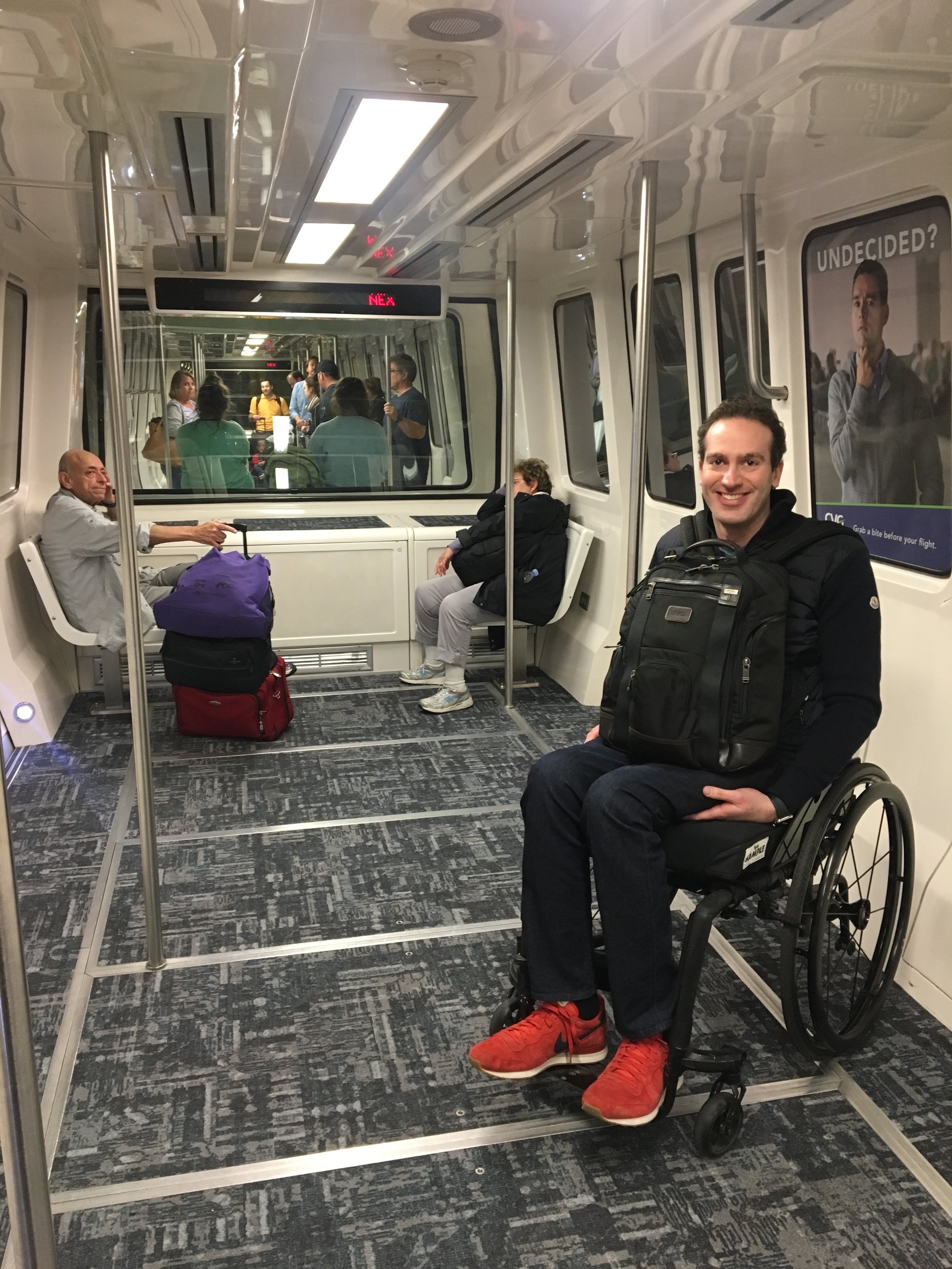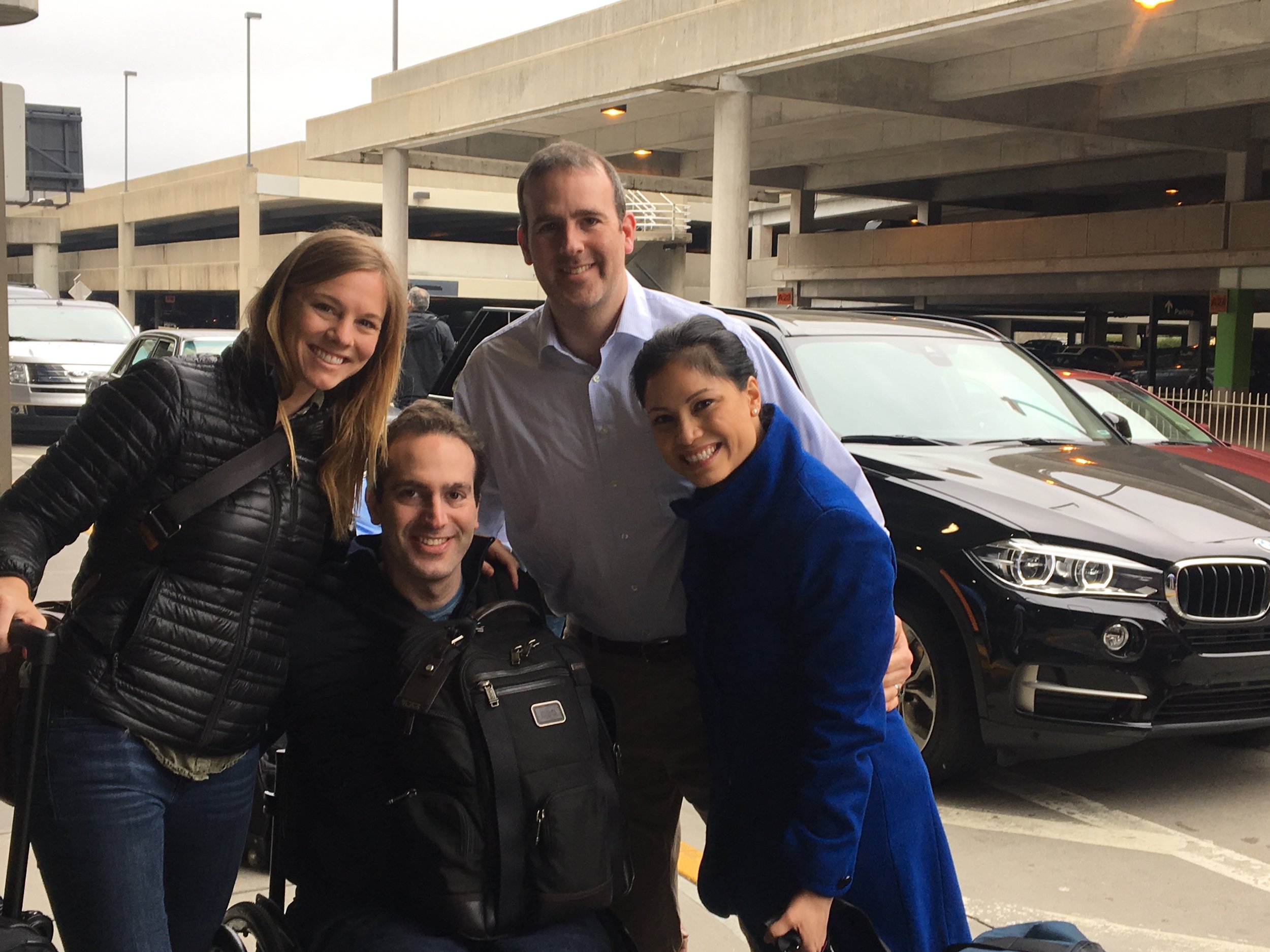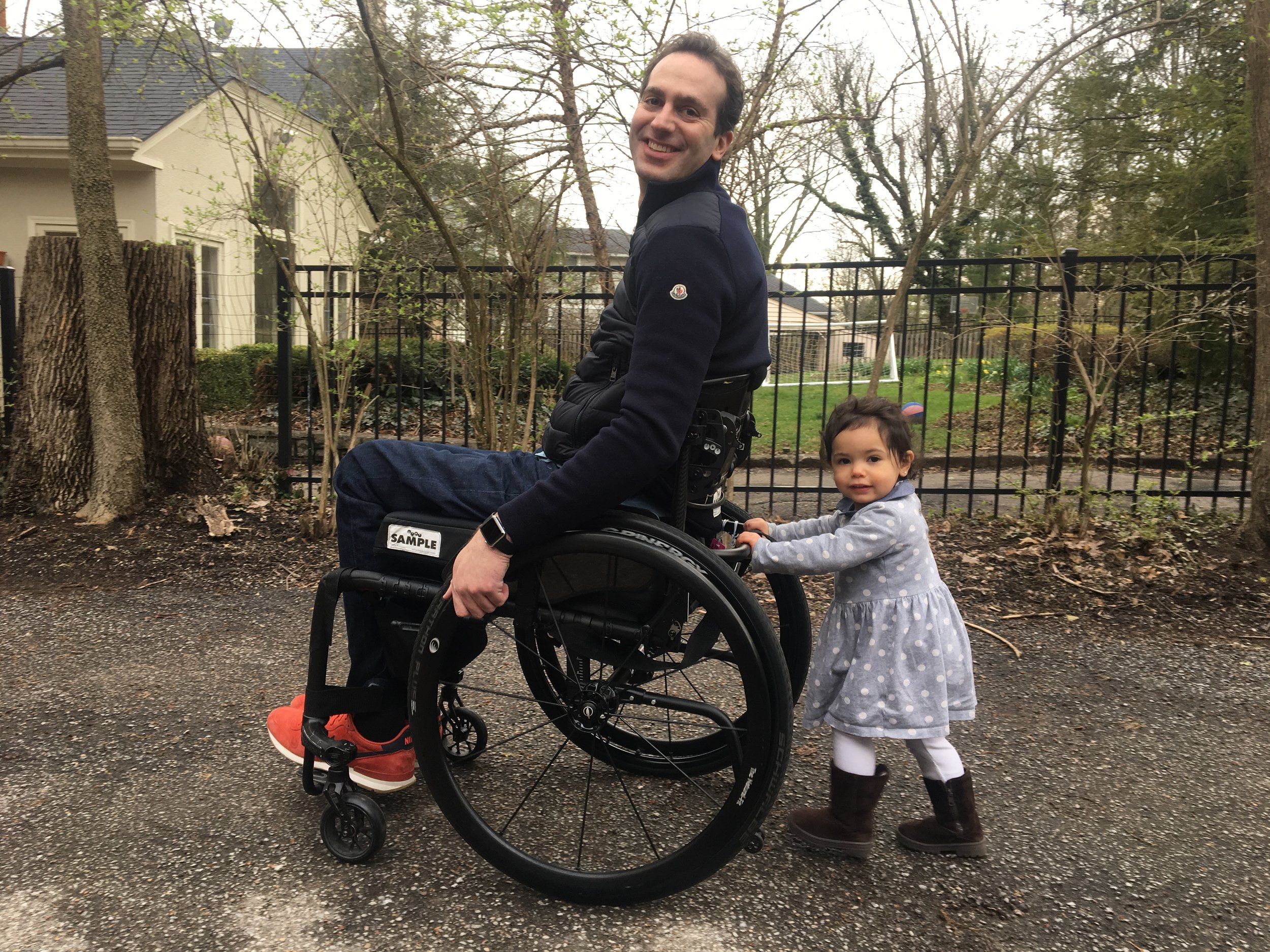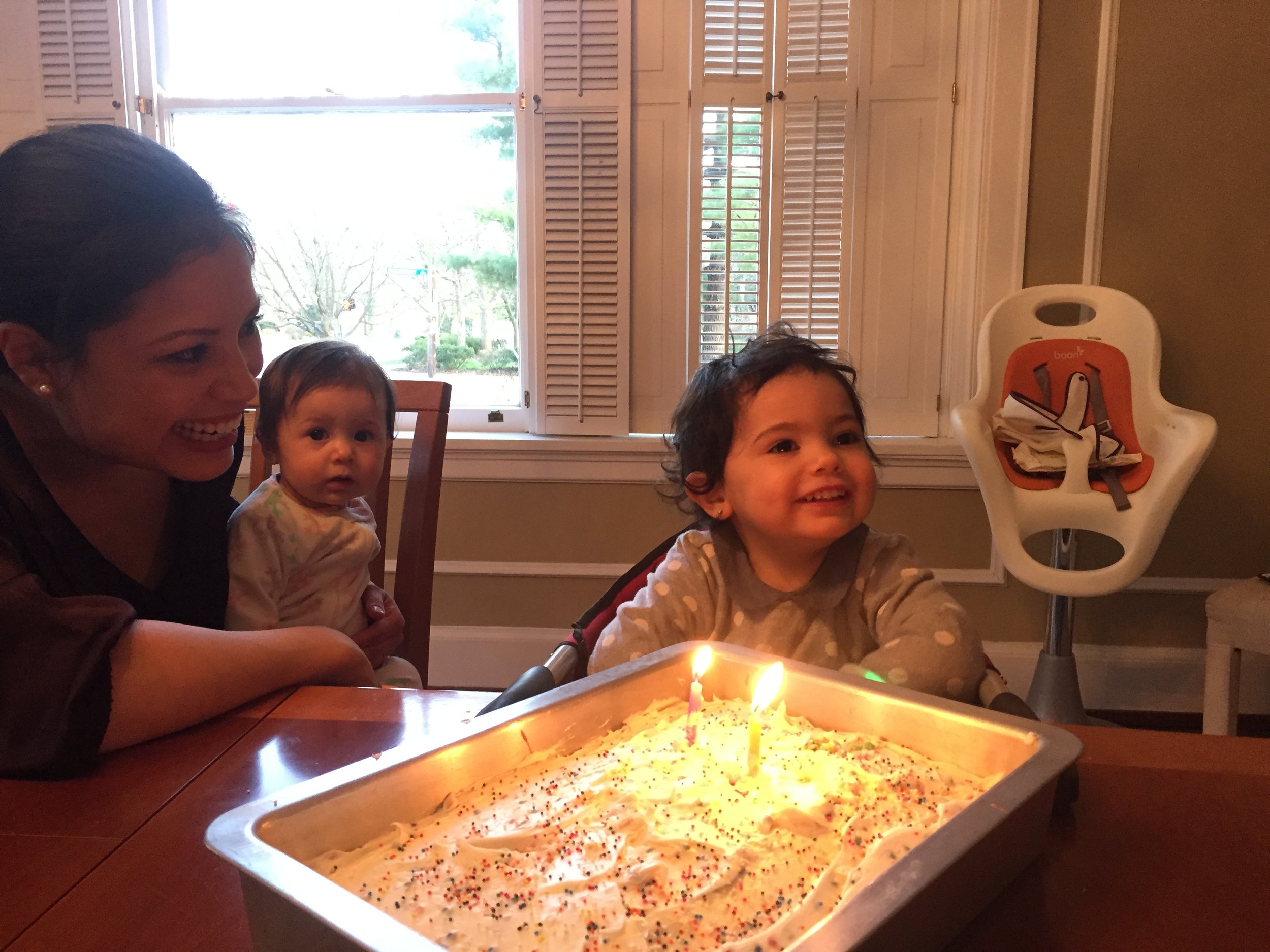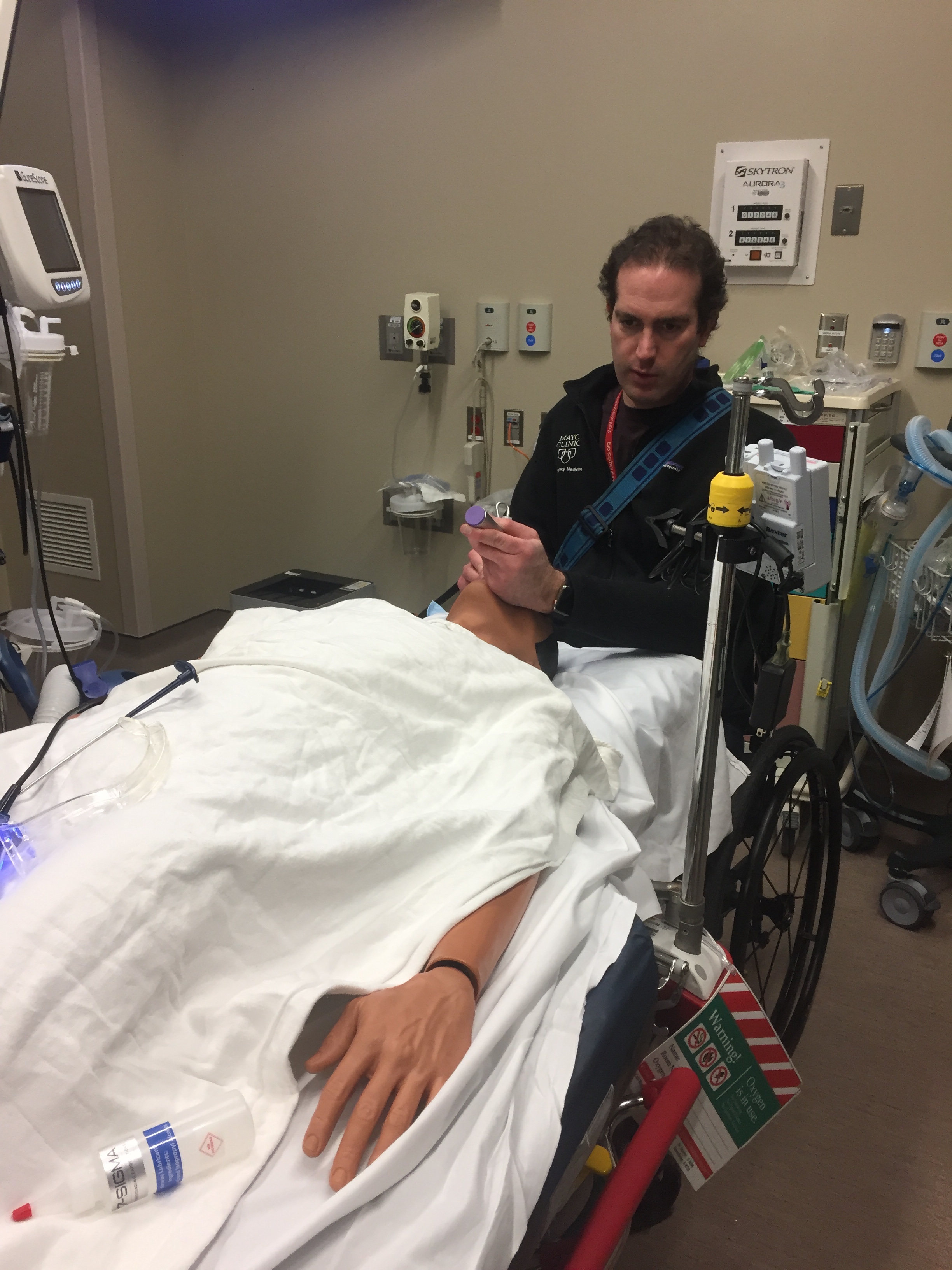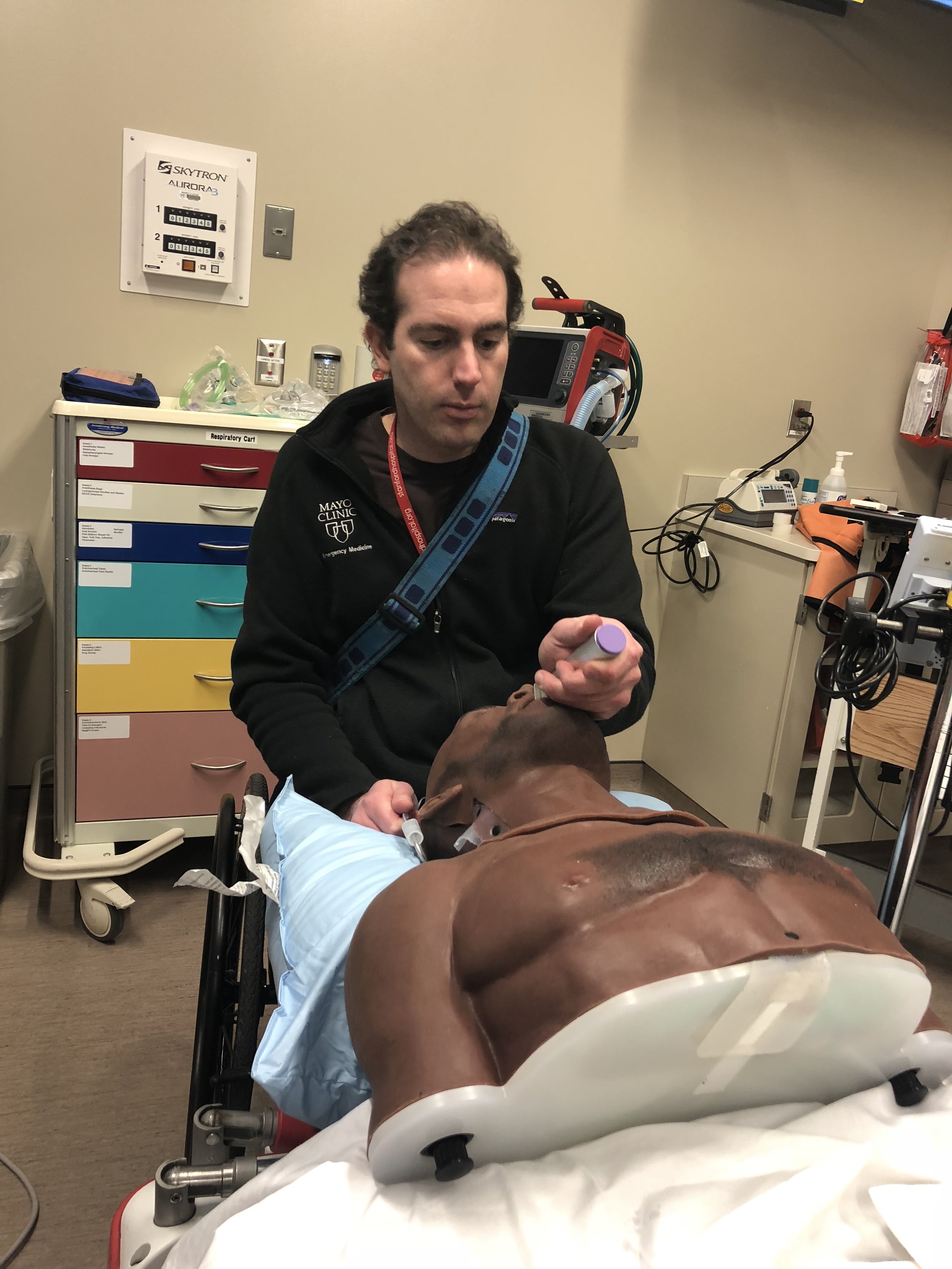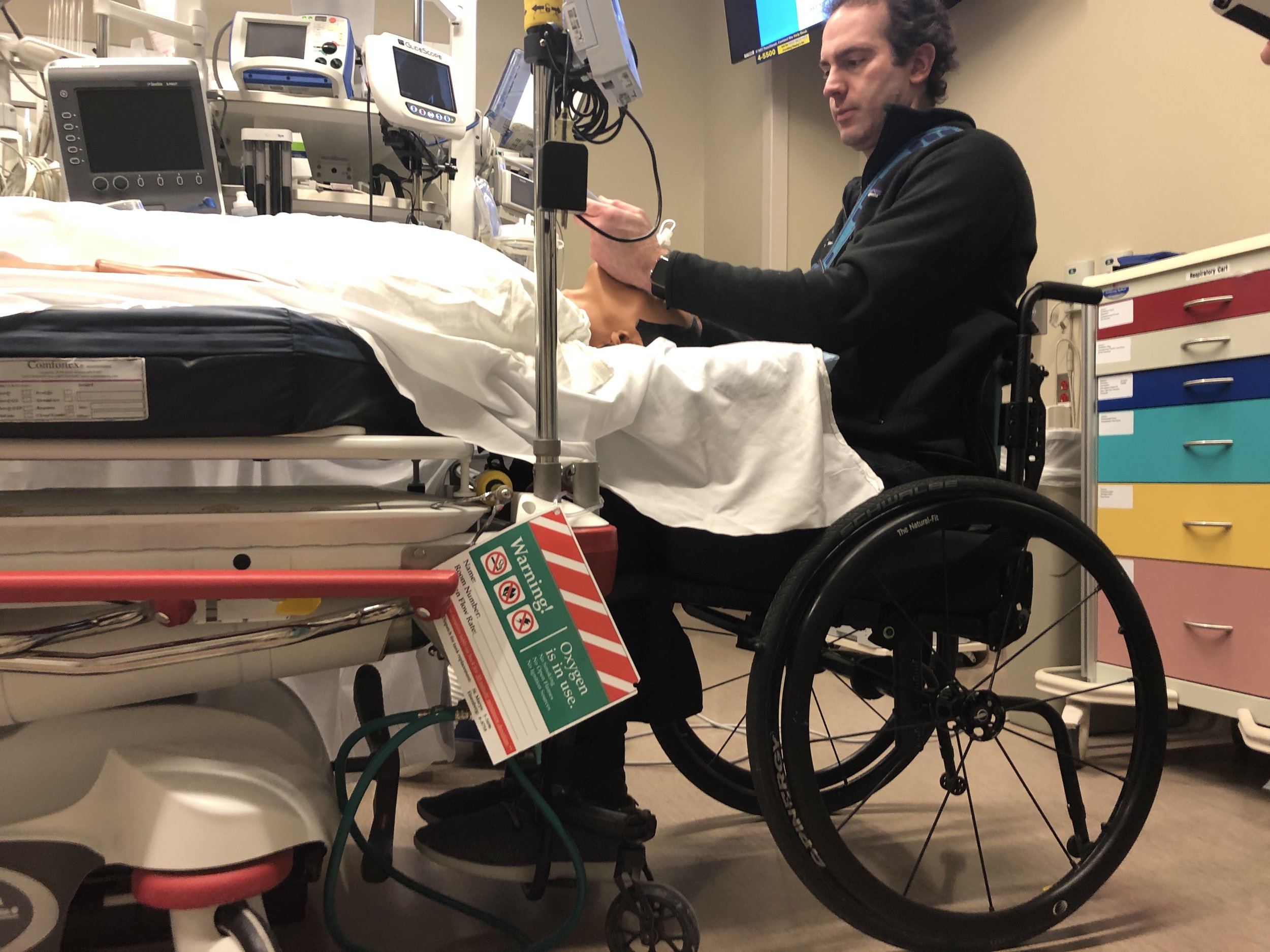5 Years
/It’s a bit inconceivable to me that I’d be writing about the five year anniversary of my accident. I admit that I was never able to think this far ahead, and I didn’t really try to see around the corners as I went.
It’s pretty remarkable that it has actually been this long. It seems like yesterday, and yet, it seems like a lifetime ago. So much has changed in the meantime, but in some ways I feel like I haven’t progressed like I envisioned or desired.
The lack of progression is mostly in my wheelchair life. I blame the global pandemic. And stagnation. I didn’t leave home much, so I didn’t get the daily workout that I was used it. You can only keep your muscles so toned when you move from bedroom to office to kitchen throughout the day. I stopped going to PT for a variety of reasons. I tried to do things at home, but I wasn’t a gym rat before and that hasn’t changed - my intrinsic motivation for fitness didn’t suddenly materialize.
Progress, though. I feel so grateful for the progress that I’ve made.
I have so much to be thankful for and so many people for whom I am thankful. I’ve become close with therapists over time. I’ve encountered other wheelchair users or folks with paraplegia who have provided advice and insight. I’ve benefited from kind human beings who respond to bizarre requests for help from a random dude in a chair. I have the most amazing friends, spread across the country and world, who I’m so lucky to maintain strong connections with. I have another group of incredibly close friends - the pick up the phone at ungodly hours or show up in the middle of the night types of friends. And I have my family - my parents, my brother and sister-in-law, my nieces, and of course my incredible wife.
As I reflect on my growth over the last five years there has certainly been a great deal. Some is simply organic growth of a human being getting older with shifting priorities that require me to be different. Others are maybe more inorganic, born of a catastrophic accident and the changes that I have had to incorporate in my life and that others have graciously incorporated into their lives. I believe that I am today in a better position than I was five years ago, more able to be empathetic and more able to garner the trust of my patients. I like to think that I am more patient but that might be a stretch. I am more able to take situations as they come, believing that we can figure out an optimal outcome from a suboptimal situation. The truth is that I control for as many variables as I can in advance and also that I have become better at compromise. Patience and compromise are not my strong suits, but I hope I am growing in this area. I’ve also grown professionally - I’ve added another lens to my work, that of patient-navigator-of-a-complex-health-system. I thought I understood some of these things before as I’ve put on my business hat to try to influence change in the system, but as I’ve had to navigate it myself, I’ve found more of the nuance and specificity than I knew before. That, of course, informs how I think about change in the system.
Over the last several years Ashley and I have also traveled a lot more. As safety improved and borders re-opened, we took advantage of the opportunity to explore. We explored countries together that we had been to individually and visited countries that were new to both of us. There are always challenges, both logistical and emotional, in travel. These were no exception, but it was lovely doing it with my partner. I count myself as very lucky to be able to do what I love once again, though certainly quite differently.
Perhaps the most seismic change has come in the form of our brand-new daughter, born just 10 weeks ago. This, too, I suppose is an inorganic change. A decision Ashley and I made, recognizing (or perhaps not) the implications on our life. We are learning to parent just like all new parents. But we are also learning to parent with the added layer and complexity of disability. It’s not just a stroller and a car seat. It is a stroller and car seat and a wheelchair and all the things that every member of the family needs to be able to be out and about. It’s a crib and changing table that are accessible enough to allow me to do my part as a parent and don’t obligate Ashley to be the primary doer of whatever-the-job-is, but that also don’t look like the inside of a hospital room. (Big shout out to our contractor and master genius carpenter and dear friend, Chris Nelson, for figuring out how to make things that work for us!) And it will always be “easier” for Ashley to get out of bed to do a diaper change or soothe our daughter - but that’s not the parenting model that we aspire to.
I wrote up above about others graciously incorporating changes into their life. I recognized recently that others have a choice that they get to make. When I go to dinner at a friend’s house and there is a ramp, that is a choice that they made to welcome me into their home. When my brother and sister-in-law create an addition on their home with an accessible bedroom and bathroom, that is a choice that they have made to welcome me into their home. I recognize that is not a thing that people can universally do. (And, not having a ramp doesn’t imply that they aren’t welcoming me - but sometimes I get a bit verklempt when there’s a newly constructed ramp. A sense of adventure to “figuring it out” is all I can really ask for!) But the number of friends who have continued to show up over the last five years has been nothing short of incredible. They too had a choice to make. It is more difficult to have a friend in a wheelchair than it is to have a friend who is able-bodied. It is easier not to make accommodations than it is a figure out how to make things work. I recognize that people make a choice to have me in their lives as someone who lives with a disability. I recognize that Ashley has made a choice to be my partner in crime, to live her life with someone in a wheelchair, to have a child and parent with someone in a wheelchair, and to explore the world in a way that is more difficult than might have otherwise been had she made a different choice. I am extraordinarily grateful that people have chosen me, and I am extraordinarily grateful that Ashley chose me. My life is not without challenges, but it is my life, and I wake up every day with energy and positivity.
